Singing in all sorts of places at all sorts of times but most significantly when in the toilet, while showering and in shopping centres.
It just happens

Singing in all sorts of places at all sorts of times but most significantly when in the toilet, while showering and in shopping centres.
It just happens


Things break down almost before they emerge.
Staying motivated
Feeling relevant
Wanting to be alive
Feeling good about being old
Summarising the positives of each day
Appreciating political and religious leaders
Feeling intrinsic satisfaction.


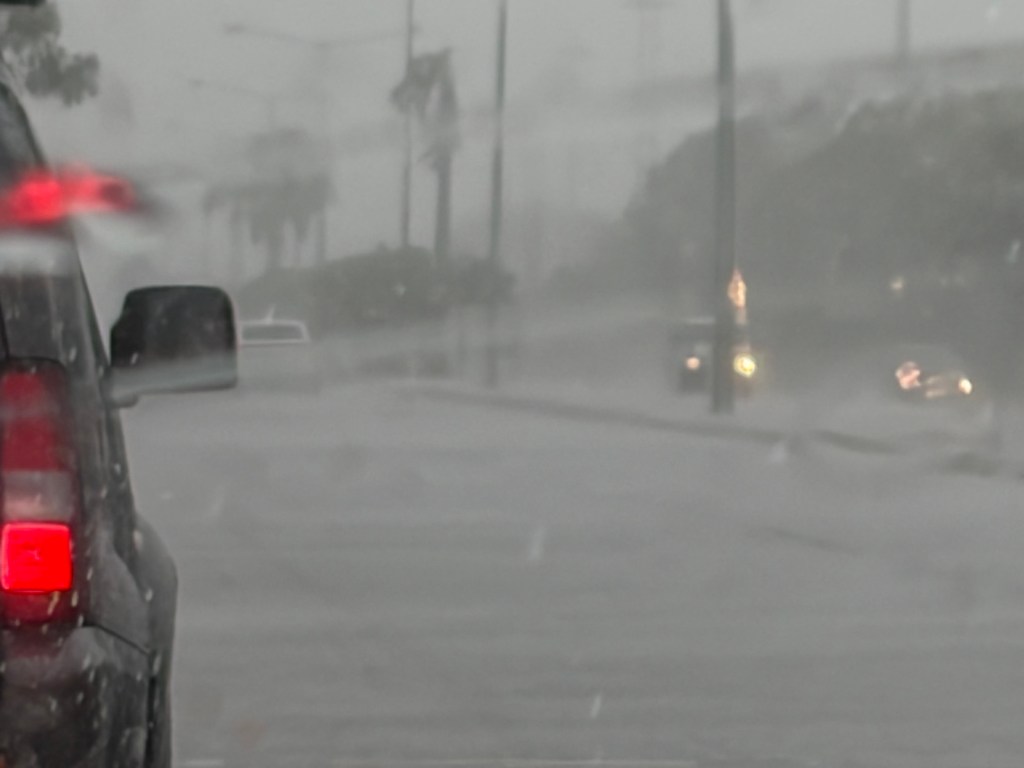

R





Sydney, behind at half time went on to win because of a 75 third quarter – the third best in AFL history.





Short sighted
Crap laden bitching and snitching
Listening to the Senate in Canberra this afternoon during question time, all I can say that this chamber of debate resembles and reflects a bloody awful mess of misplaced, patriotism, foolish and stupid questions, and quite inane answers. Not that anyone would hear the answers for all the squawking that is going on.
I have listened to this chamber before and it was a disgrace. It is always a disgrace.









“I am a man of many names”.



AI CONFIRMS
As of the latest estimates, the global birth and death rates are as follows:
These numbers can vary based on several factors including healthcare advancements, socio-economic developments, and changes in global health policies.
What is happening in the middle of the world from west to east is horrible Terror rules and missiles are doing the talking. Peace has gone Armageddon is spreading across the globe. What a transformation; it is literally a case of hell on earth.
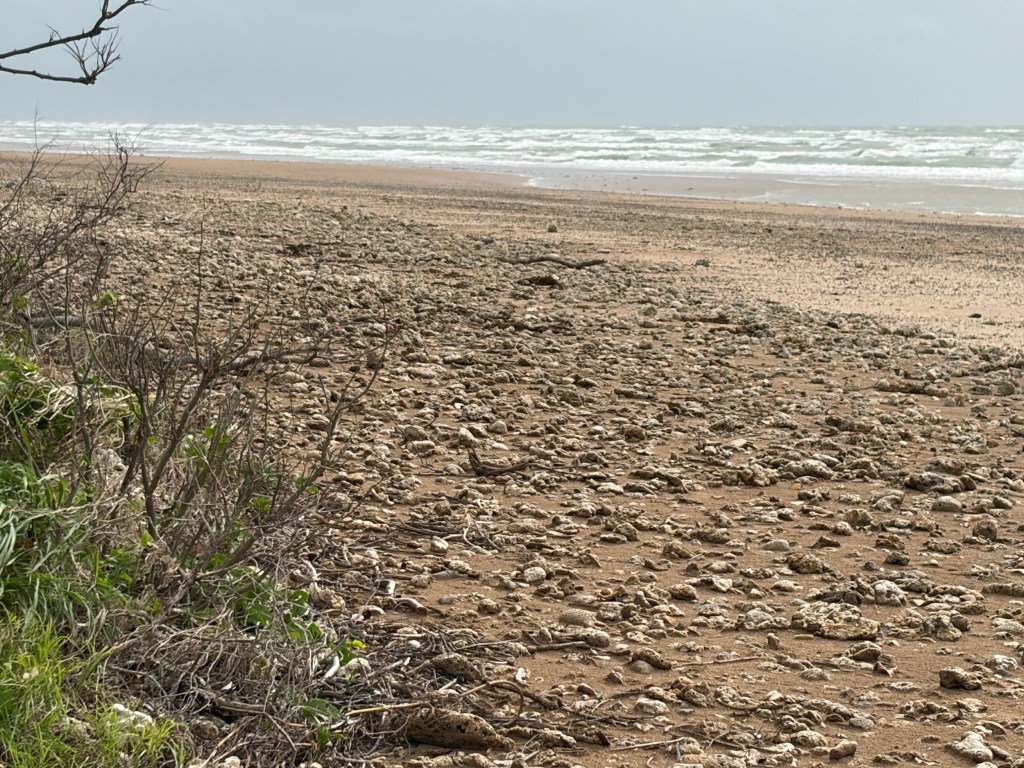

Q. In what way is Donald Trump like Phantom?
A. “Phantom has the strength of ten tigers” (Old jungle saying).
Shopping preference
Given some of the places we had to shop during years of outback appointments, I consider us lucky to have the choice of either Woolworths or Coles in Darwin. We shop in both, but I confess—a swing in preference to Coles in the past few years.
While prices are comparable, Cole’s offers outstanding opportunities for customers to earn credits toward some quality kitchen and dining extras. Since 2024, Coles has offered credits (One credit for every $20 spentand with bonus crdit opportunities) for kitchen knives, stone glass containers, European glassware, and now kitchen aid cookware. I have been able to obtain some quality items that help support members of our family in their business.
These days, Woolworths offers incentives of a less durable nature (cards and things) with appeal to children, but nothing of a long-lasting and practical nature.
In terms of comparison, it is Coles every time for me.
Shoes and socks
A writing tool
Essential foods and liquid


Canteen Lady = CL
Poor Old Henry = POH
CL “I’m a canteen lady”’
POH “Well, what do you know?”
CL “I’m a canteen lady and can help you to grow”
POH “Help me to grow!!??”
CL “Help you to grow”
POH “How?”
CL “With my nourishing food I can help you to grow”.
AND IT WORKED !


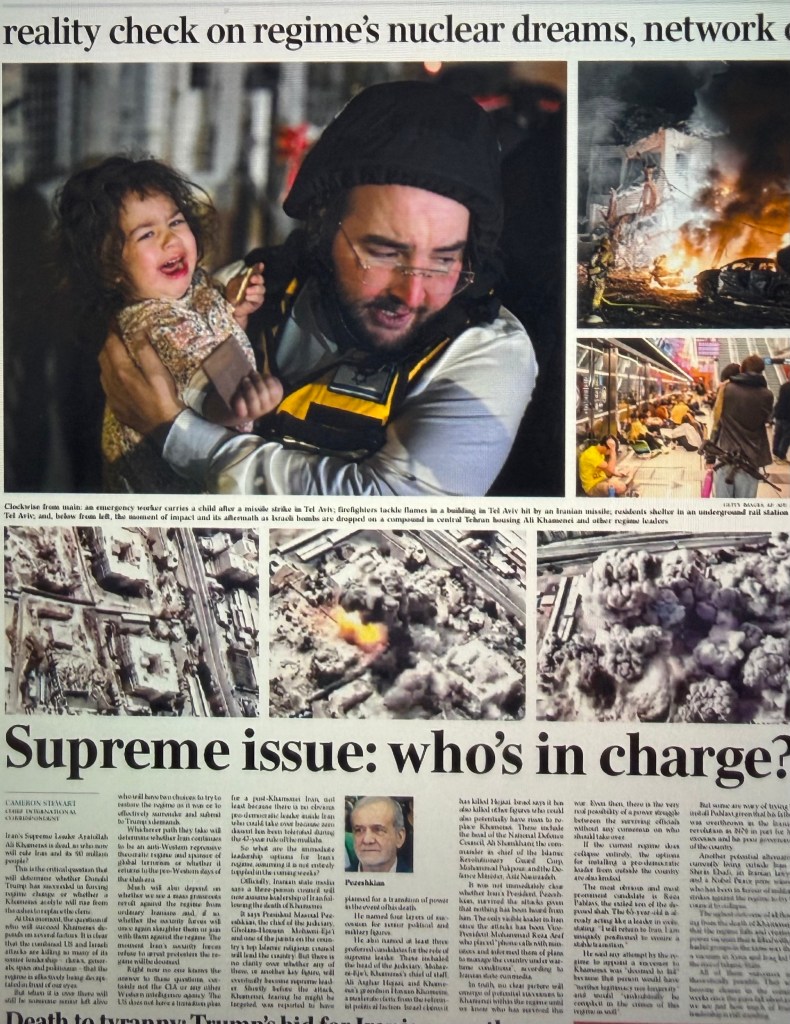

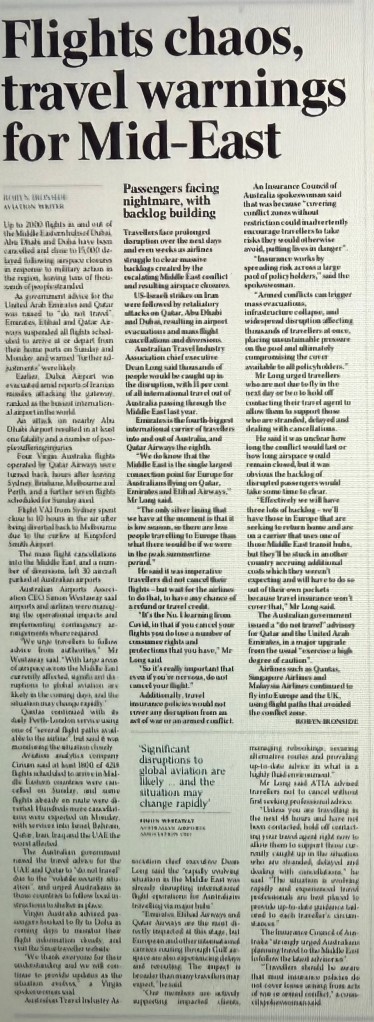

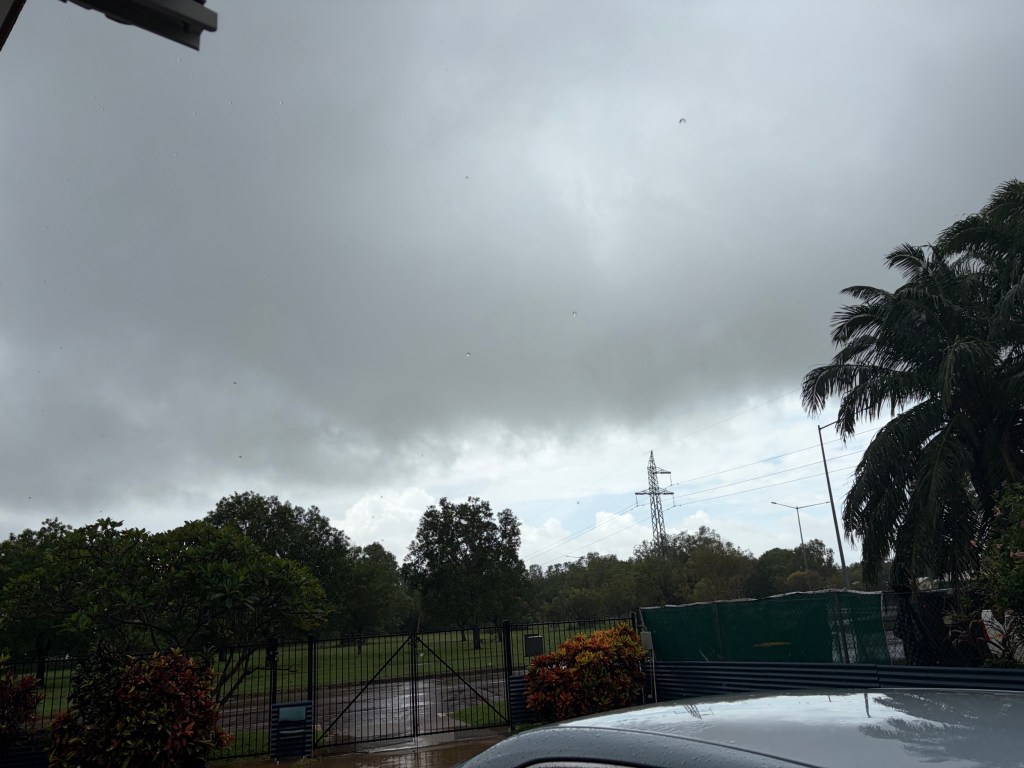
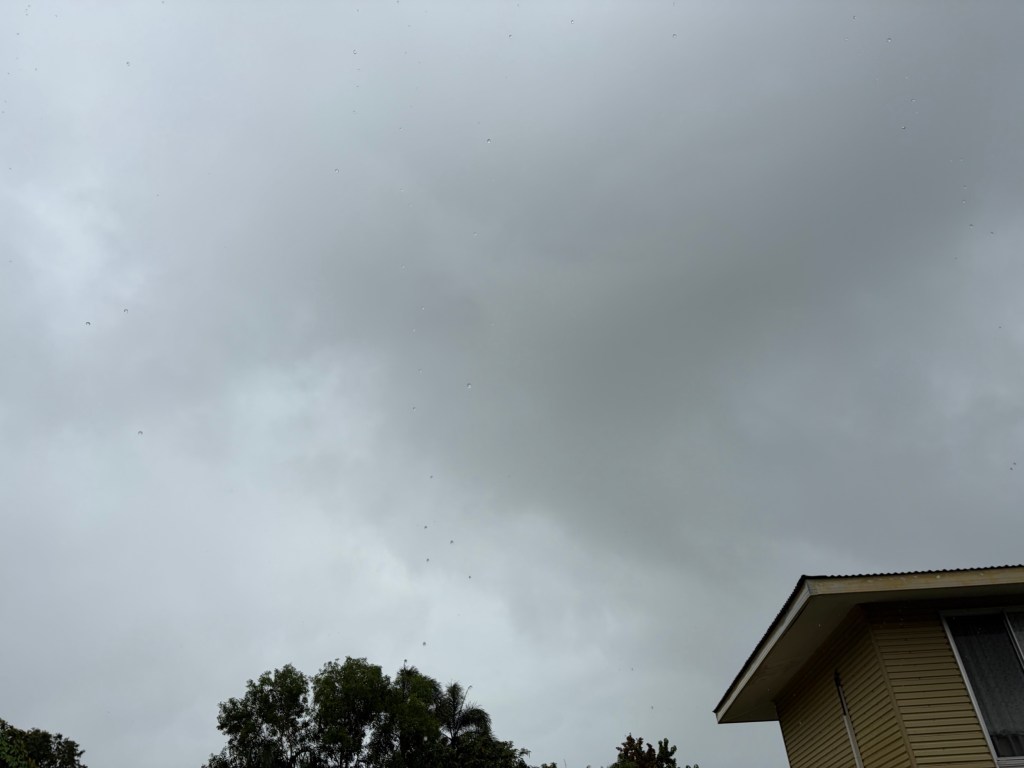

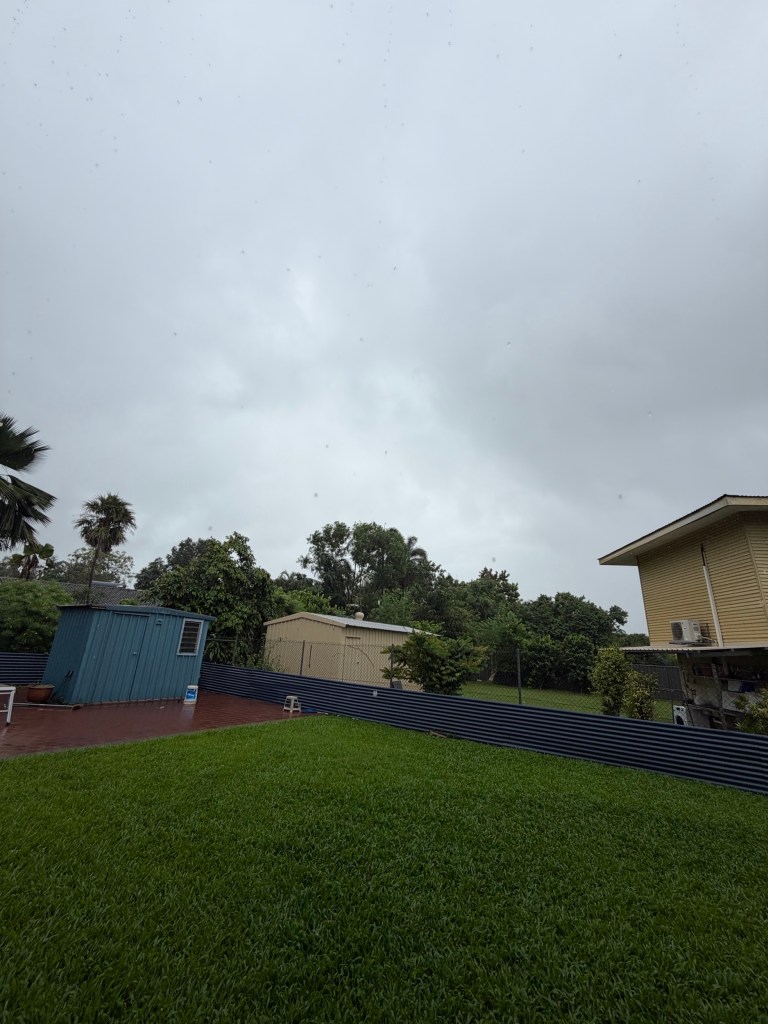
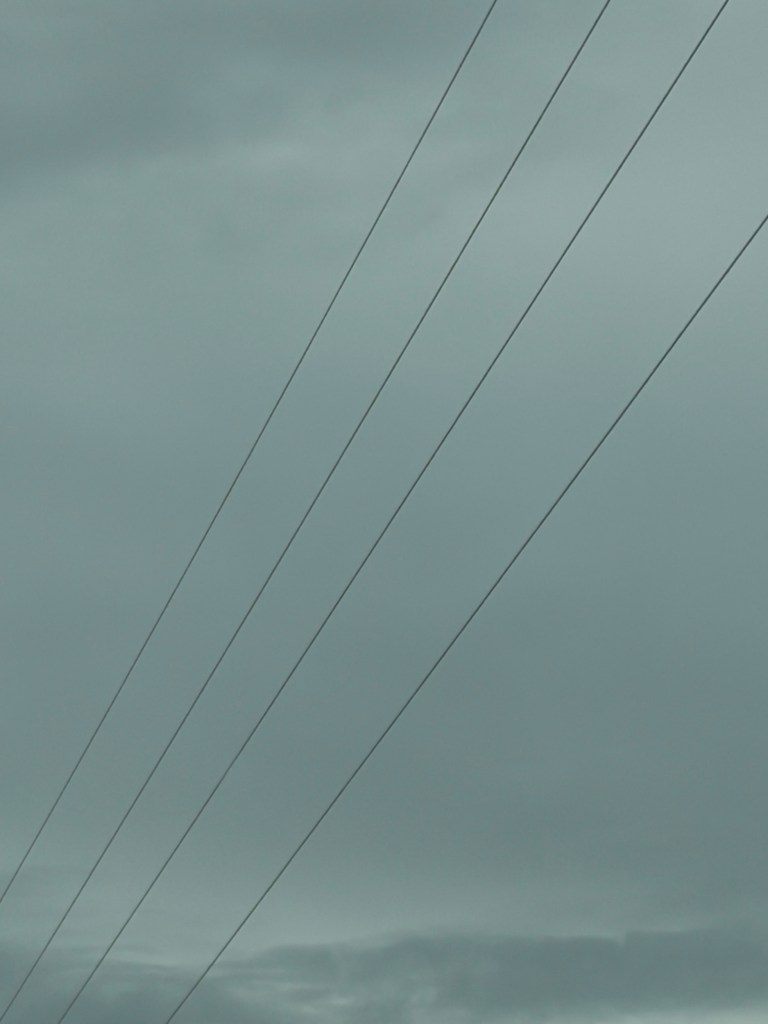

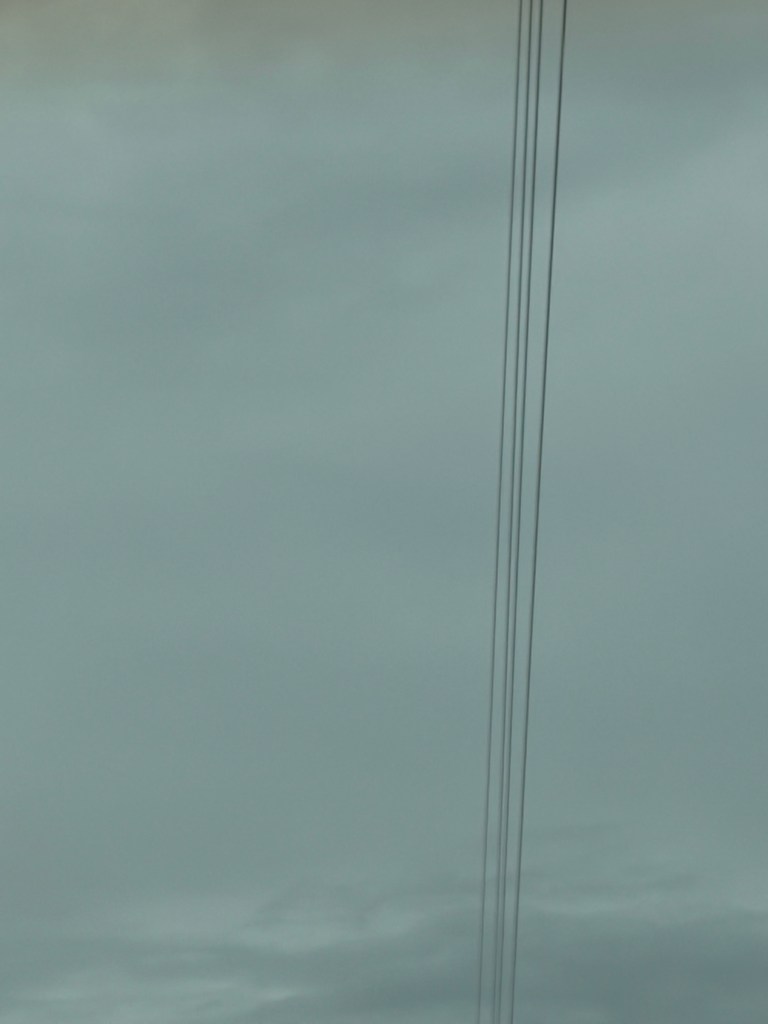

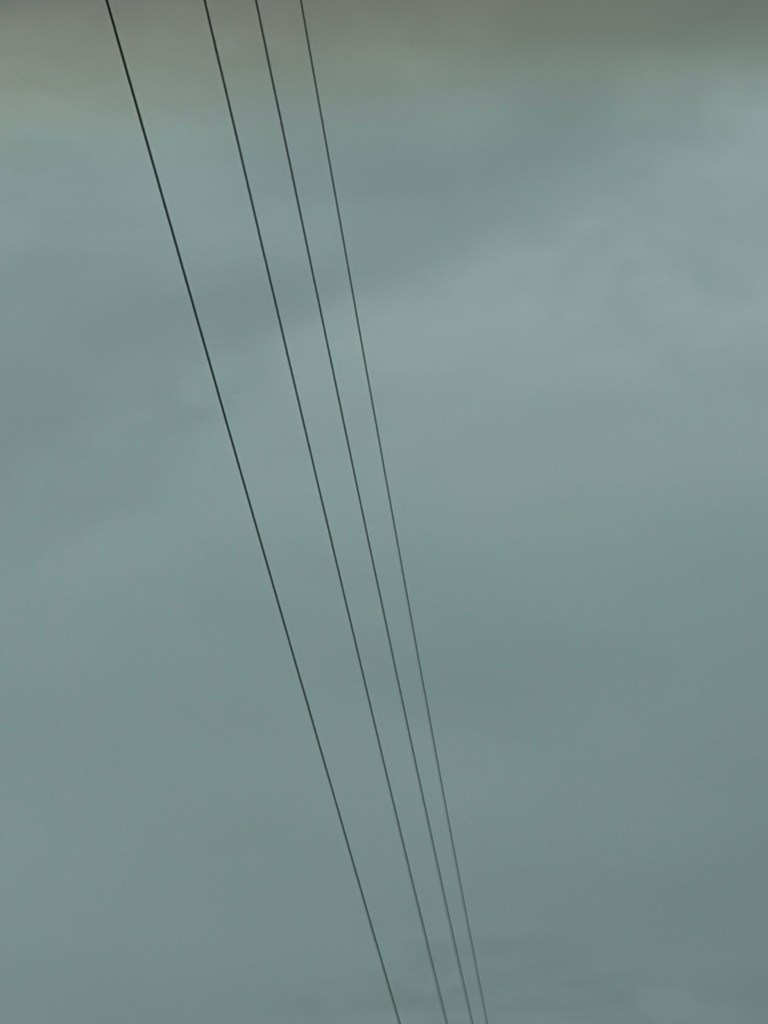

Absence from school
The issue of school attendance in both remote and urban school situations is one continuing to attract attention. That has been so for the past 40 years. Solutions are proposed but often not followed up by authorities.
In 2009 the enrolment of school age children became compulsory. However, there are still many school aged children in the Territory who have never been enrolled.
For children in urban schools, absence for a host of reasons occurs during term time . A major factor is that of families taking holidays during school terms when airfares and accomodation are cheaper. Attendance can be a problem for all schools.
Lead from the front.
Principals, school leadership teams and school councils need to be proactive when dealing with attendance issues. One strategy that works, is to encourage students on term time holidays, to develop a travelogue covering their experiences. This helps reinforce the learning children do while on family travels. Using media (photos and videos) to embellish adventures, adds to the written word. Trip diaries can be shared with classes and may even attract commendation and awards from classroom teachers and principals.
With a little imagination and by recognising travel as providing learning opportunities, these times away from school can become significant learning journeys for children.
While some parents request holiday assignments and worksheets, these are often not completed. That does not justify the time and effort taken by staff setting up these individual programs.
More than legislation needed
Legislating to solve attendance problems can be pretentious. The Tasmanian Government has decreed that from the beginning of 2018, no family holidays during term time will be allowed. Families will be liable for penalties of up to $2000 if they fail to follow this attendance directive.
Tasmania could have learned from the NT. We have legislation about school attendance, but when tested in court it has had very limited success. Further, the many steps that have to be actioned prior to any court hearing, are both lengthy and onerous.
There needs to be some follow up for all students on this issue, including recognition of children with outstanding attendance records. Mention in school newsletters and the presentation of merit certificates are two ways of acknowledging conscientious attenders. However, absences which result from family circumstances ought not be punitively treated. Encouraging children toward educational enrichment through their travels is
Published 13 years ago
Teachers, particularly Primary School teachers often wonder whether schools are schools. It seems that many including parents, politicians and the community at large think of them as creches. Accord hij ing to the Macquarie Dictionary a school is a place where instruction is given for children. A creche is a nursery where children are cared for while their parents work. It seems to many educators that parents and primary caregivers are muddled between the two.
I am not blaming parents for the social malaise of the early 21st century. Talking about parents, schools and children Jeff Wells (Weekend Australian 20-21 April 1991) wrote it is a sign of the economic times that many families have to offer their children to be brought up by institutions alternate the nuclear family because of economic imperatives.
Changes in Educational Perception and School Definition
During the past fifteen to twenty years, for instance, teachers and office staff have become increasingly the minders for sick children, They are sent to school when unwell because parents cannot afford the time off work to care for them. The phenomena of unwell children spending their days in school medical rooms is exacerbated by industrial relations laws that either don’t recognise or are unkind to the needs of parents. This is still the case, notwithstanding the changes to legislation that has lead to some apparent enlightenment and added employee entitlement under the Fair Work Act.This puts school staff into a position of being minders, with school too often like unto health centres.
Front and centre to this are children who will endure as much as they can when sent to school ill, because they fear consequences if parents are contacted by the school about their unwellness. Over my years as a school principal, I became all too aware of this phenomena.
It is during the past twenty odd years that vacation school care, outside school hours care (before and after school) homework centres, school extracurricular programs for sport and so on, have sprung up. I have the greatest respect for the support these programs offer, but make the point that their necessity has been occasioned by parents who are increasingly obligated to work and occupational commitment. The modern world and economic necessity have prioritised their time, largely taking family destiny out of their parental hands.
Expecations coming down from On High
Added to this role expansion (some would say distortion) are in-school imperatives increasingly driven by Australian Government compliance requirement setting detailed agendas which put a real squash on school, learning and teaching time. principals and teachers in schools are feeling the squeeze like never before. Be it wise or not, school based educators appear to be increasingly supplicant to these demands; rarely if ever is debate about the wisdom or otherwise of imposed agendas initiated at school or system level. Schools and staff are expected to ‘stretch’ and cover curricular demands.
I recall Jim Spinks, a prominent Tasmanian school Principal and ‘practical academic’ advising that if things are added onto the school curriculum, items have to be dropped off in order to enable sensible accommodation. This exhortation is rarely followed meaning that schools and staff members become overwhelmed by requirements.
Metaphorically, schools are like sponges, given more and more to soak up: The capacity to endlessly absorb responsibility is reaching toward a perilous end-point. Confirming this is both anecdotal and empirical evidence attesting to teachers leaving the profession in increasing numbers. There is only so much a body can take and there is a huge lack of appreciation offered schools and staff members.
Aspiration and Actuality
Caring educators believing in and practising quality education always aim to meet the needs of learners. However there is an onus on society, its governments and its institutions to make sure schools and educators are affirmatively recognised and appreciated. Meeting the needs of children and students will be more likely to happen if education’s key servants – teachers and support staff – are given support, credit and recognition deserved for they role they play in educational and developmental partnerships.
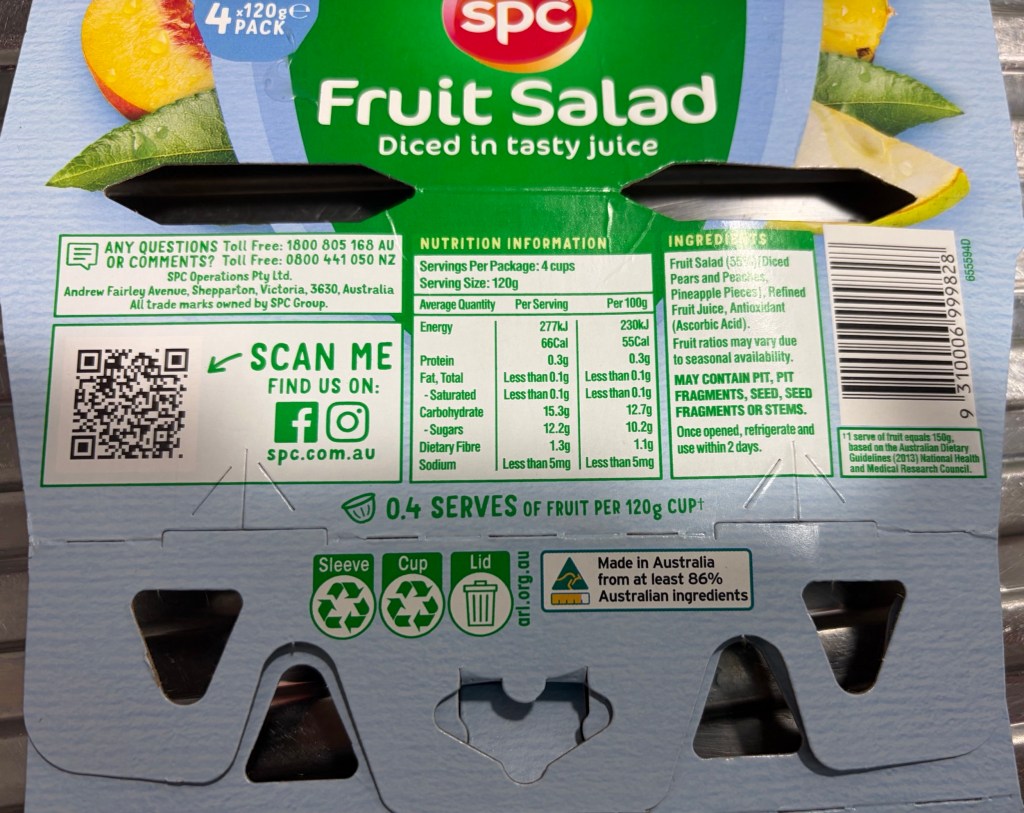





Where and when did Anthony Albanese purchase Toto or was she received as a gift?
Anthony Albanese’s dog, Toto, was not purchased but rather received as a gift. Toto was given to the Prime Minister by an acquaintance, and the adoption was highly publicized. The dog has since appeared as a beloved companion and has even been gifted items by various dignitaries during official visits, such as clothing and accessories from Indonesian President Prabowo Subianto.
For more details, you can read about it through this article about Prabowo’s gift to Toto.
Does Toto the Prime Minister’s dog eat at the table with the Prime Minister?
Yes, Toto, the Prime Minister’s dog, is often seen as a beloved companion and is allowed to eat at the table with the Prime Minister during informal meals. This practice highlights the affectionate relationship between the Prime Minister and Toto, demonstrating a more personal and approachable side of political life. However, the details can vary based on the specific circumstances or the preferences of the Prime Minister.
As the Prime Minister’s dog, does Toto receive a living allowance or any special benefits?
Toto, as the Prime Minister’s dog, is often regarded as a public figure and may receive special attention, but there typically isn’t a formal “living allowance” for pets in government roles. However, the dog might benefit from the following:
While these points indicate some level of indirect benefits, Toto does not receive a direct living allowance like a human official would.
Does Toto the Dog have her own special room at The Lodge?
Yes, Toto the Dog has her own special room at The Lodge. It is designed to accommodate her needs and is decorated in a cozy and comfortable manner. This room reflects her status as a beloved companion, ensuring she has a personal space to relax and enjoy. If you have any specific questions about Toto or The Lodge, feel free to ask!
Yes, Toto the Dog, who is Anthony Albanese’s pet, is indeed considered a beloved companion. Toto is a Cavoodle (a crossbreed of a Cavalier King Charles Spaniel and a Poodle) and has garnered affection from the public and media alike.
He is often featured in social media posts by Albanese, where he expresses a connection with the dog, showcasing their bond. The affection shown not only by Albanese but also by the Australian public indicates that Toto has a special place in the hearts of many, making him a popular figure as the Prime Minister’s pet.
For visual updates and interactions, you can follow Toto’s adventures and see why he is cherished as Australia’s “first dog.” For example, you can check out Toto’s official social media presence here.
Yes, there are several instances of couples celebrating their marriages in hot air balloons over stunning landscapes, including mountains and seas. Here are some notable examples:
These examples illustrate the romantic and adventurous spirit couples bring to their weddings, celebrating their love in the skies.
Yes, there are records and experiences of individuals taking ice baths in very cold locations, including igloos and frozen natural bodies of water. Here are some notable references:
These examples highlight the cultural practices and personal experiences related to ice bathing in extreme cold conditions
Yes, Vladimir Putin has had several pets over the years, predominantly dogs. Here are some details about his pets:
For more comprehensive information about Putin’s pets, you can refer to this Wikipedia page.
If you have more questions or need further information, feel free to ask!
Response
As of 2023, Narendra Modi, the Prime Minister of India, is widely regarded as the most admired political leader in the world, with approval ratings reported around 70%. This places him at the top of global leader approval ratings.
For more information, you can check:
On the other end of the spectrum, Vladimir Putin, the President of Russia, is frequently cited as one of the most despised political leaders, with disapproval ratings as high as 91% in various polls.
Additional notable mentions include:
To explore this further, here’s a relevant source:
I am told I have a grant or gift from SEDA to be delivered by FEDEX on receipt and confirmation a contribution of $1000 from myself. I wonder what this is about and have been told by others I know that they have received grants. Can you tell me more
It sounds like you’re dealing with a situation that may involve a grant or gift from SEDA (Small Enterprise Development Agency), which could potentially be tied to business se programs. However, the requirement to send $1000 before receiving the funds is a significant red flag.
For more detailed information, you can refer to the following useful links:
Always prioritize your safety and financial security with these kinds of offers!
I am proceeding with caution
The most expensive hotel in the world as reported is Lover’s Deep Luxury Submarine Hotel with prices exceeding $250,000 per night. Other notable mentions include rooms at hotel chains like the Mandarin Oriental, which can cost around $43,000 per night.
As for the cheapest hotels, they can be found for as low as $14 per night in countries like Indonesia. This makes Indonesia one of the most affordable places for budget travelers.
If you’re looking for hotels within specific budgets or types of amenities, I can help search for those as well!
Beautiful creamy butter on full sized bread slices from the Peninsular Bakery and Cafe in Nhulunbuy Northern Territory, then heaped with spaghetti.

Dump the word and everything for which it stands. It has brought abomination into this world.

Once a favourite – always a favourite

David Craig
“To protect Australian citizens”.
Well the job is NOT BEING DONE


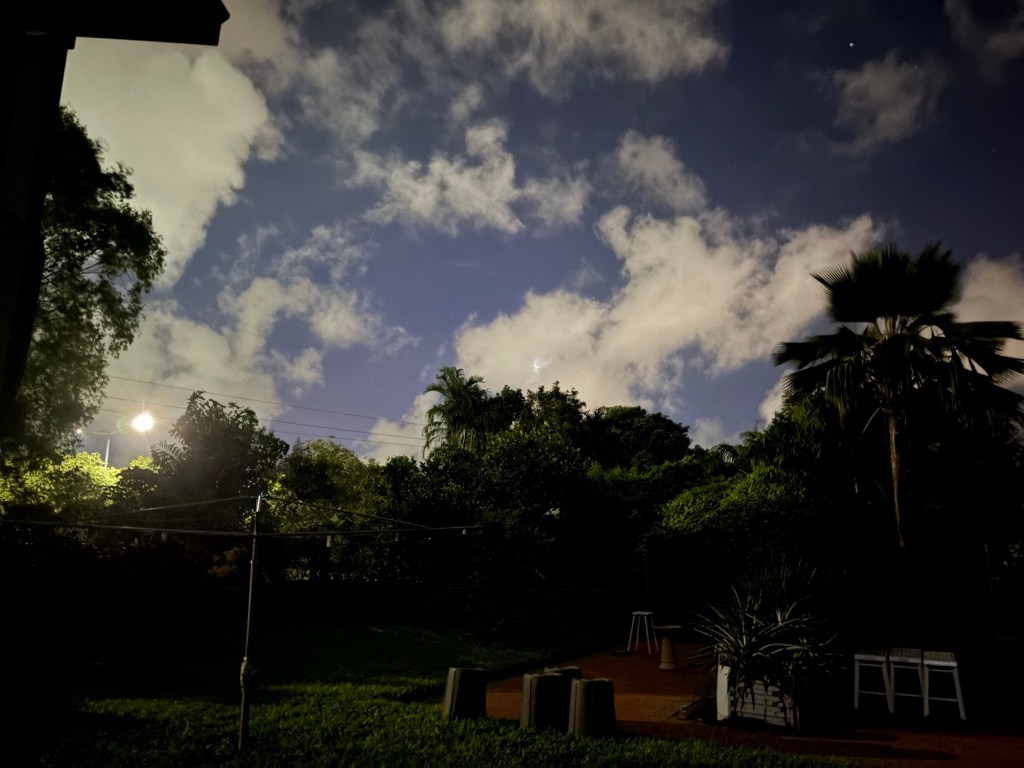
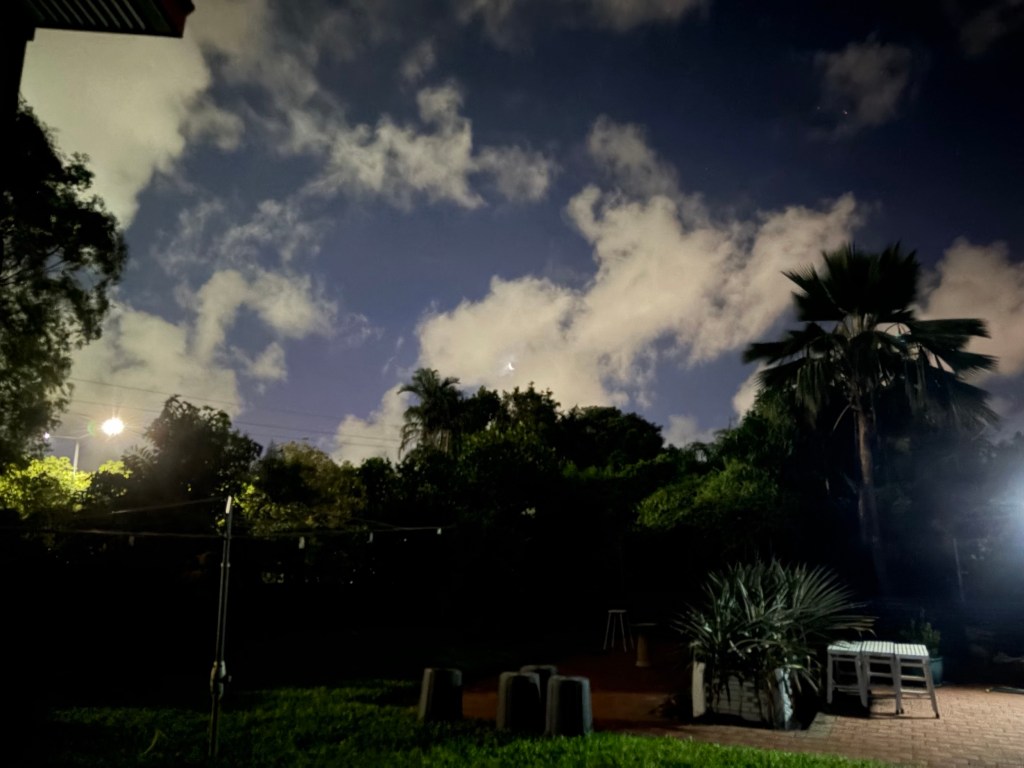

Has a dog that is SO MUCH BIGGER

Than Toto the Bow-wow.
Mascots and Emblems
Only requirement – imagination
Go for it and have fun.
Charles Darwin University did not experience antisemitic behaviour 25/2/26
It is to the credit of the Vice Chancellor Scott Bowman and the University Board that none of this antisemitic behaviour ever penetrated the Charles Darwin University Campus
I live in Darwin
I have family attending the University of
I know it did not happen.
Knocked this one back – WHY?
Radicalisation of older children 25/2/26
It is probably true to suggest that the older children in the group would, by now, have formulated thinking that indulges radicalised ideas. Brainwashing can. It has an enormous impact on impressionable minds
So I checked with AI
Could I register a ‘go-fund-me’ page to support travel for the immediate members of a politican’s family as a registered charity?
Registering a GoFundMe page as a charity to support travel for the immediate family of a politician involves several considerations:
While it is possible to create a charity that could support travel for a politician’s family, it requires careful planning, compliance, and transparency to align with charitable laws and ensure proper use of funds.
I will do anything I can to support the families of our Politicans who give up so much to support their spouses and parents who give unstubtky of their time and give up so much to pursue what is best for us all.


Every thing
Any trip
Anywhere
Any hour
Any time
From 00.01 at the start of the 24 hour cycle
To 11.59,59 at the end of the 24 hour cycle.
My shoes
Are my
Constant companions.
My feet may wear out
Before they do.
Shoes.
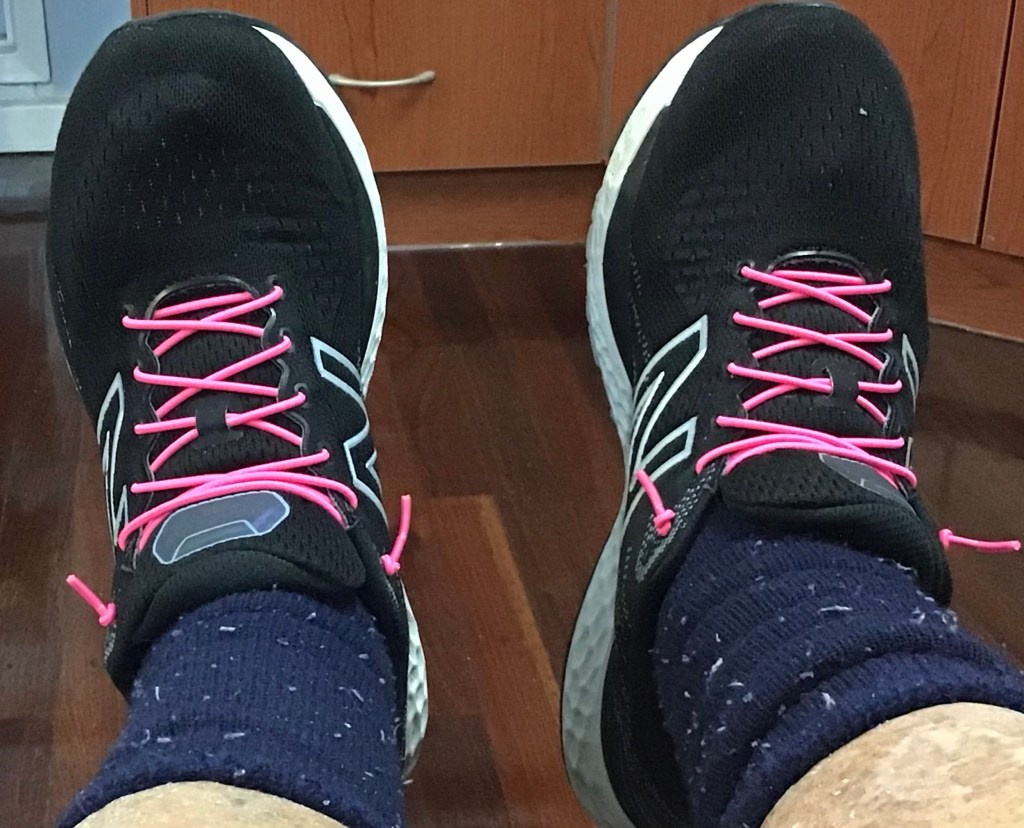
Were new
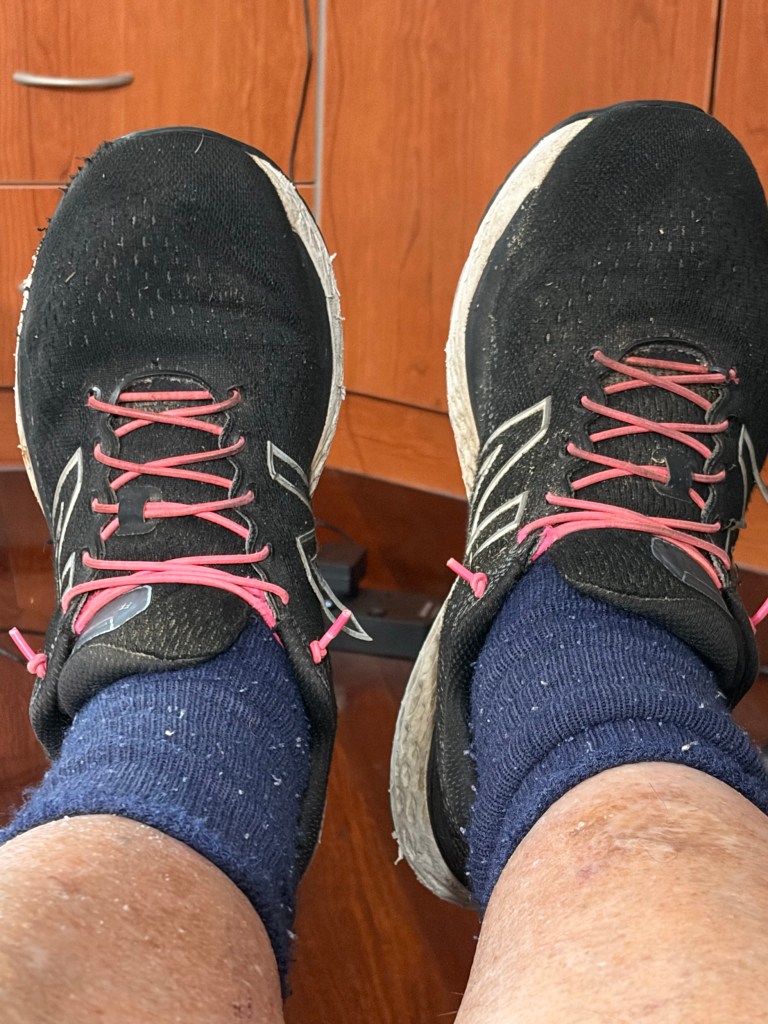
Just like Poor Old Henry

Charles Darwin University has undertaken a significant expansion of its campus, both interstate and overseas. Locally, academic and trades programs have multiplied, appealing to an ever-widening pool of students.
Suddenly, the university has been jolted by a spoke in the wheel of self realisation about course shortfalls. Sadly, that means many students have course requirements that need to be addressed, while key university leaders are lost in the necessities of redress.
I recall words of wisdom addressed to school leaders at a national conference held in Darwin in 1992. Frederick Wirt, the Professor of Political Science at the University of Illinois (USA), spoke with delegates. His address was titled ‘Will the centre hold?’ Wirt lauded growth, development, and expansion, but cautioned that it should never be at the expense of consolidating and reinforcing programs already in place.
Our university was established on a solid foundational base. I hope that what has happened is a temporary aberration, with the CDU maintaining steady growth and development for all, and particularly our domestic students.
Not all fictional nonsense
You are not right for each other.
You are not suitable
You will never be comparable
Your relationship will quickly sour
Hour after hour
Day after day
Week after week
Month after month
Unsought unwanted forecasting advice.
Finally
FINALLY
Shut down.
Nearly
Sixty years later
We are still together
And so very happy
We found
Each other
All those decades ago




If ducks and geese numbers reduce, the hunting season in the NT is shortened.
No matter how many. Ukrainians are killed or injured and no matter how many Russian troops are killed, the Putin killing season is never stayed.
Getting used to being old and comfortable in my own skin./3
When discussing issues related to First Nations people, one has to be very careful to state the obvious without stating the obvious. When writing, especially in letters or comments for publication, the content of what is written – its purpose and meaning – has to be buried in inferential rather than direct language.
If you call it as it is, you are deemed to be racist.
The stability Australia once had and the predictable, developmental place it once was, made it easy to be patriotic. One flag, one people, oneness in purpose and spirit. That was in the pre-Whitlam era when obligation and responsibility were part of the equation.
The changes toward fragmentation of community and the tearing apart of the warp and weft of the Australian perspective were down to Whitlam – an out-and -out leftist – and the focus of his government.
(I was not devastated or surprised when the Whitlam Government was dismissed by Sir John Kerr. At that time, I was a young educator at both Warburtin Ranges in WA (1974/75) and at Numbulwar, NT from July 1975 onward.
In both communities, I saw firsthand what happened when PM Whitlam announced that Aboriginal Communities had to shift almost immediately from being managed, to owning and applying the principles of self determination and self management to their operations. Funding appropriations depended on this action.
Apart from staffing issues, the limited Warburton economy, based on cattle management, floundered.
At Numbulwar, a flourishing market garden, along with an established poultry industry—including 5,000 laying hens—went into immediate decline. Both enterprises had supplied market outlets from Groote Eylandt to Katherine. The market garden was left to be overrun by weeds, and the poultry industry completely collapsed.
[These are but two examples of the wanton run-down that followed the ‘enlightenment’.]
Whitlam Government policies at the time demanded an immediate ‘ownership’ being foisted on people who had not been readied or trained for these responsibilities.
Community ventures in many communities were lost to the forced policies of the Federal Government at that time. So much was lost because the government made ill-considered haste.)
Whitlam’s other major contribution was to open Australian borders to all and sundry who wanted to flock in. Discontinuing the White Australia Policy was a good thing, but the management of the multicultural infusion that has followed has become less constrained and more open to the point of ‘anything goes’.
In essence, we no longer control our borders. The dam wall behind which Australia was contained, has been blown asunder; regardless of their political affiliations and motivations for moving, anyone from anywhere is welcome at any time with few questions asked.
The foundations on which this country stood when I was younger have been jack-hammered and splintered. Australia is now an unpredictable and unstable country.
That makes it hard to quantify patriotism.
It is 10.00 pm on February 23, 2026
In two hours time I will depart the septuagenarian years and become an octogenarian.
What now?
Where to from here?
I am an old man about to saddle up with another later of age.
Very, very old indeed.
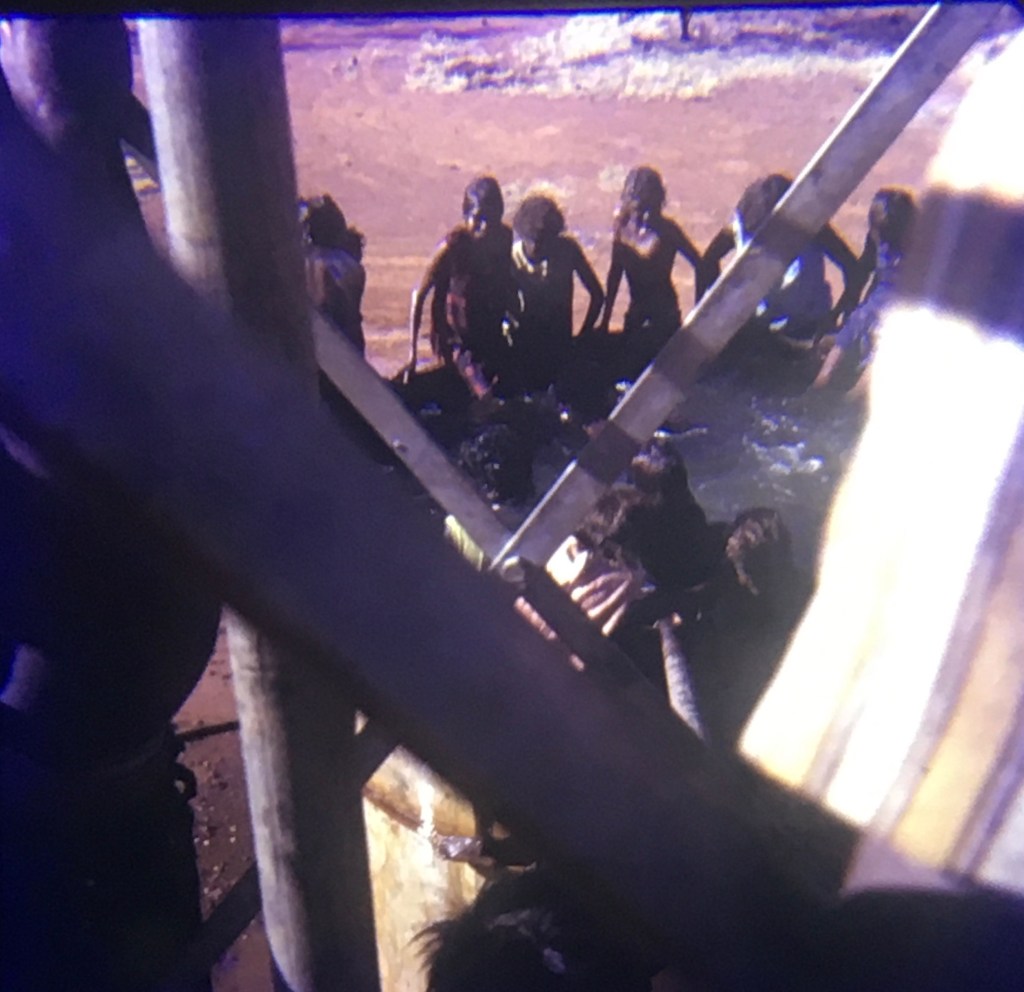
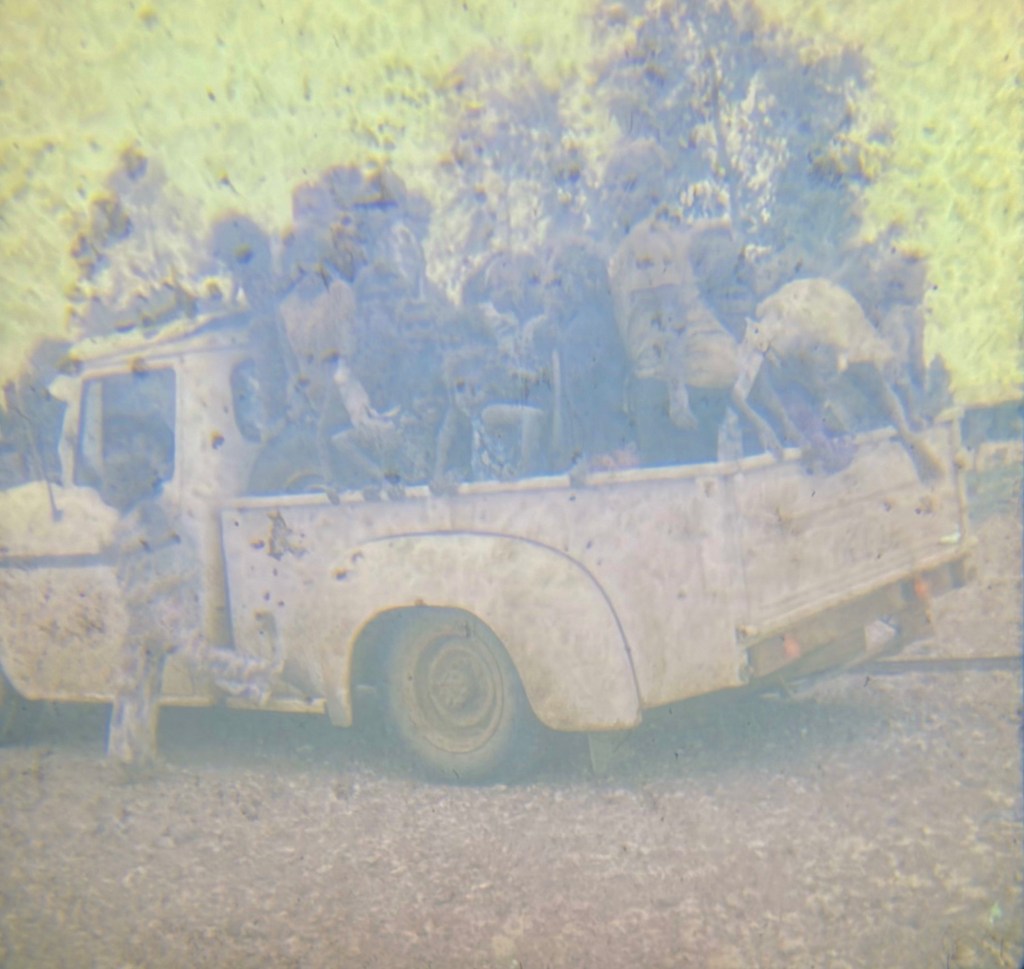
It would be the same advice I gave as School Principal Henry to two students paraded before me at the end of a school year.
The two were presented, without notice, by a parent who was flying solo with parental responsibilities.
I took the two lads, one at a time, into my office and said:
“Name
Be good
Sin not
Love the Lord
Respect your parent
Have a good holiday”.
To me 70 years ago, I would have said the same sort of thing.
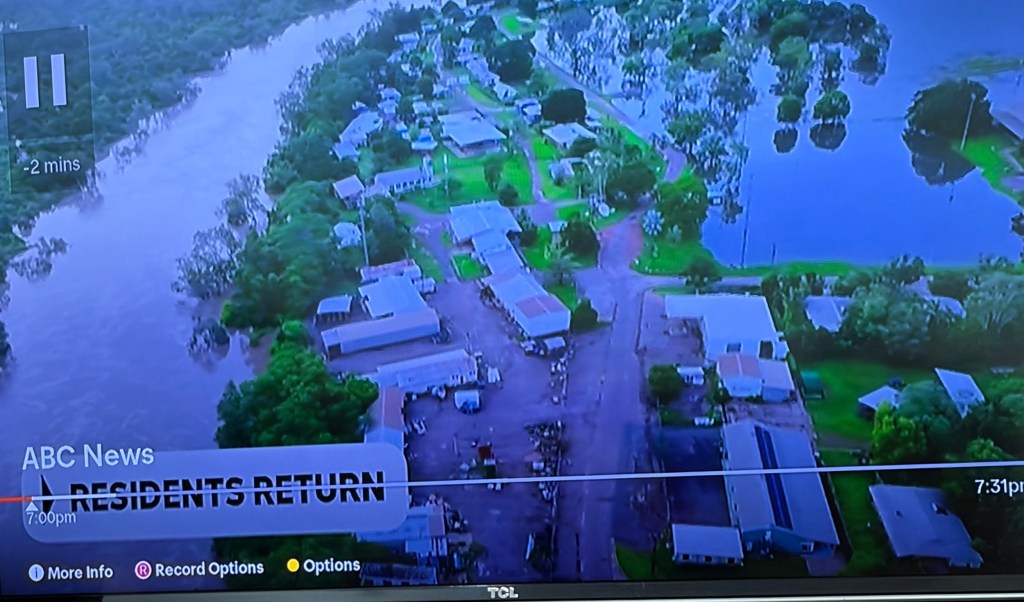


Dedicated to the appreciation of food I have, thanks to Nigella Lawson.
It seems that Geoffrey Epstein is becomng a major power broker and influencer from beyond the grave.
THIS IS TRUE
“The Australian” is an outstanding paper. I subscribe online and buy paper copies of some issues to send to my family in Nhulunbuy, NT. My only concern is that writing to the editor is a waste of time because very little gets through to publication. I can accept that because I am a very old man and not an important person in the scheme of things. I write a lot in online comments and am bemused at times by being ‘not approved’ when what I write is the absolute truth.
Duck hunters have daily bag limits but the bag limit on Ukrainians is unrestricted.
Duck hunters are restricted to hunting ducks during daylight hours.
Ukrainian’s are under the gun 24/7 – day and night and in all weathers.
Duck hunters have an open season and closed season. The Russian President pursues Ukrainians 24/7 365 days a year and has done so for four years. it is always open season on Ukrainians
Unimpeded impeded
Yes,
Boredom gets at me every so often.
Watching,
Fanciful politicans spouting crass garbage.
Listening,
To people promoting peace when they are intent on war.
Seeing,
Macabre scenes without end on television about fights between Aboriginal people in rural and urban communities who expect authorities to sort their domestic situations – until the next altercation.
Knowing,
That countless reports, commissions, inquiries and examinations will yield recommendations that will never be actioned.
Understanding
That the world will continue its downward spiral confirmed at a futurist conference more than thirty years ago.
My wife.
Our children and their partners.
Our ten grandchildren.
Family
First,
Last,
Best.
DD
During the past three years, my wife has needed the support of the RDH – within the emergeency department and as a ward patient – on several occasions. When she is in the hospital, I spend the full visitor period allowed, with her. This has provided me with ample opportunity to observe process and procedure.
My coming and going both over time and recently, have broadened my awareness of the RDH modus operandi.
The staff, from doctors and nurses down to support and ancillary carers, do a very good job. The stretch placed on them at times is exhausting but is taken in their stride.
The most significant issue at RDH, across the ED and many wards, is the untoward behaviour of some patients, often heightened by some of their visitors. Conformity to a code of conduct that considers others is excused. Noise levels are bedlam and bed rest for many patients, an impossibility.
Royal Darwin Hospital administrators must address this issue if the atmosphere within the facility is to embrace the comfort and needs of all patients.

JUDGE NOT THE GREAT MAN
The court sends ripples
That’s so sad.
To counter Trump,
That’s too bad,
He will not rest,
Appeal he must,
In his decisions,
We must trust,
If we want Earth’s peace restored,
Then I dare to say,
We must be withTrump,
All the way
The very best?
Our own nuclear family – all of them.

“Wine is a mocker, strong drink is raging. Whosoever drinks (grog) is not wise.” Bible.
My last drink of alcoholic beverage was on February 22, 2012.
HE IS THE MAN WHO MEANS THE WORLD TO THE WORLD
HE HOLDS THE WORLD THE WHOLE WORLD IN HIS HANDS.
WITHOUT DON
WE ARE DONE.
Relating to Ex-Prince Andrew – and indeed many others!
Sexual urges can have disastrous consequences
Surely that is true
(The paper pondered for many hours before the rejection came through. Oh, to be a comments moderator.)
Frogs in the drains say “Rrrppppppp”
Frogs in the drains say “Rrrppppppp”
Frogs in the drains
When it rains
Frogs in the drains say “Rrrppppppp”

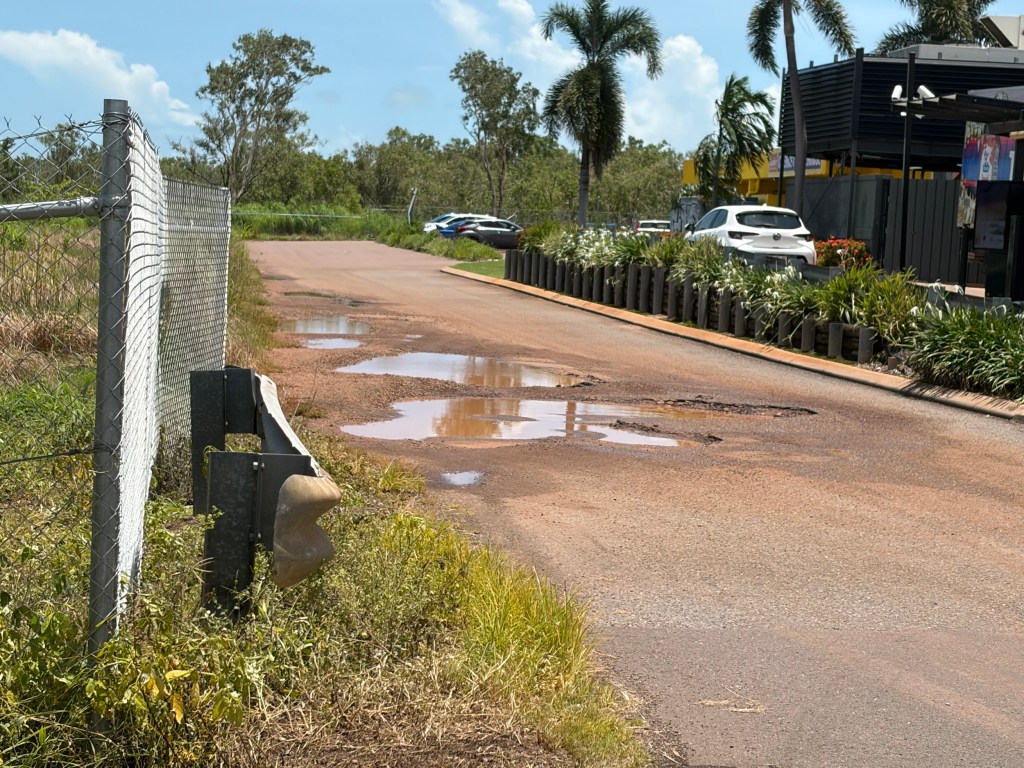
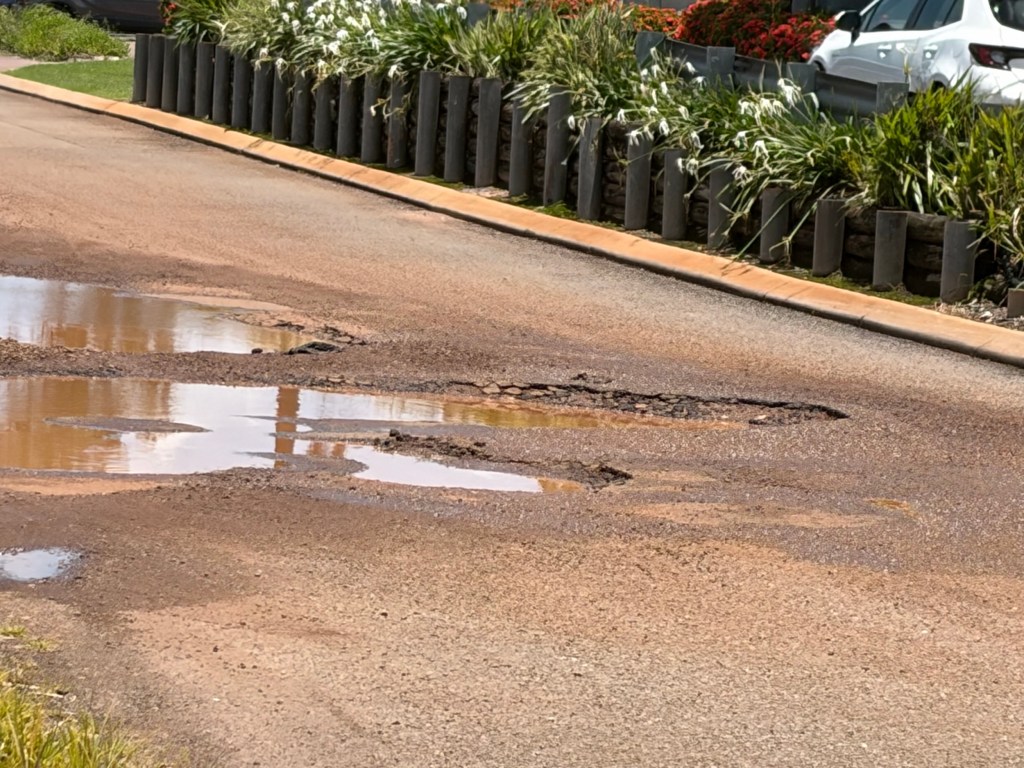
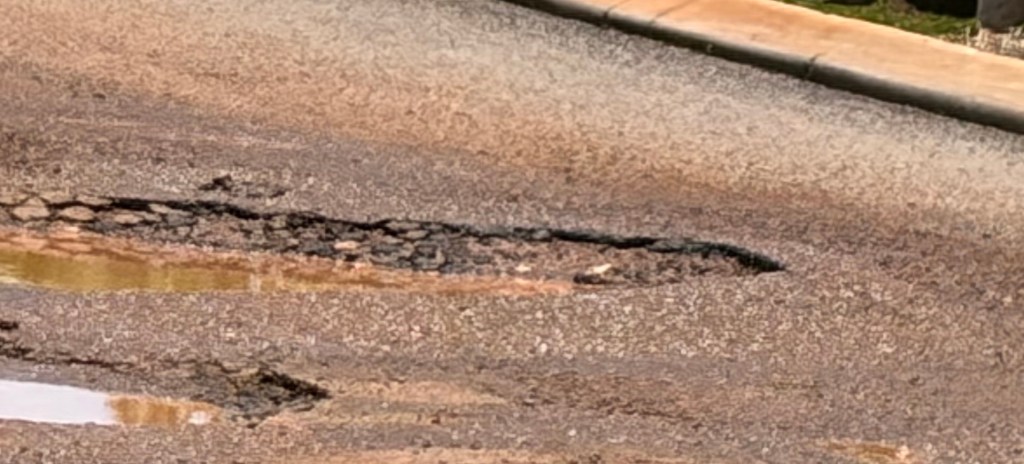

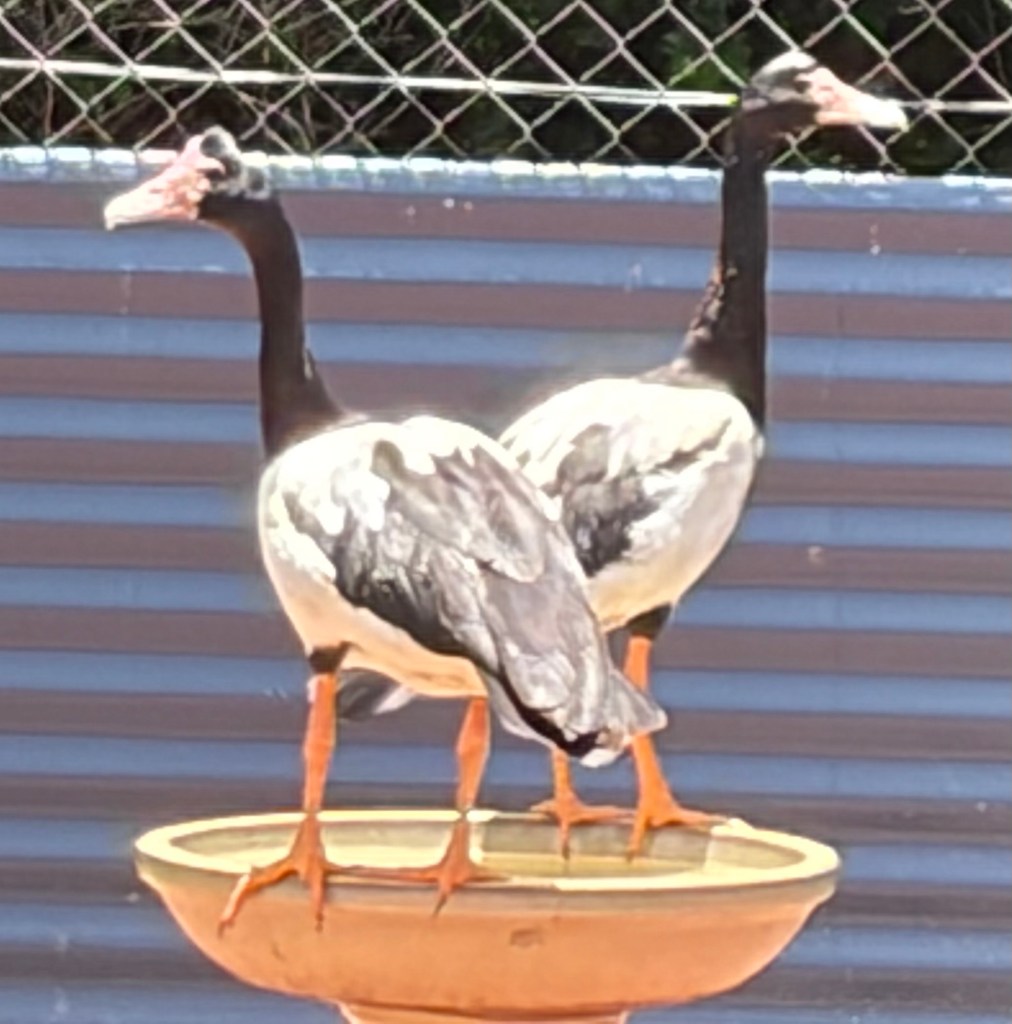



After the game a fantastic pyrotechnic display lighting up Optus Stadium, the Swan River and surrounds.






It returns after 21 years. Held in Perth in front of a crowd of 58,000






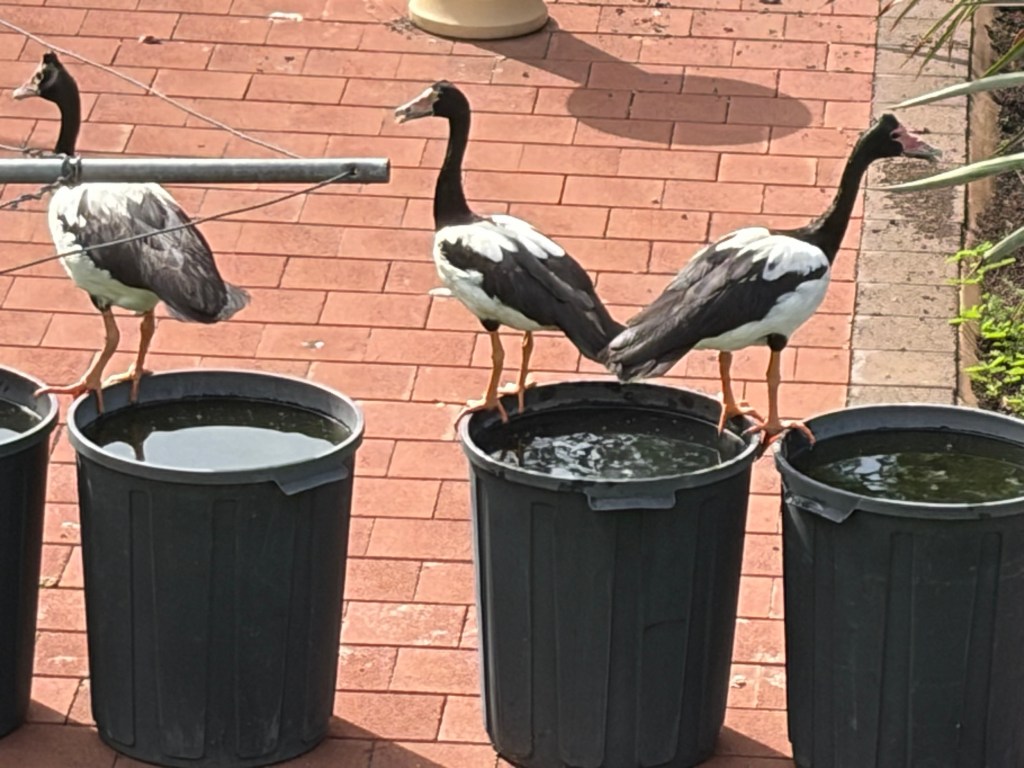



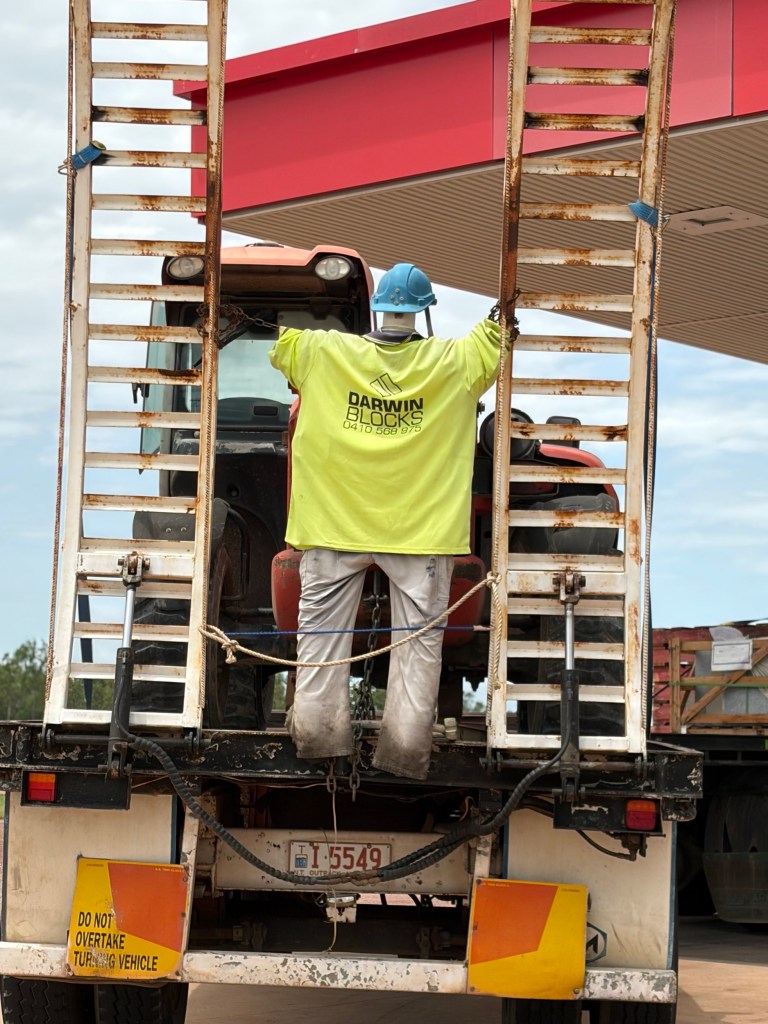




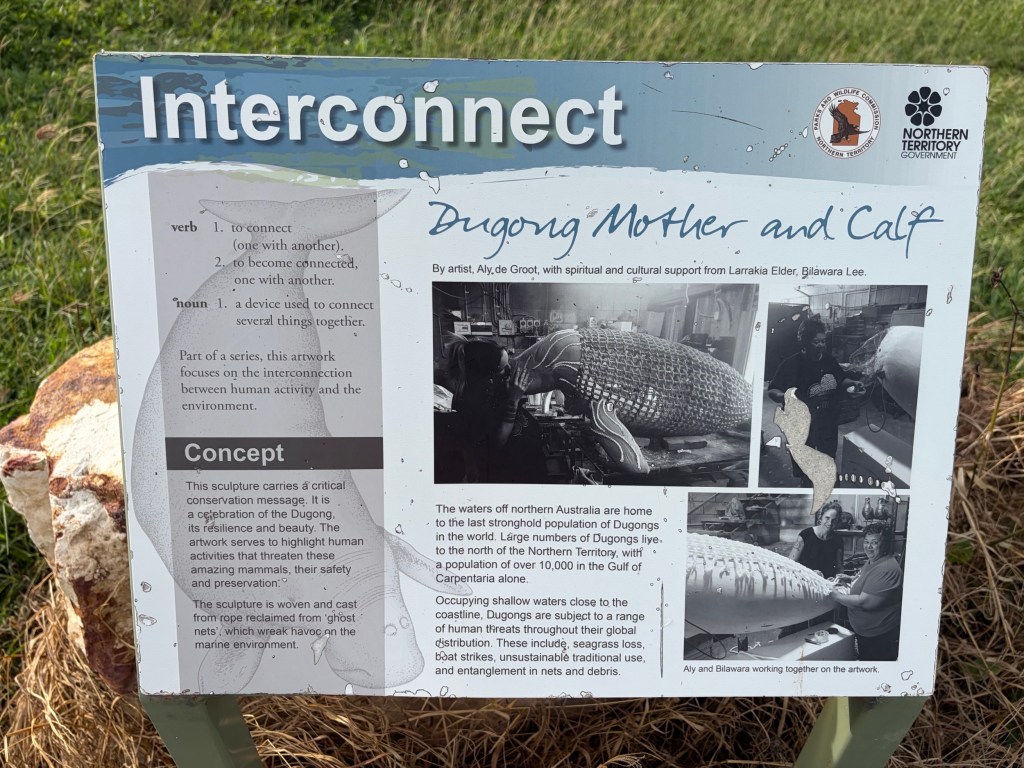
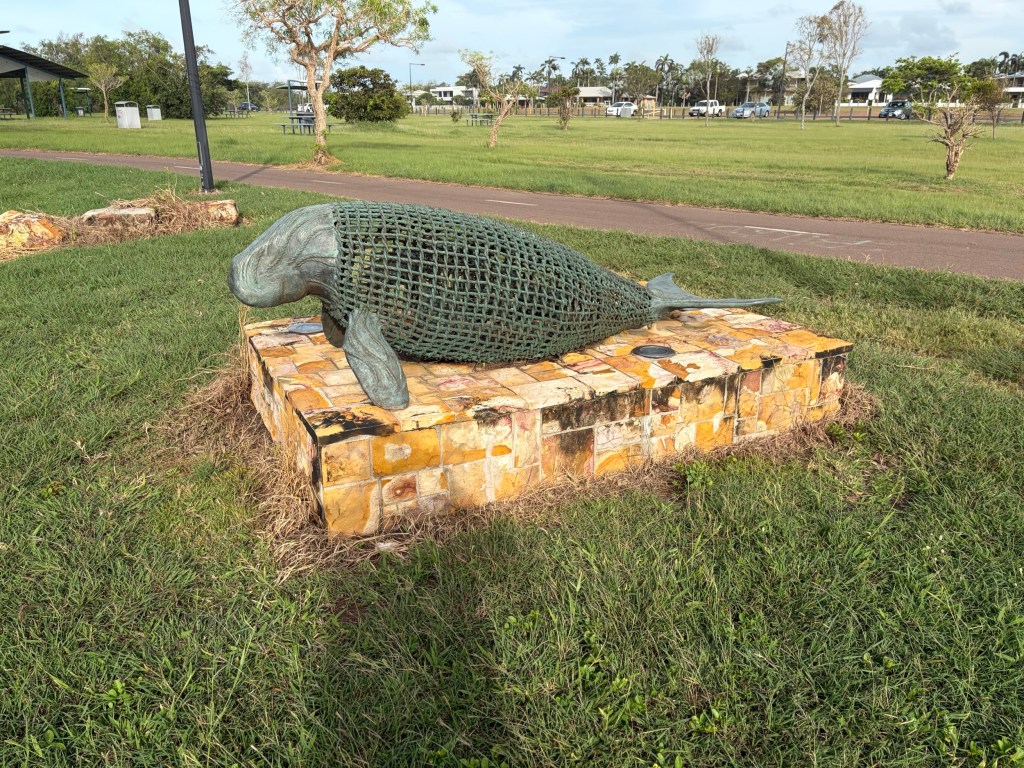


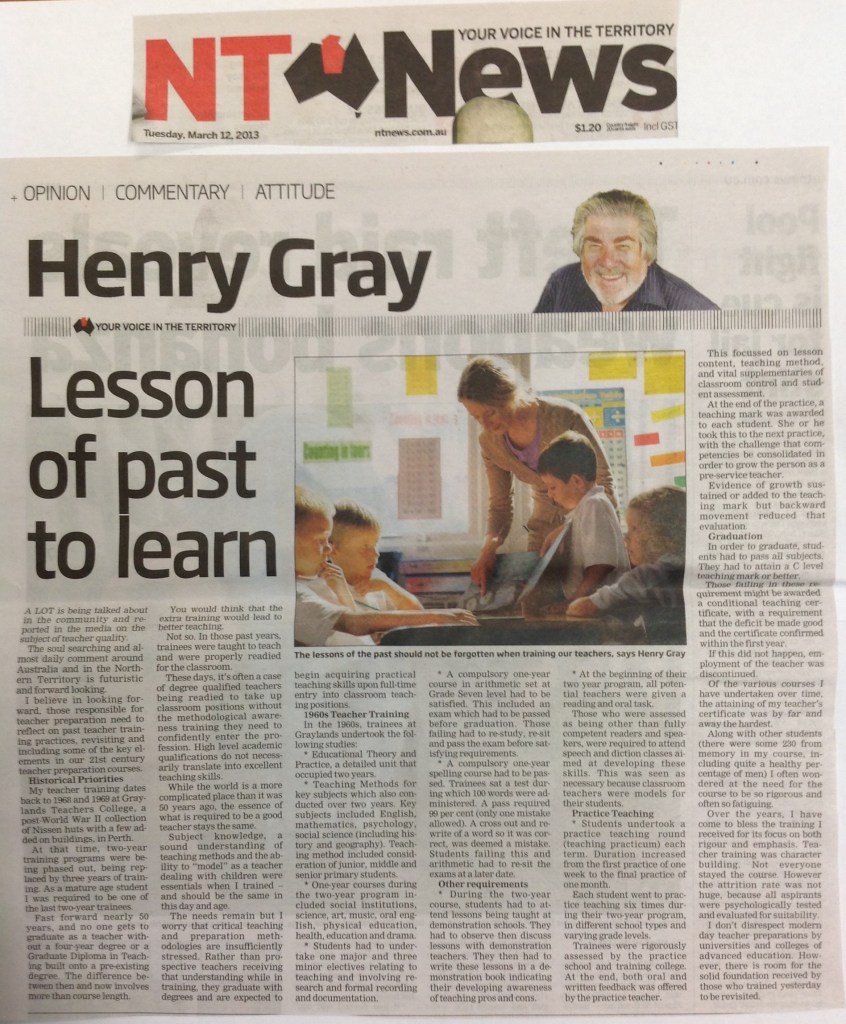

I

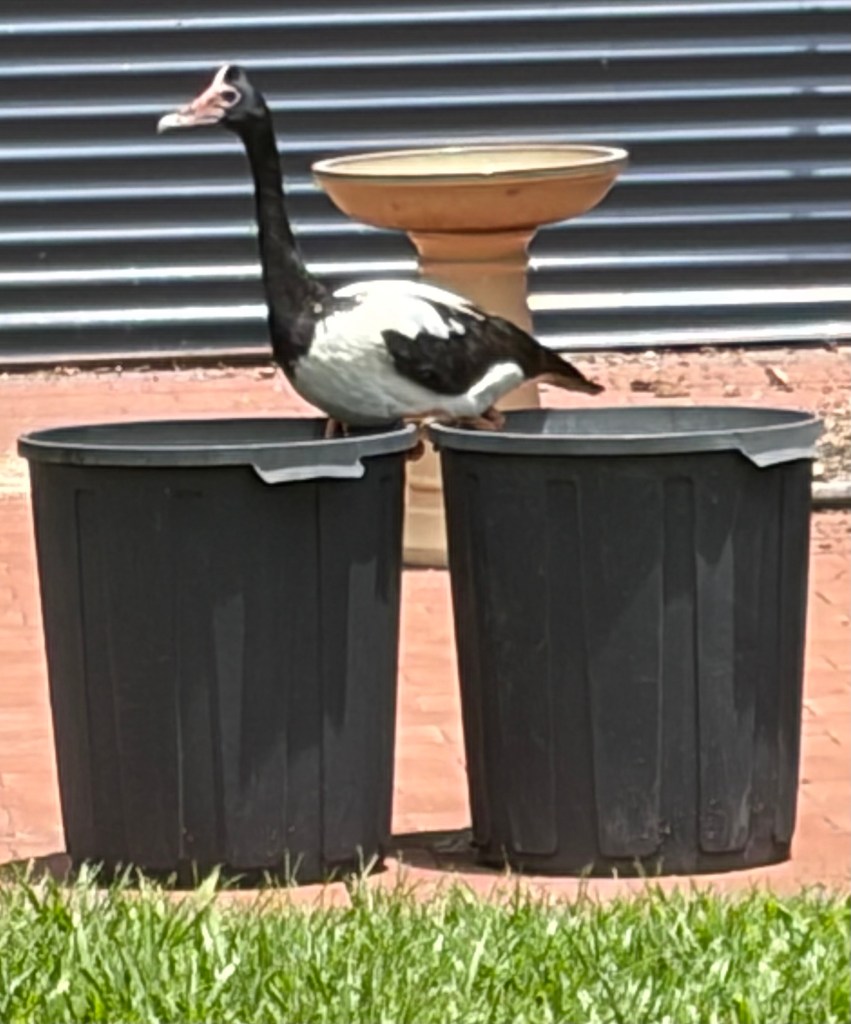
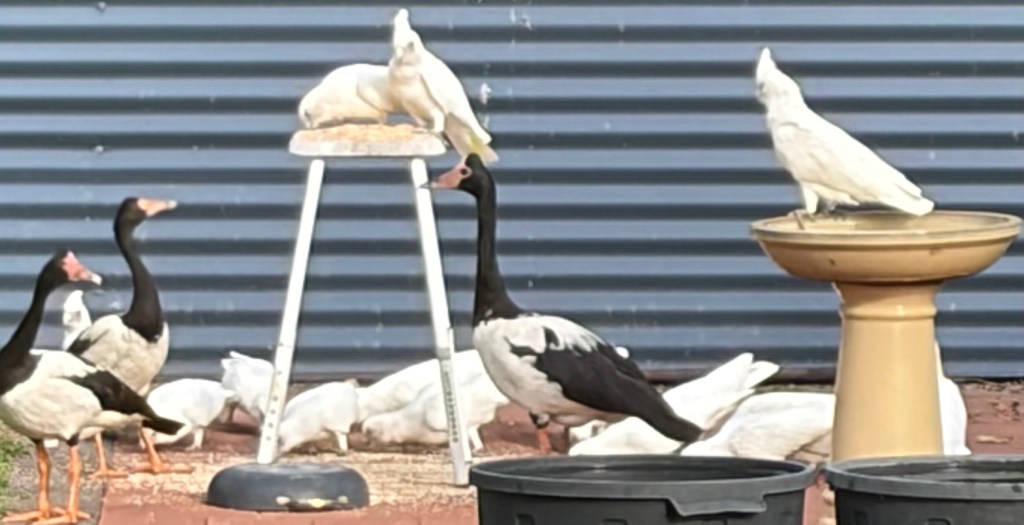

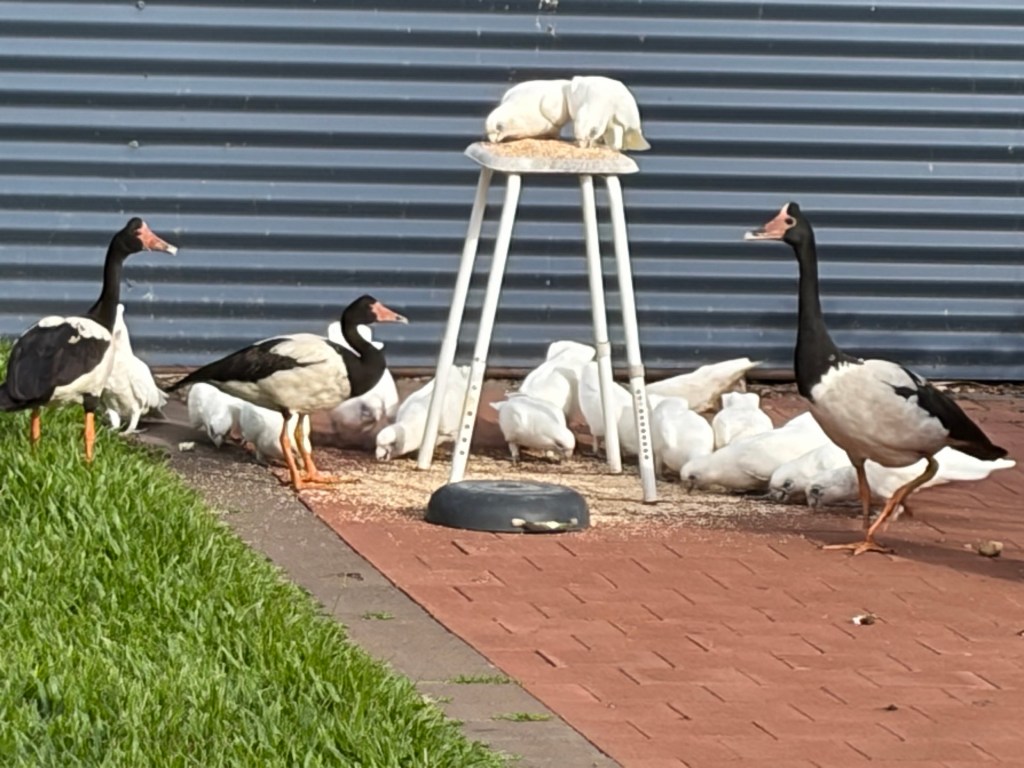

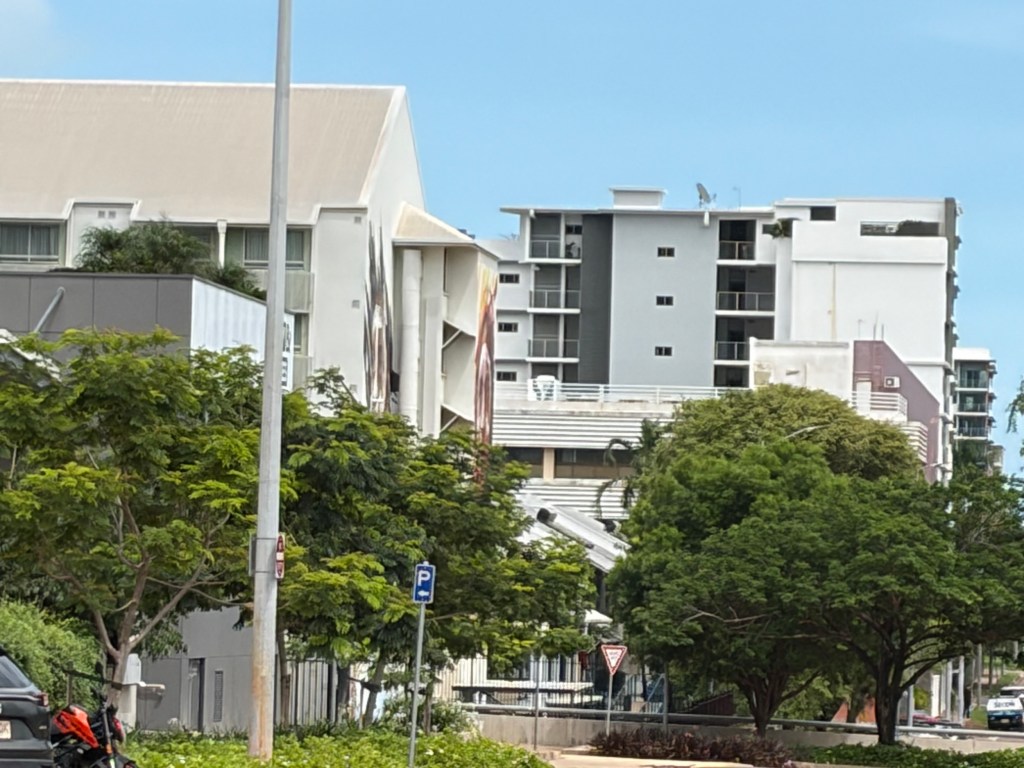
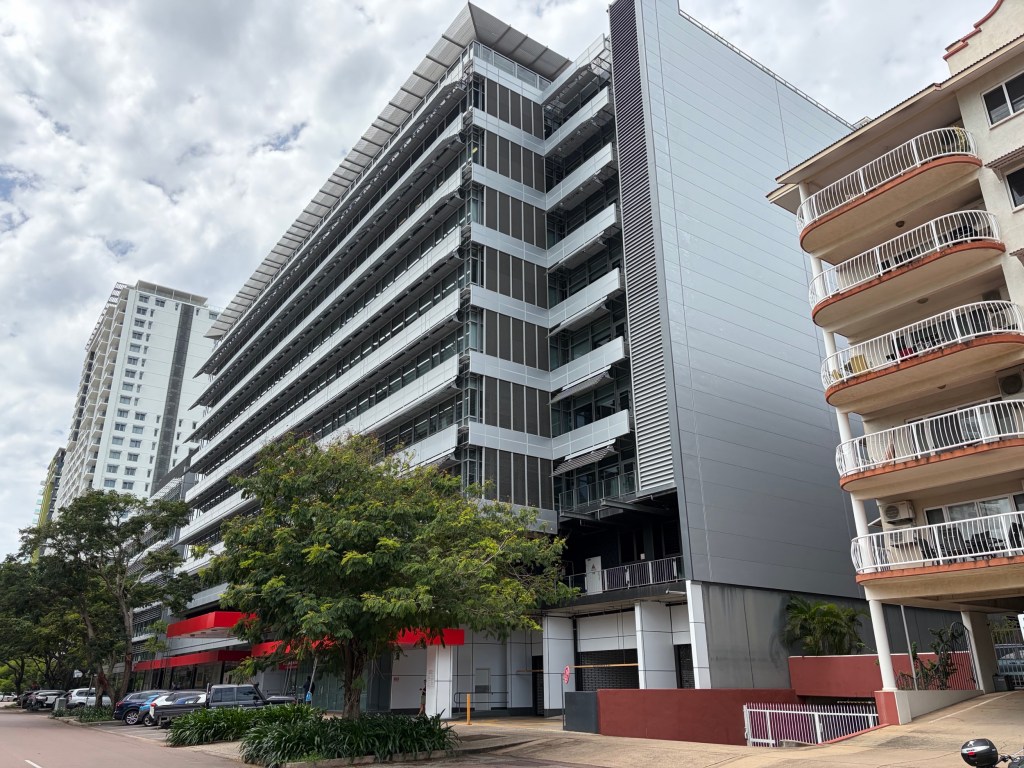

Save it, you gave it. Spend it, it’s gone.
Prioritise.
Avoid booze, fags and drugs.
Eat in more often than eating out.
Donate carefully.
Keep good records.
Avoid scams.
Save coin then bank when there is a substantial amount.
Save then buy and avoid shelling out ‘dead’ money in interest payments.
I could go on.
Poor Old Henry
I am ready
To look into the remaining period
Of time
Left for me in mortal terms
And contemplate scenarios
Of how
And when
It will end.
I am not afraid
Or fearing the end
Especially in a world
Fraught with uncertainty
With so much focus on tinsel and glitter, froth and bubble,
Where nothing counts
When I go
I will be gone.







Nigella Lawson is the person I credit with stimulating and sustaining my interest in food .


Thank you Nigella. Lawson, for the exhilaration you inspire in my soul for good, yet simple, food.
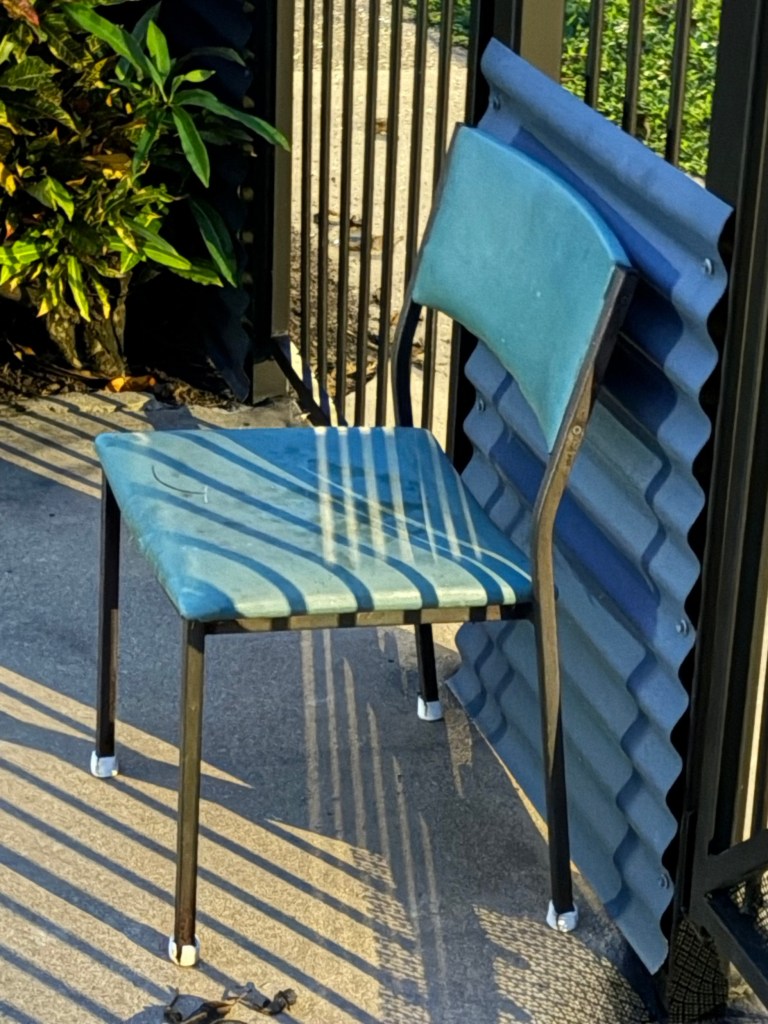
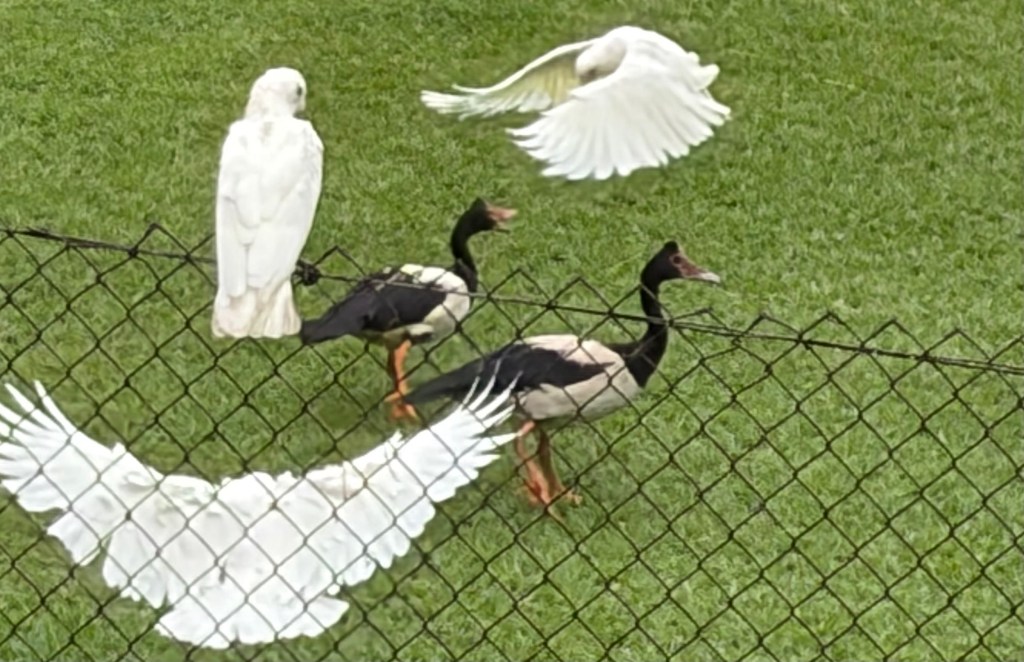
No, no, never,
Never I sincerely implore,
Never ever have I tried,
To break our wonderful law.
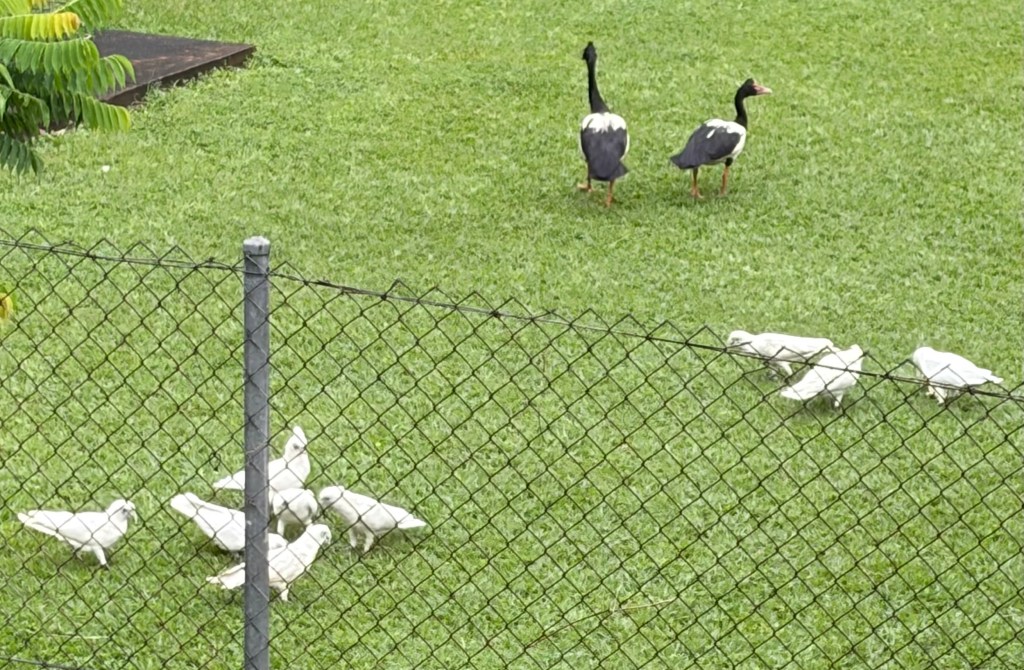
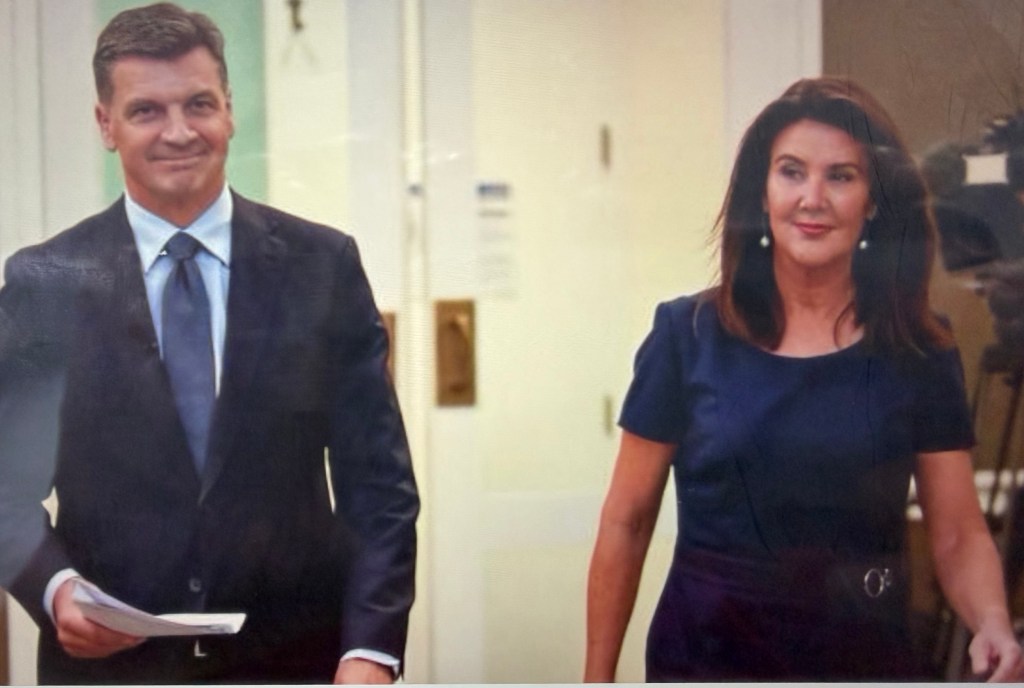
“Smug”, says the lead picture to this story. That may well come to be misplaed.
AND THEY WOULD NOT APPROVE THR OBVIOUS FOR PUBLICATION/
There are two kinds of personalities in this world. Regardless of what we do when we go these personality types are with us. There are the “sayers” and the “doers”.
I believe it is very important as educators to be people who earn the respect of others
by “living” the statements that we make in the positions that we uphold to others. It is all together too easy to be somebody who commands and ask other people to do things and to act in particular ways. That after all is a part of the teaching and development of others. However we need to be prepared to live by the precepts we espouse. Unless we adhere in our lives to the things we ask of others we will not earn their respect.
“Do as I do” is very important in the teacher – pupil relationship. If students know us as teachers who live by this principle their respect will be enhanced. This applies to every aspect of that relationship.
If we want children to be on time and say so, then we need to be on time ourselves. Everyone children to return promptly after recess and lunch, then we can’t avoid is teachers to be late ourselves. If we want children to wear hats out in the playground then as teachers we need to do the same. If we put it upon children to keep their desks and tidy tray is clean neat and tidy, then teachers’ tables and working benches should be kept the same way.
I don’t believe we should ask the children to maintain standards that we are not prepared to maintain ourselves. And example might be handwriting. If we ask children to take care when they’re writing in where books then we need to have the same set of standards that we maintain with written work. We might think the children don’t sense or understand what we’re doing but believe you me, they are very sharp and perceptive in that regard.
The principle extends to the way in which we approach our teaching tasks. The precepts or tenets under which we operate should not just be sets of empty words but reflective of vibrant teaching practices. In that way we earn the respect of our colleagues, the community and of course our students.
There may be occasions when we have to depart from the norm of usual operation. If that’s the case I believe it important that students and close colleagues understand why on the particular occasion the expected process can’t be followed.
Respect is a very important quality and in many ways the cement the binds those within an organisation together. It is a key value. If we earn the respect of others, self-respect also develops
Male teachers worldwide, especially in Australia and our Northern Territory, are a vanishing species. What has happened? In my opinion, there is a need to turn the situation around and increase the number of male teachers in our schools, particularly our primary schools.
One of the most satisfying periods of my teaching career was at Nhulunbuy Primary School, at Gove, in North-East Arnhem Land, 650 kilometres east of Darwin. During my principalship (1983-1986), the school enrolled 750 students from Transition through to Year Seven. A further 90 children were being readied for formal learning in our preschool.
The school had a staff of 52 teachers and ancillaries, which included nineteen male teachers (36% of our teaching staff). We men had our Touch Football team, which made up almost all of one of the local cricket teams, and we were a major contributing force to local rugby league, basketball, and other male-focused sports teams.
I didn’t appreciate it then, but a gender balance of that nature is a rarity. The ratio of male-to-female teachers in Australian primary schools is 1:27. At 1:9, in high schools, the situation is just a little better, but still, 90% of the staff are women. At Leanyer School, where I was Principal for 20 years, we had, at best, five male members of more than 30 staff. In some schools, the only male on the team is the janitor!
Where have all the male teachers gone, and why? Male primary teachers are an almost extinct species. Men in teacher training at all levels are rare. More and more qualified and practising male teachers are leaving for other less stressful occupations.
Historical Reasons
There are historical reasons for the perceived unattractiveness of primary teaching to men. They centre on the perceptions of salary, status, community regard and an inherent idea that men working with children run counter to the male psyche. The notion of ‘macho’ and children’s nurture seem somehow incongruent. This reasoning is somewhat mythical. Maybe it’s even ‘claptrap’! To hang the diminishment of the male teaching species on such ideas is illogical. However, it does nothing to ease the situation, as there are now very few male teachers, particularly in primary schools.
Men Under Siege
I do not doubt that male teachers in primary schools are under siege. Along with fellow educators, I study the media’s coverage of our profession. While the press is interpretative and accuracy sometimes skewed, it still reflects the perceptions generally held by the society of social institutions and its managers.
Diet of Male Dysfunctionalism
The community is fed a bountiful print, radio and TV diet of stories about male teacher dysfunctionalism. There has been and continues to be, a plethora of reports alleging interference with and abuse of children by male teachers. Sadly, some instances of infringement and violation against children and students are proven in court. However, a significant percentage of allegations leading to court action are baseless.
For those tried, ‘legal’ acquittal does not negate the associated moral perception and social resentment. Those found ‘not guilty’ by courts and those who never go to court because charges are dropped are left feeling tainted. In the minds of the wrongfully accused, the damage to their reputations is everlasting.
Children and students are increasingly aware of their rights to care and protection. ‘Stranger danger’, the ‘Kid’s Helpline’ and similar strategies are filling what, historically, has been an information void. Children must understand their rights and the respect that is due to them. Information from student disclosures, however, needs to be carefully checked before action is taken. If the information offered is accepted without verification, with allegations subsequently found to be untrue, then the accused is violated.
The Need for Human Warmth
Male teachers face a real dilemma. It’s no secret that primary children, particularly younger ones, often seek to be physically close to their teachers. Gripping the hands of teachers, giving teachers cuddles, and wanting to sit on teachers’ laps are manifestations of this deep-seated human need. Female teachers seem to be less at risk in this situation than males. Males may want to respond to children with human warmth and empathy but are warned off by a deep societal frown.
By contrast, middle-aged female teachers are often regarded as grandmotherly’. It seems much more socially acceptable for them to respond to the affection of children. A male teacher of the same age has to be much more circumspect, lest his actions be interpreted as those of a ‘dirty old man’.
The phenomena of single-parent families increasingly exacerbate the challenge. Single mothers often ask that, if possible, their children be placed with a male teacher for the sake of masculine role modelling. The scenario can become one that creates an acute conflict within the mind of the male teacher.
The Future for Male Teachers Is Not Rosy
There is an increasing focus on male teacher vulnerability, but tackling the issue has been, at best, oblique. Deflecting the problem is no way of handling its challenge. At some stage – hopefully sooner rather than later – a considered response to the issue by senior managers will be necessary. Ignoring the situation won’t make it go away. In an age where litigation is increasingly common, the threat to male teacher integrity will likely become more pronounced.
Many factors influence the issue of school staffing. Conversations with teachers reveal that the tension of being a vulnerable group weighs heavily on the minds of remaining male educators. I once had an excellent male teacher come to me saying he was resigning because of the weight of this perception. An outstanding teacher was forever lost to the profession.
The problem of the male teacher shortage will rapidly worsen shortly, given the ageing teaching profession and the imminent retirement of many existing male teachers. Unless something is done, primary schools will soon be staffed almost entirely by women.
Female teachers are valued educators and do a great job. However, there is a need for gender balance within schools to achieve organisational equilibrium. The worry is that we are sadly out of balance.
Once a week there was a round-robin flight from Darwin to Darwin flown by Connair that included every port on the Arnhem circuit. Included in this once-weekly flight were Borroloola and Numbulwar. The route was from Borroloola to Numbulwar.
There was some capital work needing to be done at Numbulwar. We were expecting two tradesmen on that flight. The plane arrived, but not the tradesmen.
A follow-up telegram revealed that the two men had gotten off the plane at Borroloola, thinking Borroloola was Numbulwar. They did not discover their mistake until the plane had left.
The following week, the tradesmen arrived in Numbulwar. Seemingly they found the fishing in the intervening week to be both relaxing and rewarding!! How they justified that to the boss of the company, I am not sure.
When out in communities one could never be sure if the plane was going to be on time or whether it was going to be delayed. The one thing you could generally be sure about was it if the plane was due to arrive on a particular day, it would arrive on that day. Occasionally there was a blip in that regard but not too frequently.
An issue at times was the worry people had if they were using Connair to get to Darwin, Katherine, Groote Eylandt or Nhulunbuy to connect with another plane. For the most part, however, things did work pretty reasonably.
Connair was a vital lifeline for us during years of poor (if any) outback road connections and during years preceding telephone and internet connections that these days keep people linked.
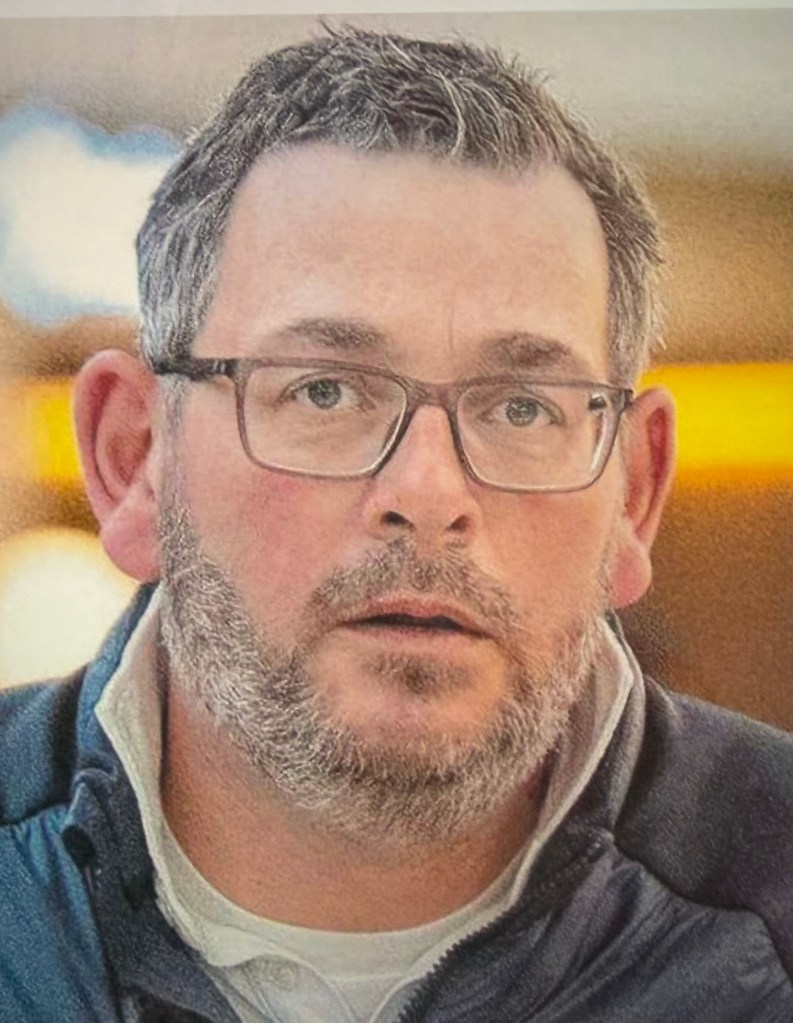
I dream of rolling out the red carpet in front of his every footstep.


Henry is weeping but nobody cares.
Poor Old Henry

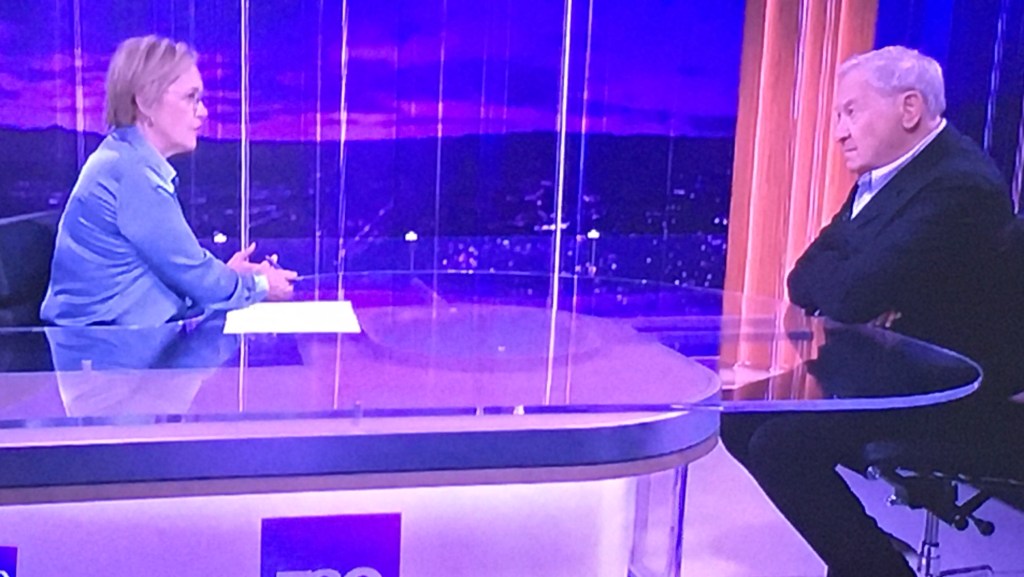










Is trying ad trying to resist from voting for One Nation on the Australian political scene.
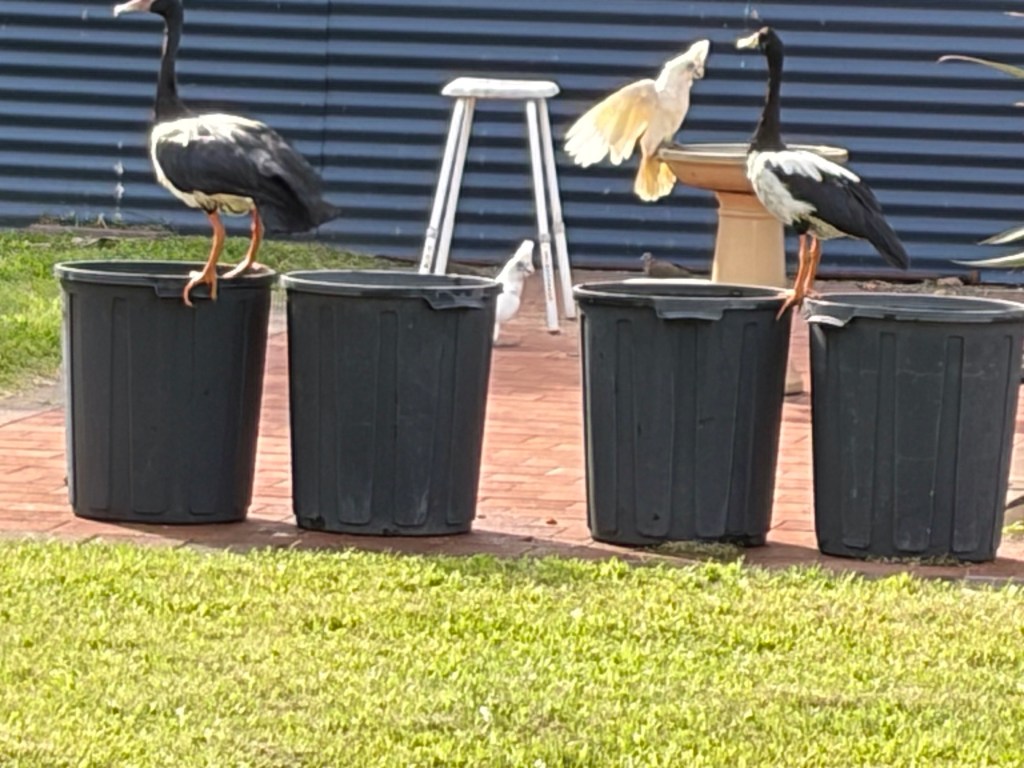
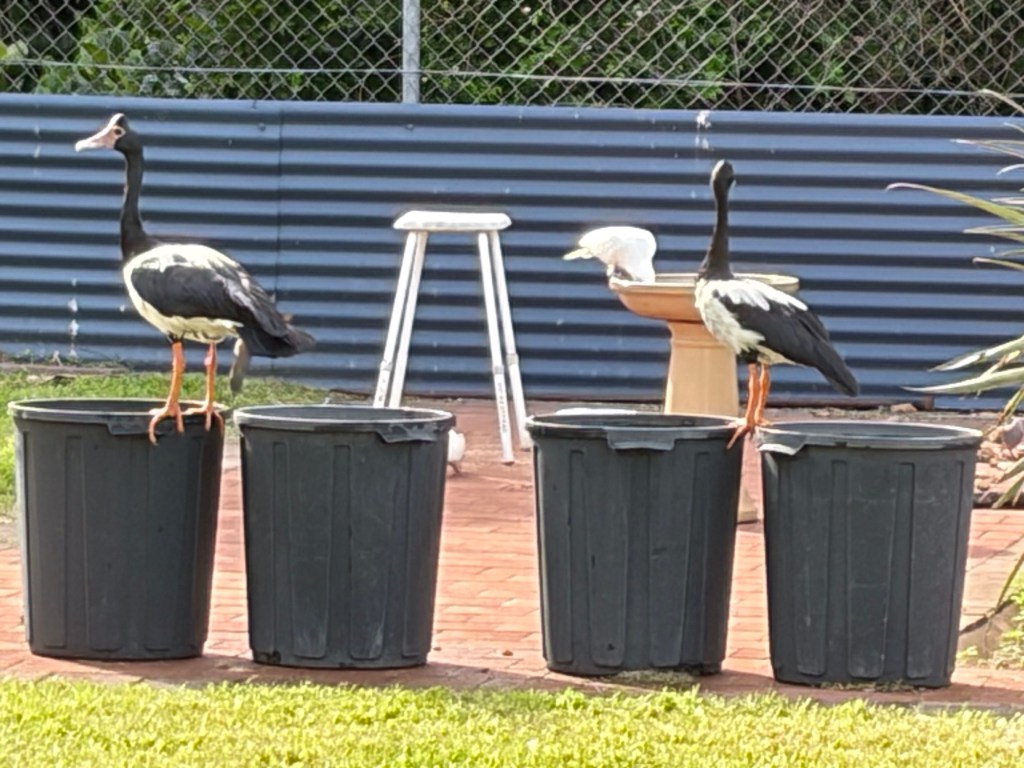
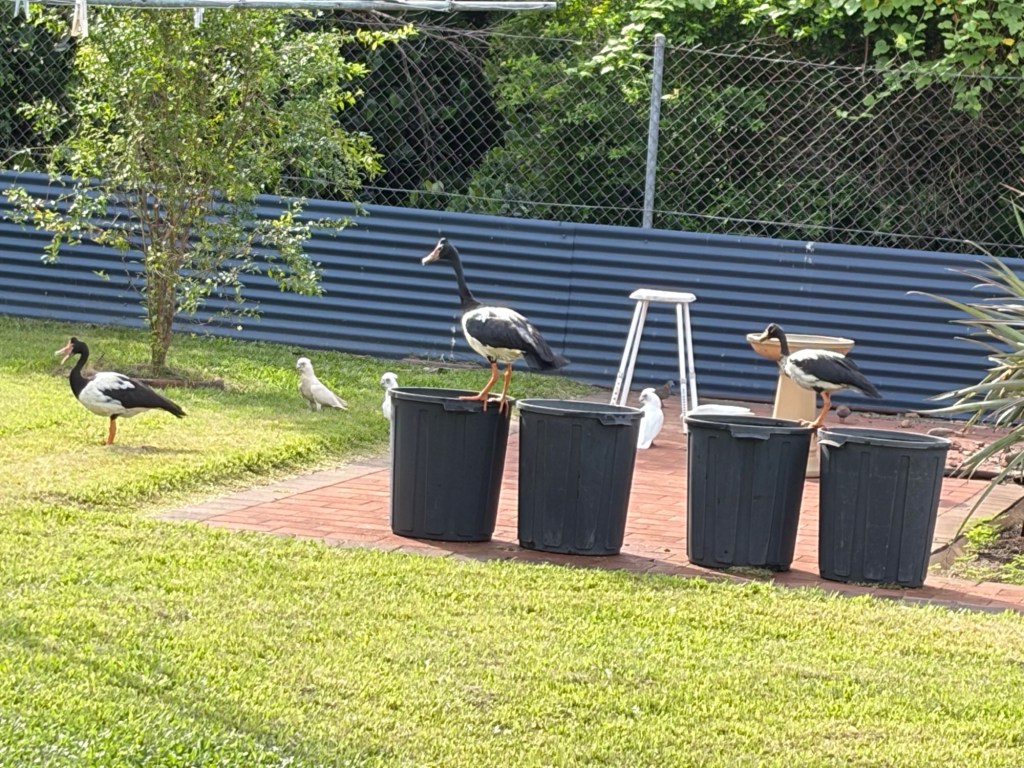
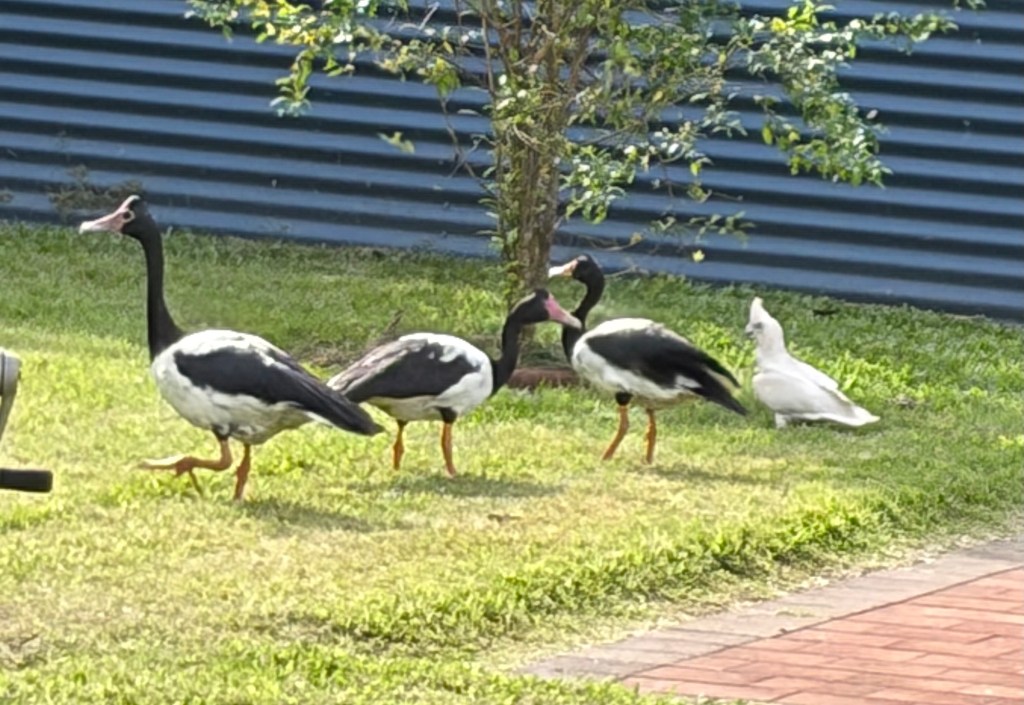
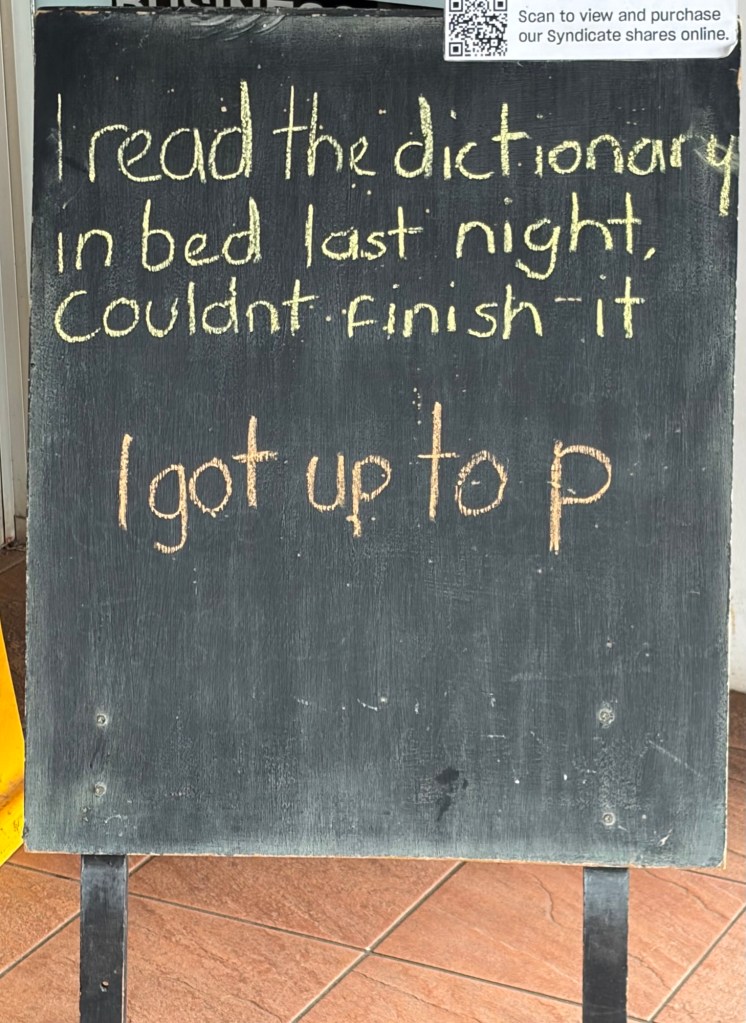
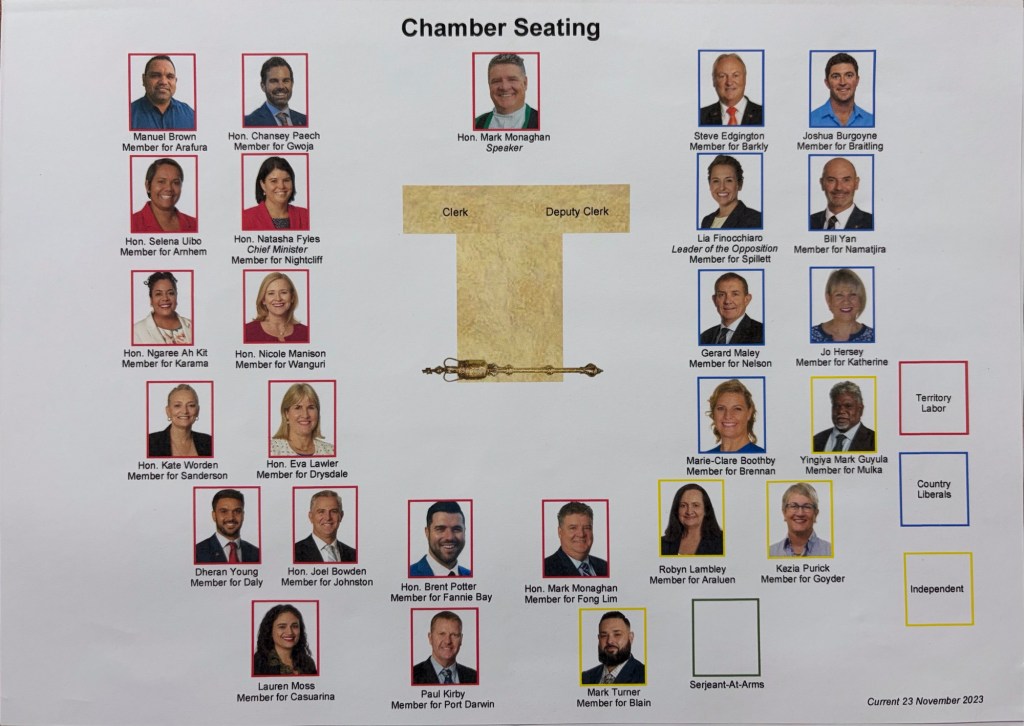
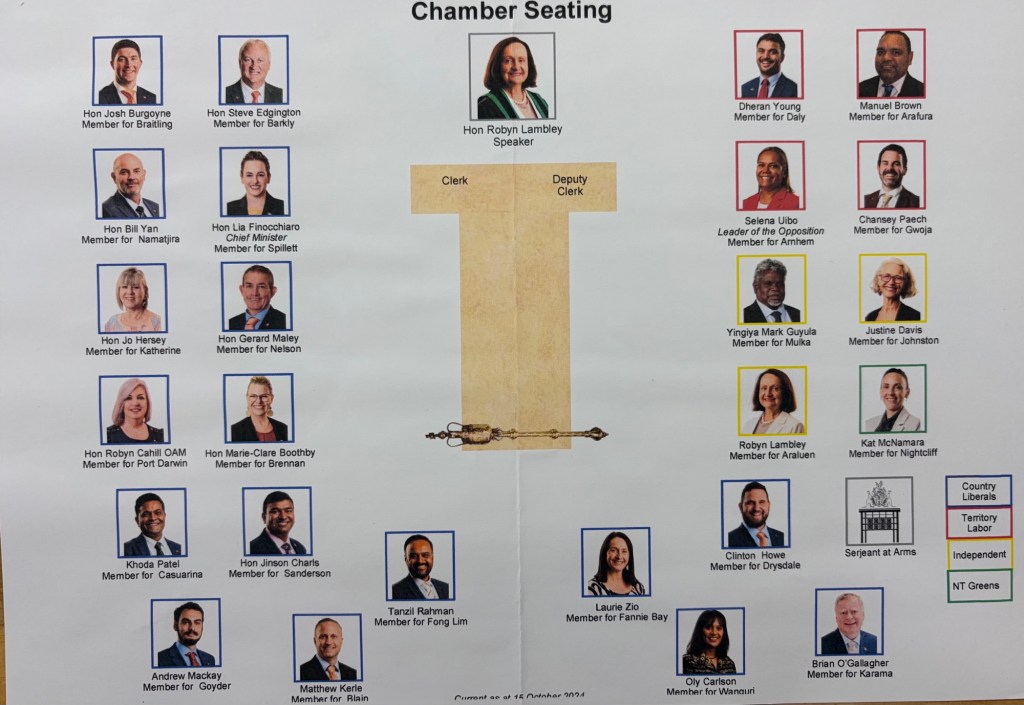
Closed
Locked
Night
Door
Locked
Dead latched
Security
On
Adjusted
Window
Fastened
Crimsafed
Checked
Double checked
Bed
Door locked
Key secured
Four lots of protection
Hope that keeps intruders out
Lay
Waiting
For the envelopment of sleep.



The Canadian shooting in Canada elicited the following comment from me
What a terrible and awful event. How can anyone ever tell the end from the beginning
The Australian online moderator would notapprove my comment for publication in the reader’s reactions!
WHY?
Our daughter has given me the okay to share her thoughts on the inroads into life that can be caused by the number one – known but not talked about – killer in Australia. Dementia.
She shared it with me, and what she wrote moved me into a world of pain and understanding because dementia has not been for me ‘on the outside looking in’ but rather has engaged me directly, in the early stages, without knowing, since its impact on our lives.
Dementia is often mentioned lightly, almost in passing, and without many people knowing or understanding its consequences. I believe many think its mention is a shame job; in the same way as cancer used to be regarded. Dementia is also a scourge that many are reluctant to acknowledge and more than willing to dismiss as not an issue or a concern.
It is for this reluctance that I would posit that there are far more people sufferingfrom dementia than the number of 450,000 that is suggested. It may well be that the actual number of sufferers is closer to the 1,000,000 mark of people predicted to be inflicted by dementia in 2050.
Funding for dementia programs and support is light on compared with research into other clinical areas. In Australia, funding for dementia programs is solely in the hands of the Federal Government, with no recognition or contribution from state or territory governments.
The impacts of this deleterious condition are eating into the brains of ever increasing numbers of people.
Please read and contemplate what our daughter has written.
Sincerely
Henry Gray
February 14 2026.
__________________________________________
Outside Looking In
My parents are Margaret Rose Gray (nee Martin), born May 28th, 1945, and Henry Maitland Gray, born February 24th, 1946. Their stories are not mine to tell, but I will say they did not have the happiest of childhoods and they both grew up having complicated relationships with their mothers. This led them to moving our family to the remotest areas of the NT when my brothers and I were young.
As parents they were ahead of their time. They seldom yelled or shouted, even more rarely used corporal punishment. Domestic labour and mental load were very evenly divided. We grew up secure in their love for us and for one another.
Things have changed in the last few years. Looking back with the benefit of hindsight the first signs I saw were at my 50th birthday party; nothing so wild that I couldn’t shrug it off as just “weird”.
Mum has dementia. A blanket term used to describe any number of conditions, much the same way cancer is. All with different causes and triggers. Genetic, physical, mental factors, lifestyle influences, environmental conditions. A treatment for one has no effect on another. One person will develop it; their identical twin will not. It has no rhyme, no reason, no mercy.
There are a lot of stats, fact and figures about dementia to be found with a simple google search. The scariest being that it is now the leading cause of death in Australia, that there are no truly effective treatments. Some things might slow the progression of the disease in some people; that is as hopeful as it gets. My father is now Mum’s full-time carer. Trying to find his way in a role no one would ever choose or want, but that has been thrust upon him by cruel fate.
I love both my parents. Respect and admire them more than I can say. They are the kind of people we should all aspire to be. As a person, a spouse and a parent I find myself following the example they set for me. Watching as this disease insinuates itself into every nook and cranny of their lives is an emotional and often overwhelming experience. I am on the outside looking in. I cannot bring myself to imagine what it must be like from the inside looking out.
My Mother
I am blessed to have been one of only a handful of people to truly know my mother. She has always been a deeply private person who hid her wit, her humour and her profound intellect. Now she does not need to hide as she becomes more and more a prisoner in her own mind. The portals that connect her to the world are narrowing; some seem to already have closed. Her eyes and ears collect the stimuli from The Now, but somewhere they become lost and so her mind sends her back to the past or into dream and figments of imagination. At times the dreams become waking terrors, and she sees, feels and hears people and events that are not there and never have been.
On good days she is HER; all the many facets that make up this woman who I love above all. My mother, the grandmother of my children, the wife of my father, the teacher, the mentor, the cook, the seamstress, the confidant, the pianist. All the roles she embraced and made her own. She was shaped by tragic events in her young life; the eldest child of a cold and unloving mother she was parentified from a very young age. Giving all to her younger siblings, especially the sisters favoured by her mother, to allow them to shine. Despite this, my mother was kind and loving. She seldom strayed outside her social comfort zone, but she saw everything around her and those of us fortunate enough to know her would cry with laughter at her stories. Growing up I would spend hours talking with her, often about nothing much at all. By listening to her I learned so much about life and the world and small ways we can act to make them better.
I miss those conversations. Now it can be so difficult to talk to her. She can jump from topic to topic, confuses who I am, how old I am, where we are. I can see her frustration at trying to process and understand what is said to her. There are long pauses and endless stilted silences. And there are so many rules around talking to a person who is trapped within their own mind. Never say “remember”, don’t say “you just said that”, or “you told me already / I told you already”, or “no, that never happened”. I sit and smile and rub her hand and nod and feel like I’m treating my strong, smart mother like a clueless child. Parentified in her youth and now infantilised in her old age.
During the bad moments the conversation is agonisingly restricted and circular. Like a goldfish swimming endless circles around an overly small bowl. Swim, swim, swim …. Oh wow! A rock! …. Swim, swim, swim ….. gosh! A plant! ….. swim, swim, swim …. Look! A rock! …… Even worse is when there is no sound. Mum sits or lies, mostly lies, and stares off into a distance no one else can see. Her lips vibrate, her eyes flicker, her fingers tap together; those seem to be reflexive movements of a body whose mind is both kilometres and decades away. When this happens, I wonder where she is, what memory or dream her mind is playing on its internal screen. Is she happy or sad in there? Sometimes tears run down her face; she doesn’t; cry or sob but the tears run freely and unchecked. If you ask her what is wrong, she doesn’t know, doesn’t realise she is crying.
Mum knows she has dementia, knows what that means. She tells me her mind is “all messed up” and she feels lazy and worthless. She wants to get control of her thoughts back, wants to DO things but doesn’t know how to take the first step. She wants me to tell her (boss her) and make her do things; I can’t tell her how many times I have tried. That Dad tries every day. There are so many diseases that turn the body against itself. Dementia is so much worse. When your brain attacks your mind, ripping and destroying and turning it into a tangle which is then locked inside.
I am scared for her. How hard it is for HER to fight her way to the here and now. How exhausting and terrifying and lonely that must be.
My Father
My father’s world has been turned upside down, shaken, set on fire and the ashes scattered in a storm. He is no longer an equal, a partner, a friend. Now he is a carer. Learning a new vocation, one no one would choose, as he neglects his own needs and wants to care for the woman, he has shared his life with for 60 years.
He can not leave her alone for long lest she needs him or believes she has been abandoned and forgotten. At times Mum resents the interests that steal some small part of Dad’s attention away from her. When she knows his thoughts are elsewhere or he is making arrangements that do not involve her. Then she can be childish and petulant. Her words lash at him to make him feel the pain she carries. Adults protect their loved ones from pain and hurt, children broadcast it until something is done to soothe them and make it go away.
Dad answers Mum’s questions, responds to her comments, explains what is happening and when and why. Over and over and over. He bites back his frustration when she accuses him of holding information from her, schools the expression on his face and the tone of his voice. Soothes, reassures, calms, loves. Above all, he loves.
Dad spends most of his waking hours sitting close by, not so close that Mum might think he is hovering or interfering, but always there when she needs him. He reads and writes and keeps busy, but mostly he keeps watch. Ready to answer her questions, fetch what she needs, help her move to another spot. Dad is a vibrating bundle of suppressed energy, when I’m there I can feel it coming off him. Always on edge and never at rest. He also wants to go out, to see, to converse, to learn, to teach, to laugh. But he stays. Every hour of every day he chooses to stay.
Dad is the strongest, bravest person I know.
Me
I rage at how unfair all of this is. Mum and Dad have lived their lives for others. Both have worked hard since childhood. They gave my brothers and I the very best lives and have done their all to make sure our children enjoy the same. These years of retirement should be about THEM. Living in peace and harmony, pursuing their interests and spending time with one another and family. The first few years of retirement were like that, but now it has become a prison for them both. The iron chains of dementia keep them isolated, even from one another.
It is s unfair for anyone to spend the last years of their lives tortured by mental decline and self-diminishment. It is unfair that anyone must watch a person they love turn inward and become lost in the tangled web of disease that withers their brain. And I am angry! Angry that such a hideous disease should even exist. Angry that science has extended the quantity of our years but can’t maintain the quality of the lives we live in them.
I am ashamed to admit, I am also so, so angry at my mother. The life she has led in the years after her retirement are a “How not to avoid dementia” handbook. No social interactions (she even stopped talking on the phone), no exercise, bad diet. One by one she dropped her activities and hobbies. The piano which we had since forever was packed up and given away, the sewing machine sits dusty and the books are unread. She stopped driving, gave up editing dad’s papers and articles, was no longer interested in the news or quiz shows. If I were granted one wish, I would go back 10 years and do my very best to divert her from the path she so blithely walked down.
I am angry at the rest of us, the immediate family. Myself and my brothers and my father. We let her make these choices and did little to dissuade her. Our family has always been about respect, accepting that the others have the right to make their own choices. Even if we don’t agree. Mum and Dad have always been a team, united, synergy. So forcing choices on mum is not something any of us would have done, it’s not something any of us feel happy about now. Maybe nothing would change, but maybe I would also feel that at least I tried.
For now, we have a lifetime of memories to share and preserve. As many quiet talks, hugs, held hands as we can. Some memories still to make. I have heard of dementia being called The Long Goodbye. Saying goodbye to our loved ones one small piece at a time as the portals between their mind and the world close.
I love you, Mum. You ….. the amazing, complicated, kind, loving, brave, intelligent, hilarious woman I know as my mother …. You will be always in my heart.
Estelle.

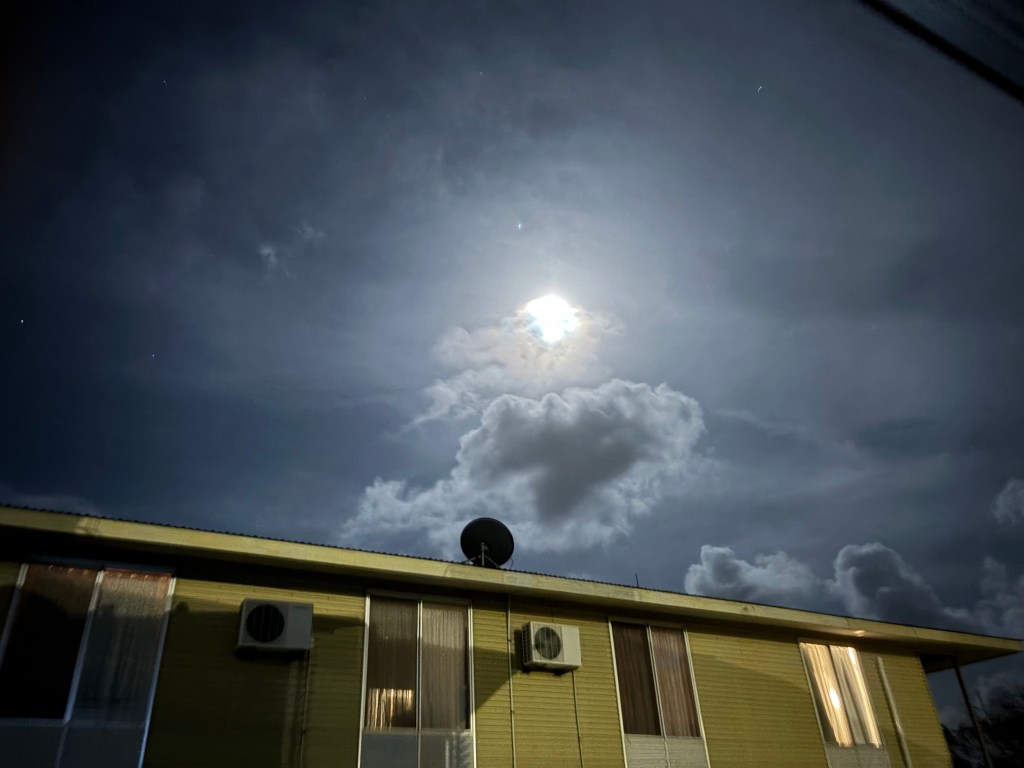
These days
I give scant thought to thinking about the past,
It’s challenges, celebrations, defeats, victories,
The despair and euphoria, the downs and ups, the lows and highs.,
That have been part of the hours, days, weeks, months, decades and scores,
Of time traversed.
They are there but dimly
As I contemplate what lies ahead
Around the next corner
Along the road ahead.
I cannot see
But visualise
The foreboding of tomorrow.
Give it to all my children and grandchildren to help them on their journey through life’s world.
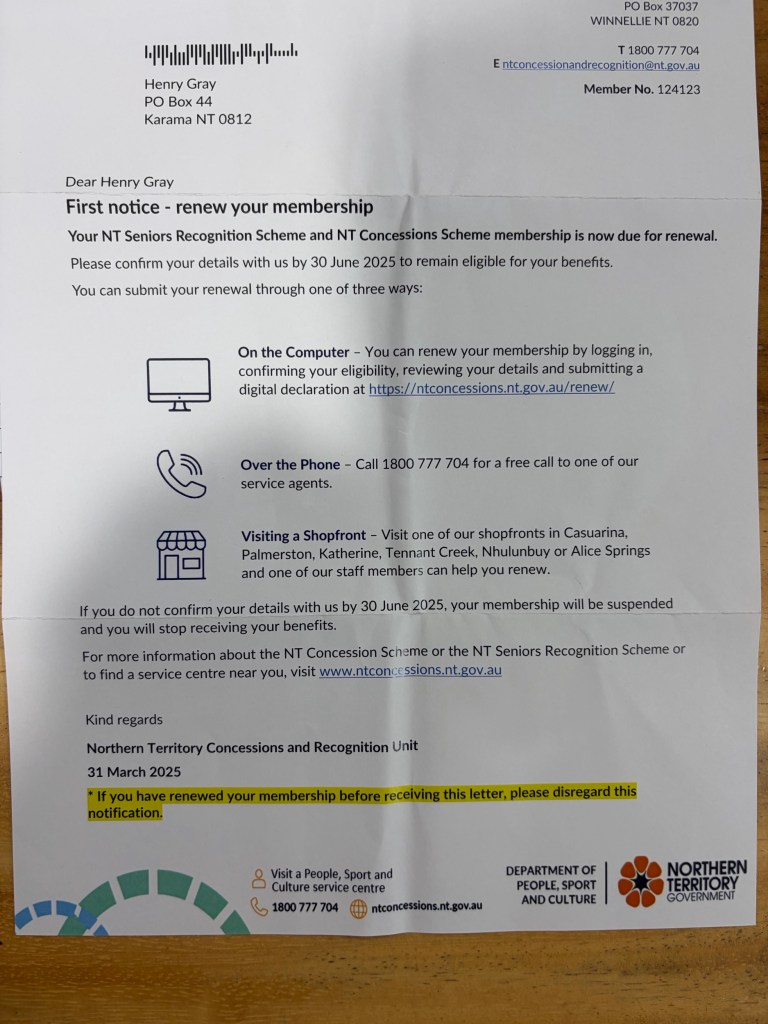
If I don’t respond, I am presumed to be dead and no longer entitled to concessions you only get if alive.

Angus is a good man
And it is plain to see
That if he wins the Liberal spill
What a great leader he will be
He is a man of substance
With acute political brain
And as opposition leader
Will cause Albo substantial pain
On his feet in parliament
Acute questions will he ask
Forever keeping government focused on its tasks.
He is the person who could take
(And that is plain to see)
A. rejuvenated coalition
To electoral victory!
COMMENT ON AUSTRALIAN OF THE YEAR 2021 GRACE TAME’S TANT OVER THE RIGHTS OF INTERFADA AT RALLY PROTESTING ISRAELI PRESIDENT HERTOG’S VISIT TO ASUSTRALIA FLLOWING BONDI MASSACRE.
What a let down. What a slight on Australia. What an awful demonstration on un-Australian conduct. What a sad example to young people
The Northern Territory is more aptly expressed as the Alcohol Territory.
The costs associated with alcohol both monetarily and domestically are astronomical.
As the carer for a dementia patient I confirm absolutely the integral and important role filled in supporting people suffering from dementia, by the Northern Territory Memory Clinic situated in the Casuarina Plaza Building.
At the moment the Memory Clinic has a staff quotient of one full-time Doctor, 1.5 trained and practice nursing staff and some clerical support. The Dementia program in the Northern Territory, including the Memory Clinic, is fully funded by the Commonwealth Government in Canberra. No contribution is made to these important programs by the Northern Territory Government.
I have been given to understand on good authority that from 1 July 2026, Commonwealth funding for Dementia programs in the northern territory will impact upon the Memory Clinic in a very negative fashion. The full-time doctors position will be reduced to a .5 position. The 1.5 nursing positions will reduce to one position only. I believe also the clerical support will be curtailed
If this is the case, then I am very alarmed for the consequences that will flow and the support that will be lost to people desperately needing support.
Currently, the waiting time for attention at the Memory Clinic after referral is around six months. That cannot be extended to a period of even further delay.
Either the Commonwealth government must be persuaded to increase and not decrease funding; in the alternative the Northern Territory Government through its Health Budget needs to provide financial support for this critically important support program.
Home is where the heart is.
This place is our dream home. It has been for almost 40 years.




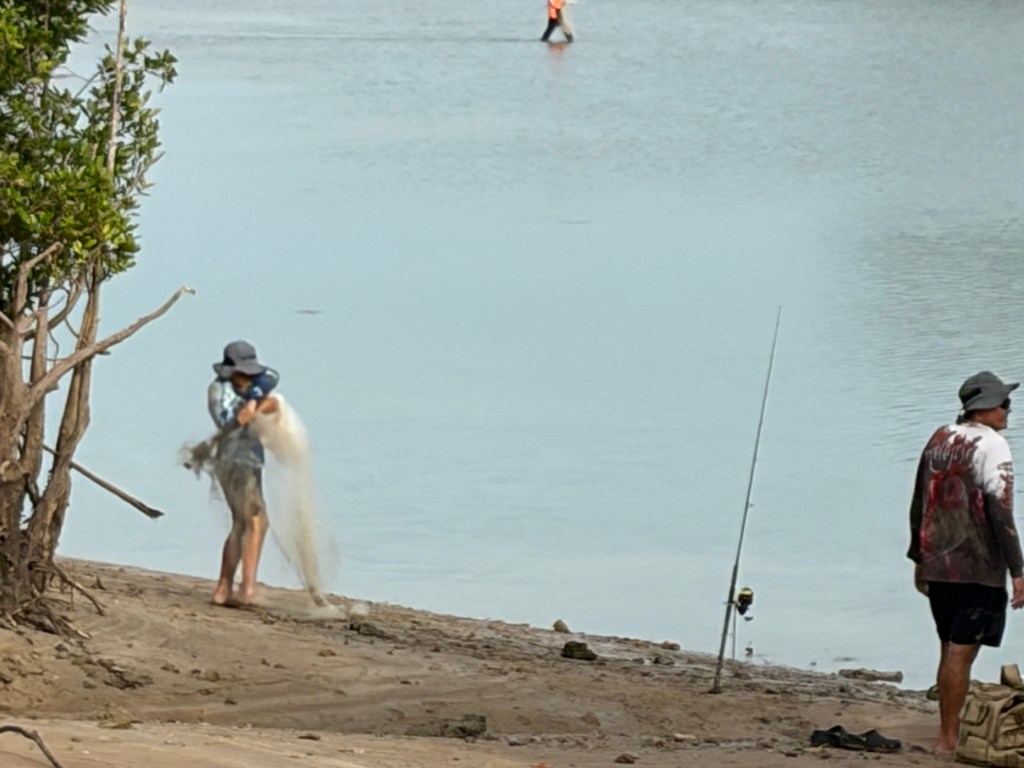

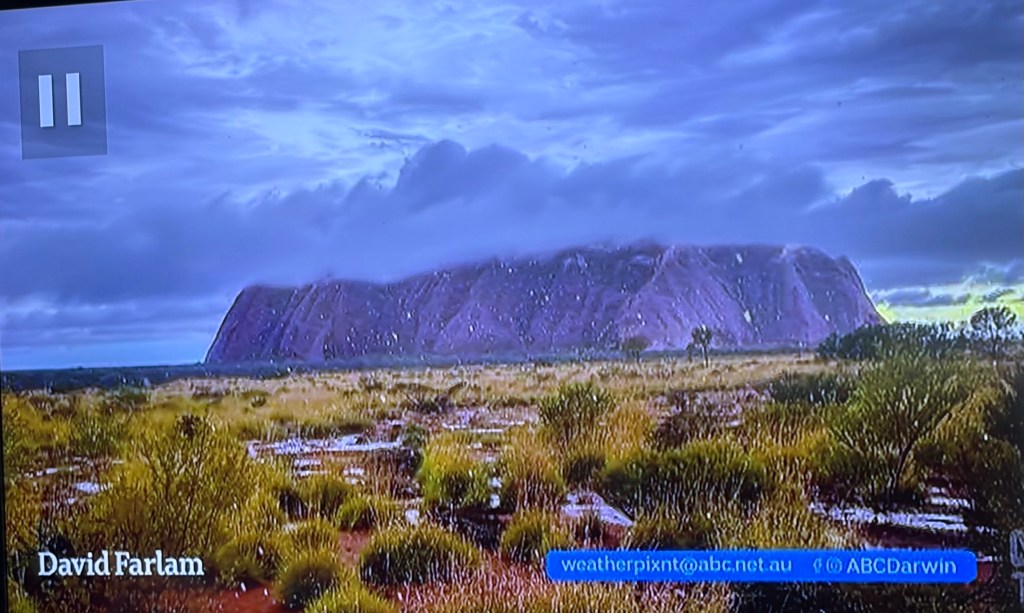

I thank Nigella Lawson for inspiring me to explore the culinary delights of life.
Very few sitting days every year
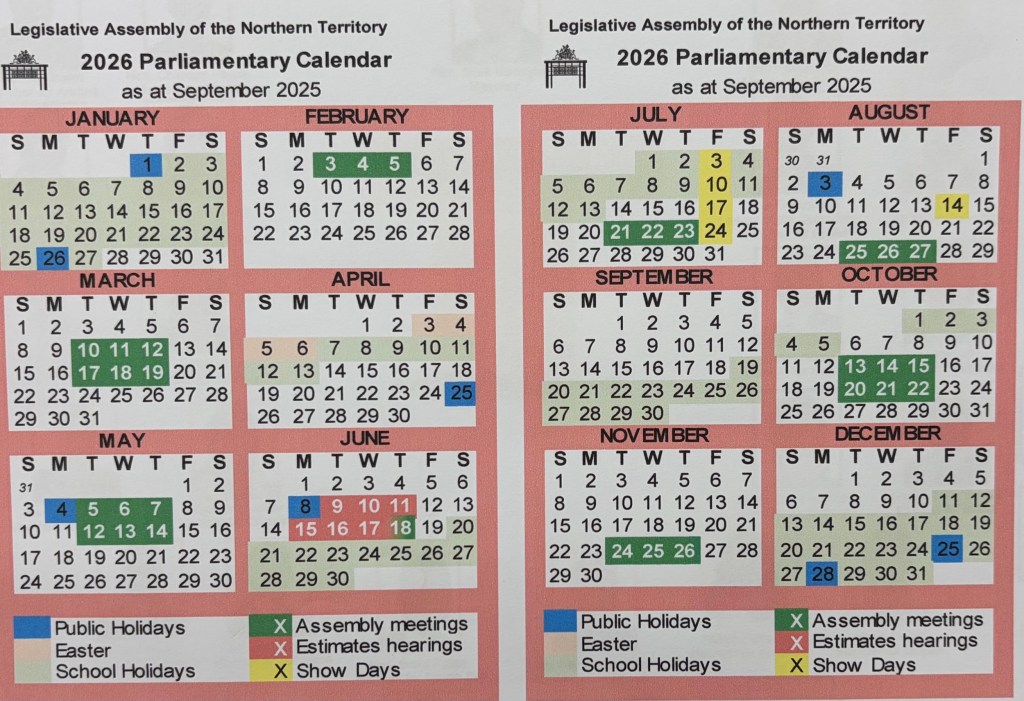
It is hard to be happy.
Getting hard to do things and make things
Hard to enjoy food
To plan meals
Hard to keep focussed
To fix on time and timing
Hard not to want what we cannot have
Hard to get back what has gone.



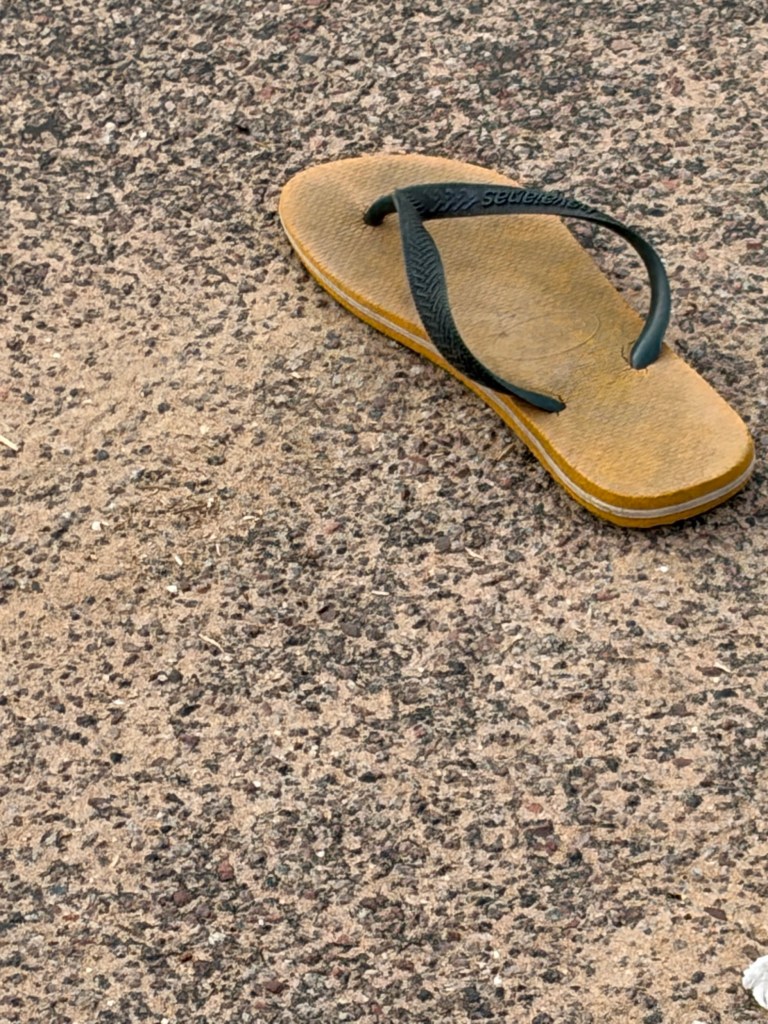
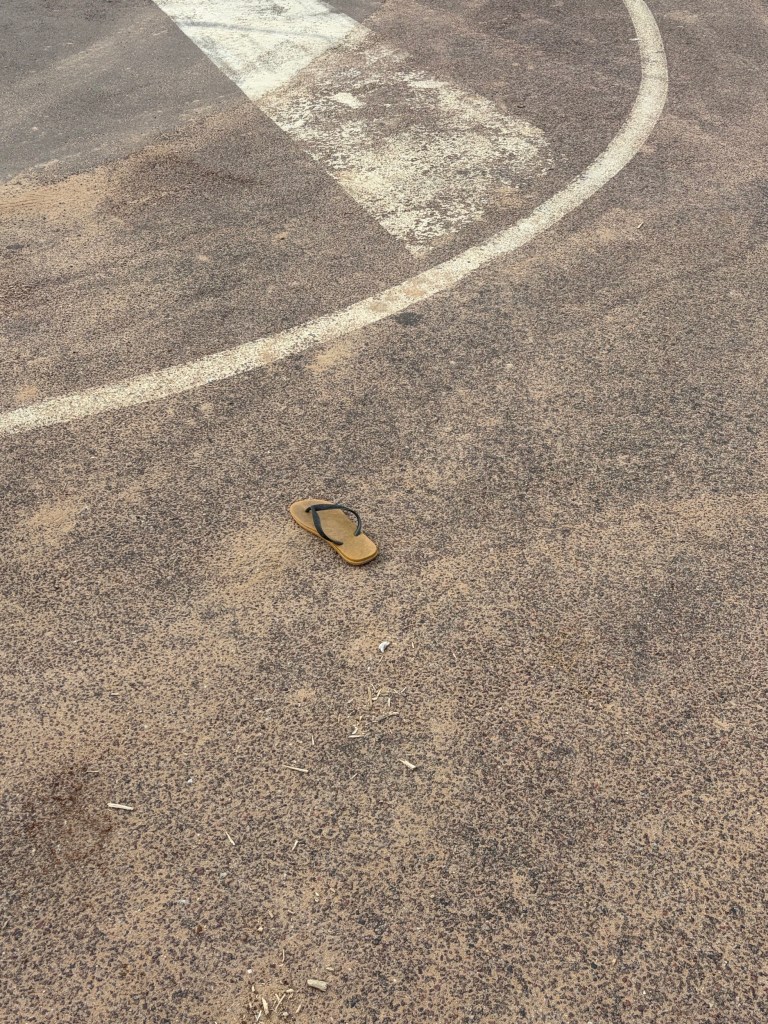
I went to a gathering of old people today. I am an old person and like all old people I am a physical caricature of my formal self.
We might not be brilliant physical replicas but being with a lot of old contemporaries, I realised one thing.
We are wise.
We are also discounted.
And for doing that to us
Younger contemporaries who are full of themselves.
Are foolish.
Because they have to learn the hard way.
Hettie
Thomas
Bessie
Barney
Matilda
Dorcas
Percival
Edward
Goochie
Olive
Colin – Colsie
Lloyd – Lloyd Wilson
Lorna
Kerry
The dementia groups are the biggest and fastest growing in Australia where dementia is now the number one scourge. That said, it is downplayed and overlooked by Government big time.
Recent reports on how AI is beginning to overwhelm academe and supplant students’ complete cognitive understanding fill me with deep unrest. Have a question or a problem? Ask AI. The clear and distinct danger is that people will make decisions without understanding WHY those outcomes are correct.
Years ago, our daughter passed Year 11 with distinction. Imagine our surprise when she asked to repeat Year 11. She explained that while excelling, she did not understand why she was succeeding; that something was missing within the cognitive equation and learning process. She repeated year eleven, gained the insights she had been missing earlier, was very successful in year 12, then went on to earn excellent tertiary qualifications in the fields of science and education.
Over-reliance on AI to provide solutions that are not in line with the questions asked will lead to an explosion of mediocrity in understanding among professionals and skilled workers. That will be a catastrophe.
It is one thing to give the correct answers and another to understand why.

I care for my wife
I love her
She has dementia
I care for her and try my best but doubt I do a good enough job.
These days when reflecting I cry a lot.
I have lost interest in me.
Were the care for my wife, whom I love dearly, not so imperative, then J would happily depart this world.
Donald Trump
He is a colossus among mankind
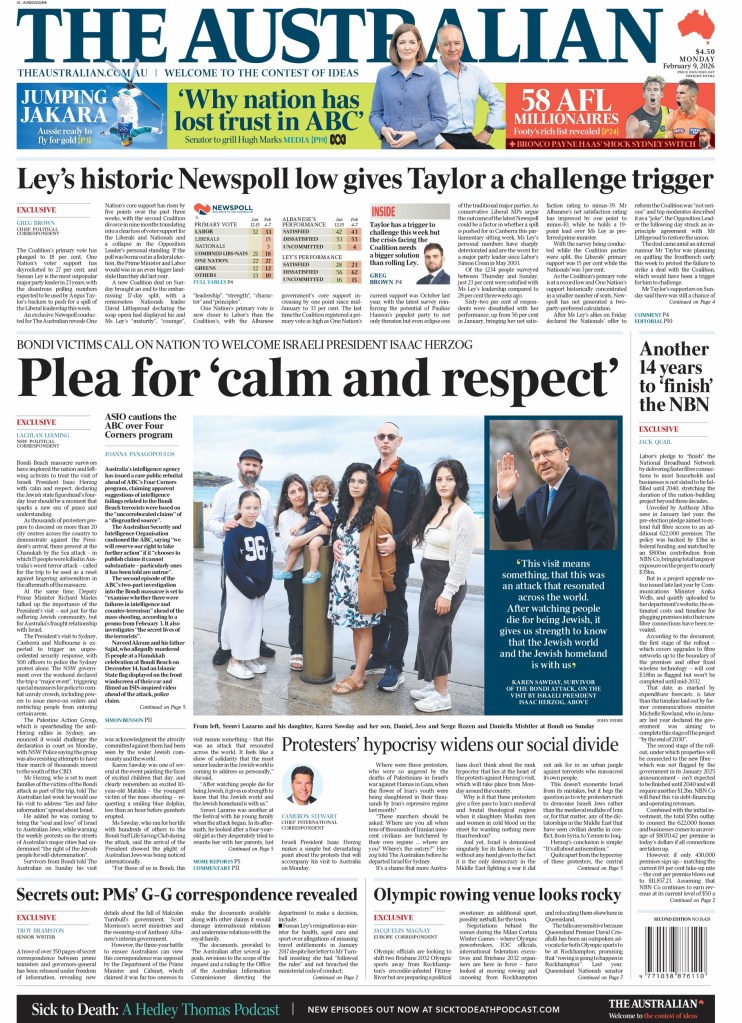
My wife who has dementia, was admitted to RDH recently after spending 14 hours in ED.
She was admitted to a four-bed area in Ward 7a. This is the renal ward. She was in the ward for six days.
It was for her a horrible time of incessant bedlam and noise, shouting, demands of staff, patient resistance to staff effort and entreaty and unpredictable behaviour by patients 24/7.
She was not shifted to a more suitable situation and when discharged it was without her medications which ‘caught up’ when collected 18 hours later. I visited every day from 10.00 am until 7.00 pm when visiting hours finished.
It took Margo three days to start resetting and for her the whole experience set her back – all without her major medical matters being finalised.
Note please that my concerns are NOT about staff and care but rather that a particular patient cohort is able to demand so much time and attention often generating from awful to behaviour. The week was one of the very worst we have ever experienced.
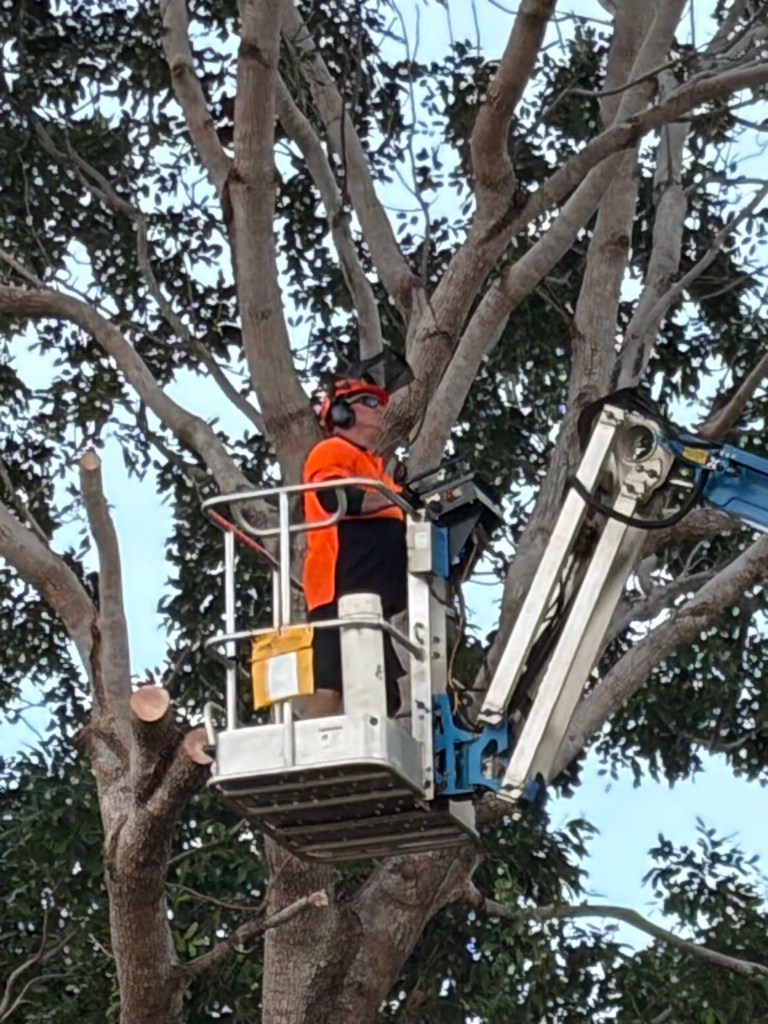
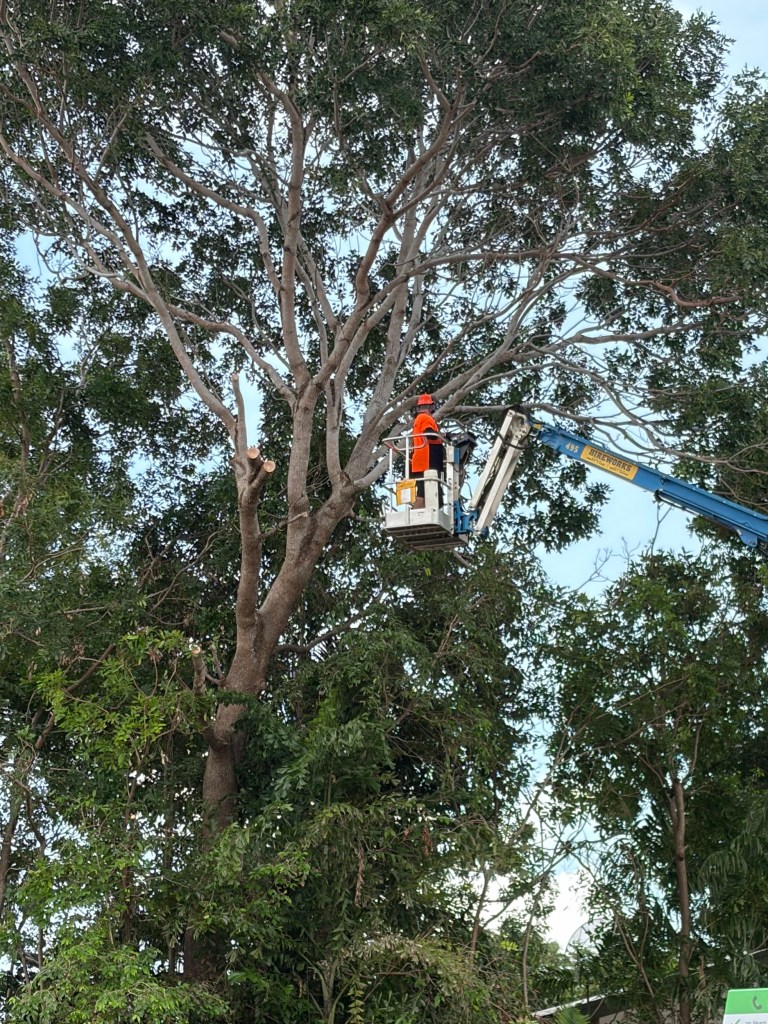

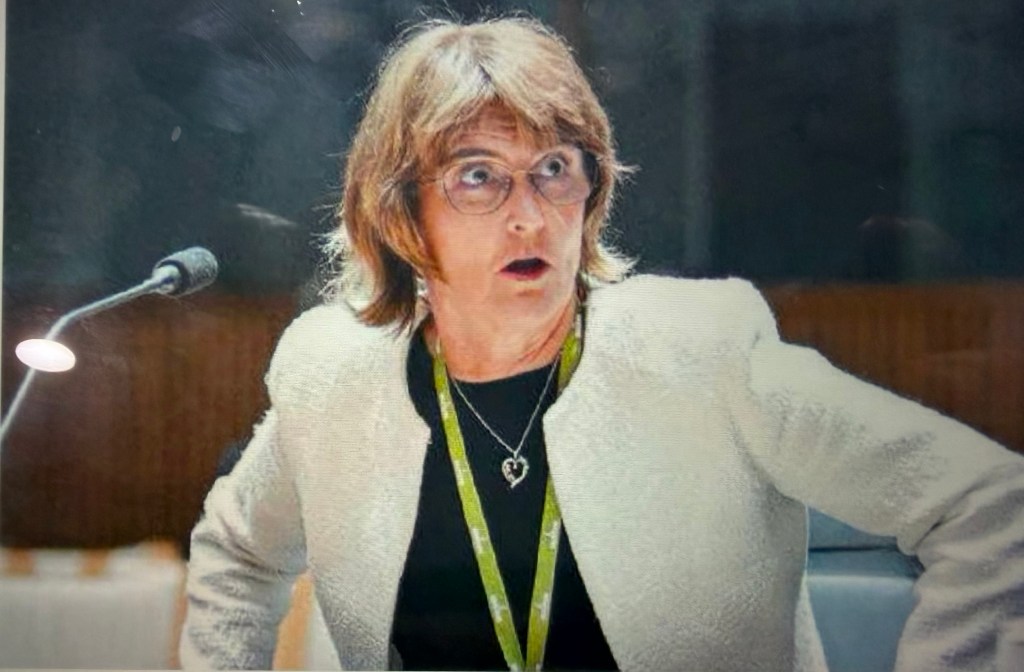
The stock market.
Consequences of government policies.
The product of education.
Sports form.
Socio/economic relationships.
Marital bliss.
Weather and climate outcomes.
Personal ambition.
Certainties of the days ahead.
A flat tack
A burst balloon
Weeping eyes
Sad reminiscences
Punctured motivation
Stale and dull head
Deepening hopelessness
Envelopment in the quicksand of despair.
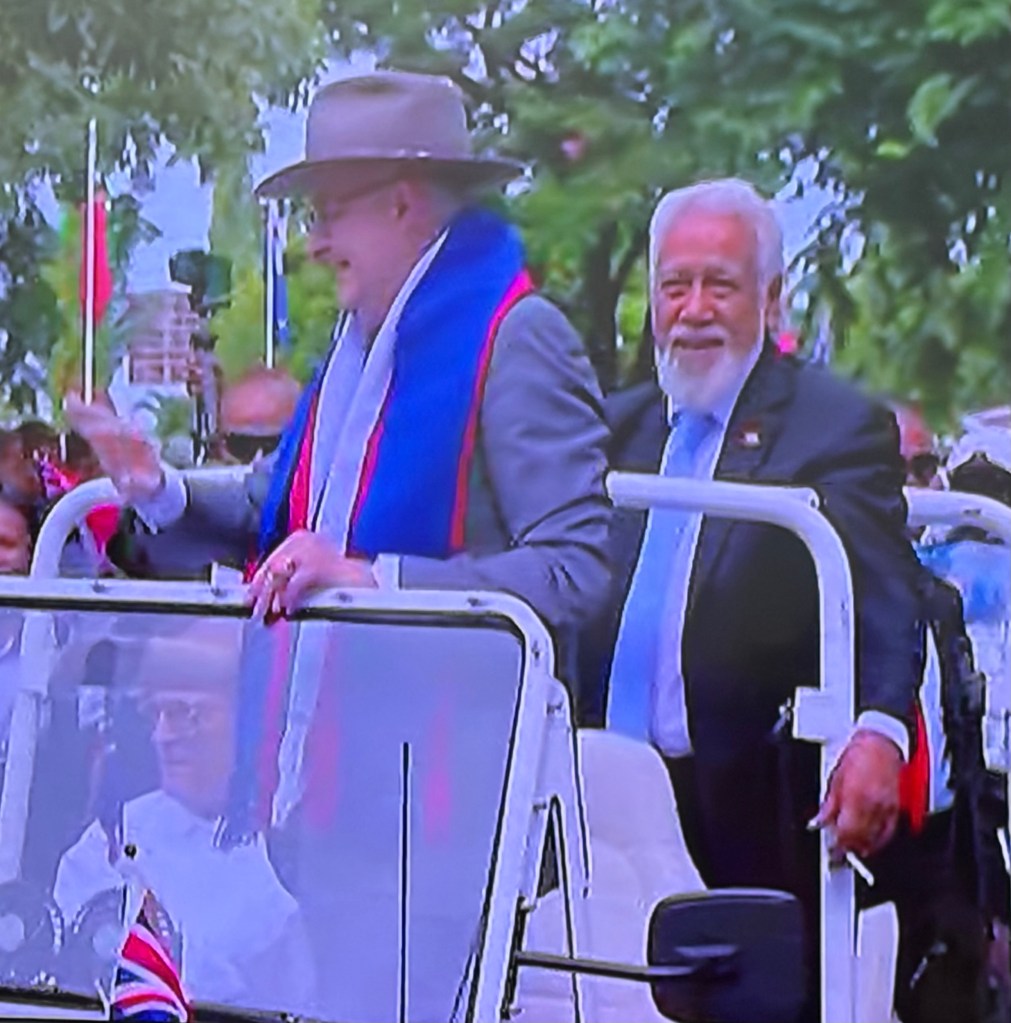
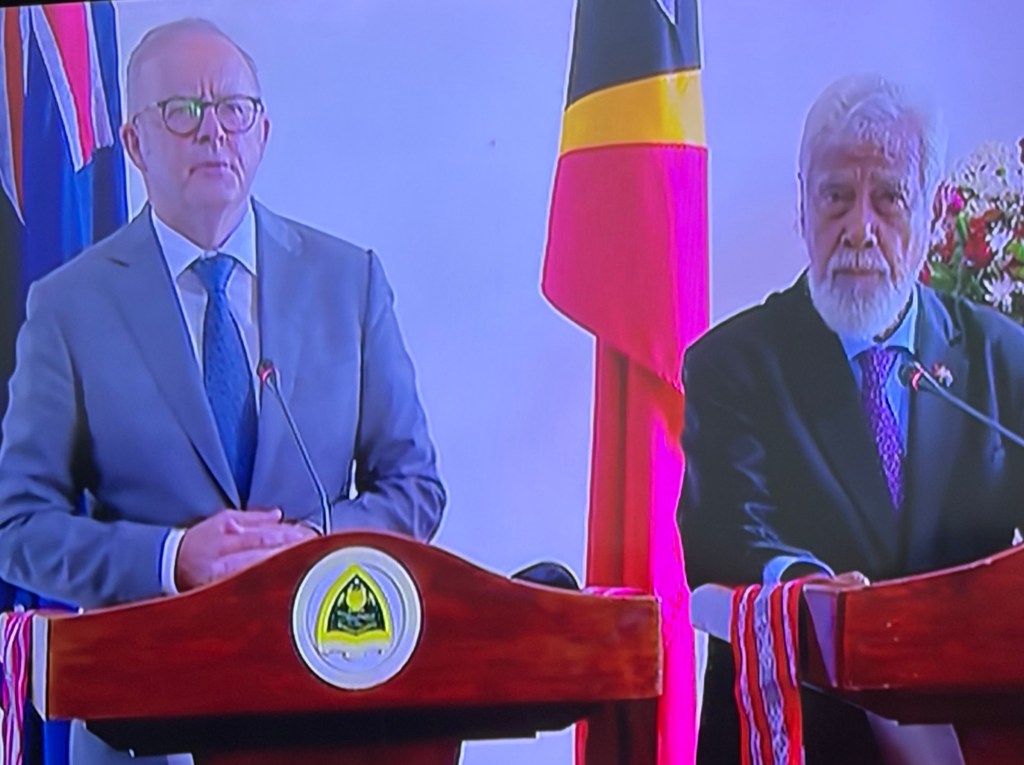

It is getting down to the pointy end of my life. I am 80 this month. They can say what they like and pooh, pooh the notion of age until the cows come home – but I am old and the more I reflect upon the future, the more uncertain and precipitous the world seems to have become.
On my birthday, February 24 2022, the most recent chapter of the Russian War on Ukraine started. I was 76.
Should I live to 81, on 24 February 2026, that conflict will be entering its fifth year. By then China will be in effect en route to Taiwan while the Middle East will be wracked and largely wrecked by conflict.
The world is tearing itself apart.
I feel my vitality withering on the vine of life starved of moisture and feel my spirit drying up inside. I am increasingly overcome by the thickening veil of hopelessness and the world is closing in on me.
I often wonder how far I am from a break: The break that comes at the end of life’s cycle.
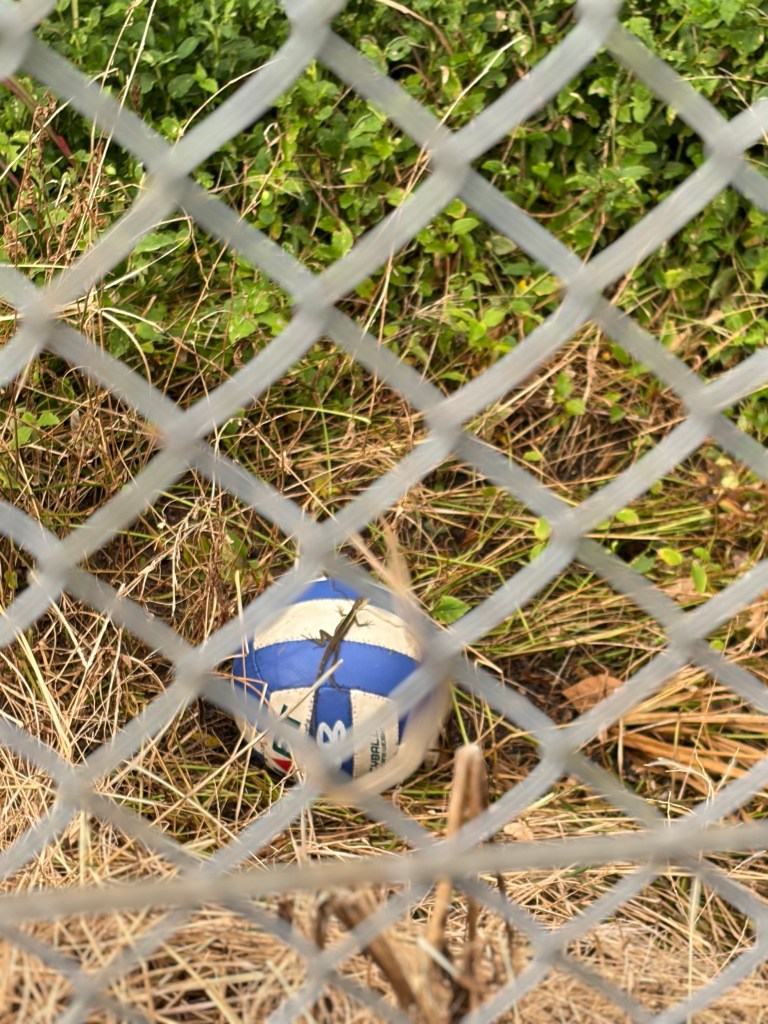





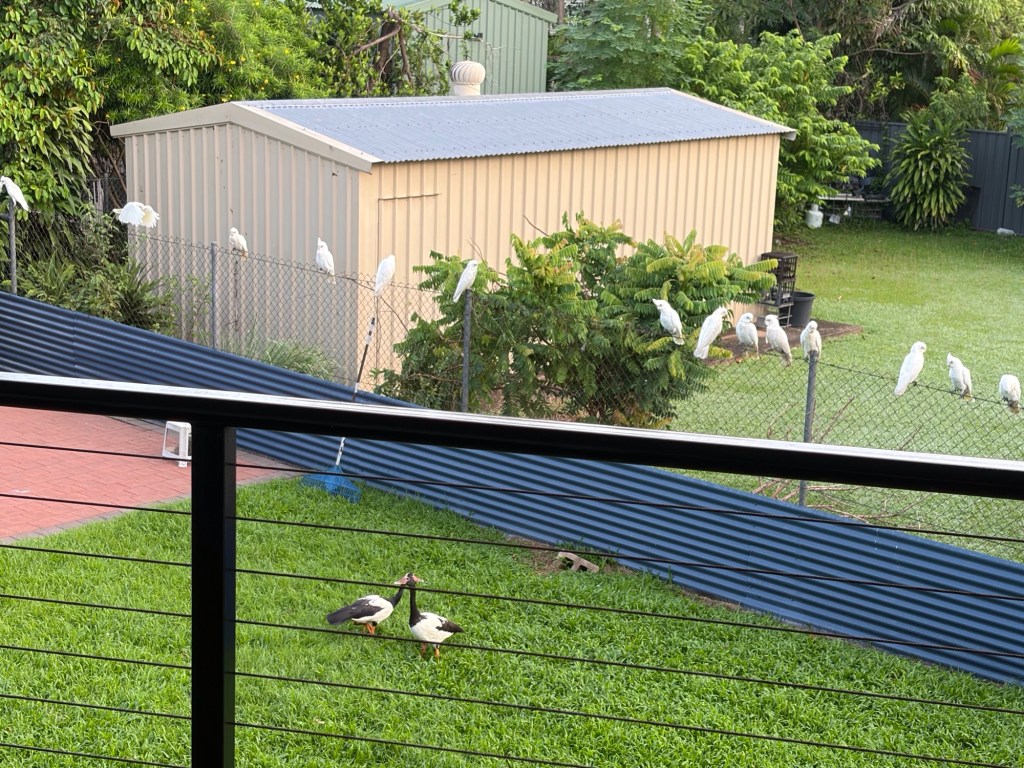
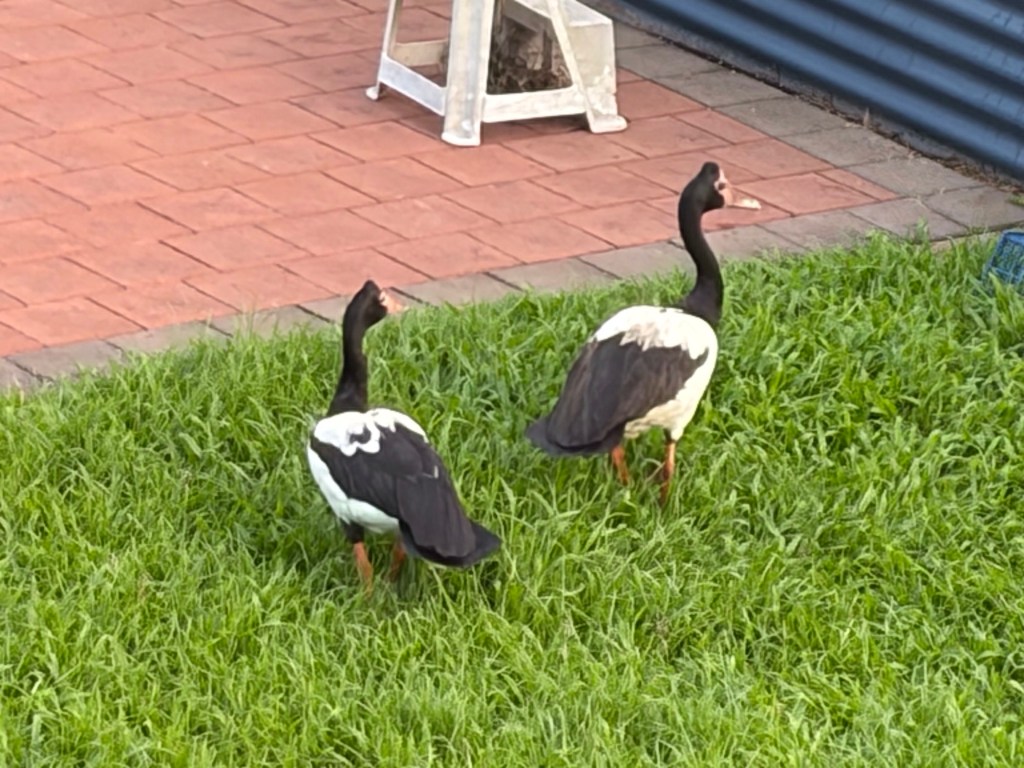
Never … but you never know

U

I have.
And now
I am
Tunnelled into
Darkness
With most
Behind
And little
Ahead.

My life,
Feels like the turning point
Of a corkscrew.
Guided by an uncaring hand,
Burning and burying me every deeper,
Into the mass,
And growing density,
Of an unknown substance.
Deeper
And faster,
Turns the hand,
Until the unbearable heat,
Sears deep into the tissues,
Of my mind and inner psyche,
Ripping tearing renting me into fragmentation,
Ceaselessly unendingly until I am reduced,
To a blubbering apology,
Of human wreckage.
In the classroom
In the yard,
2026 teaching
It’s so hard,
KPI’s are all the go,
“And what would teachers
REALLY know”,
Cheeky kids
Who have no care,
Deliberately wilful,
Tear at the hair,
The very soul,
Of every teacher,
Now treated like,
Some nasty creature,
Give it up
‘Tis the only way
It’s gone to pot
Says Henry Gray

It is hard to go past the days leading to my retirement in December 2011 after 20 years at Leanyer School. They were days and weeks of nostalgia and reflection, of challenge and celebration. In so many ways, never better.

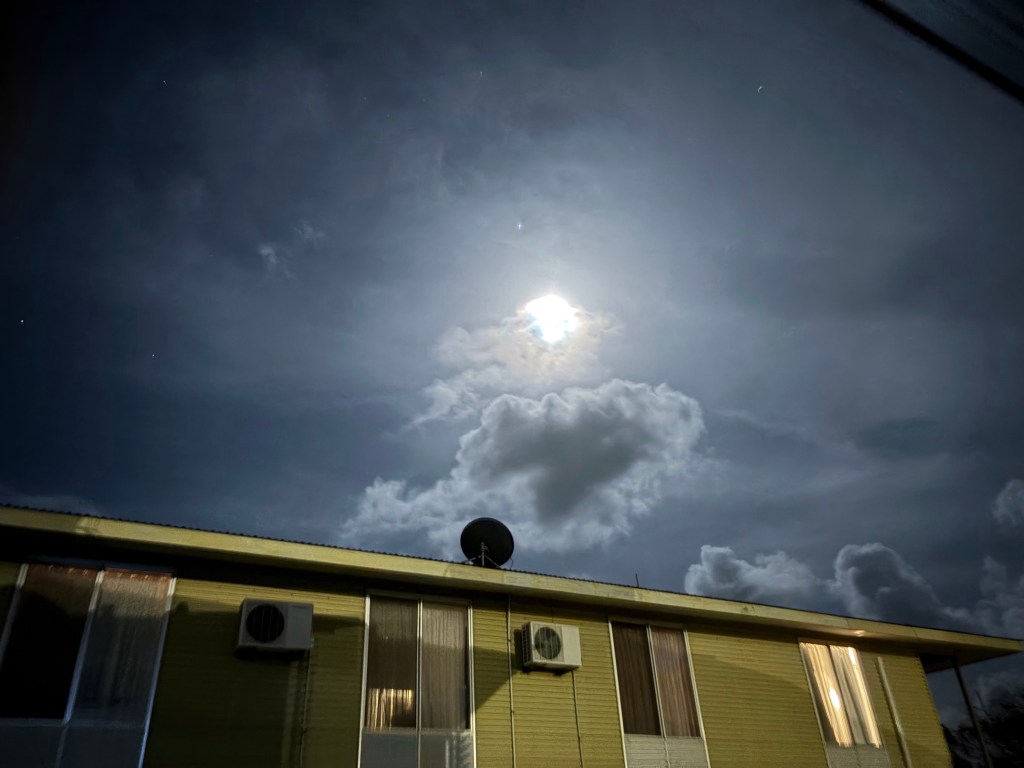
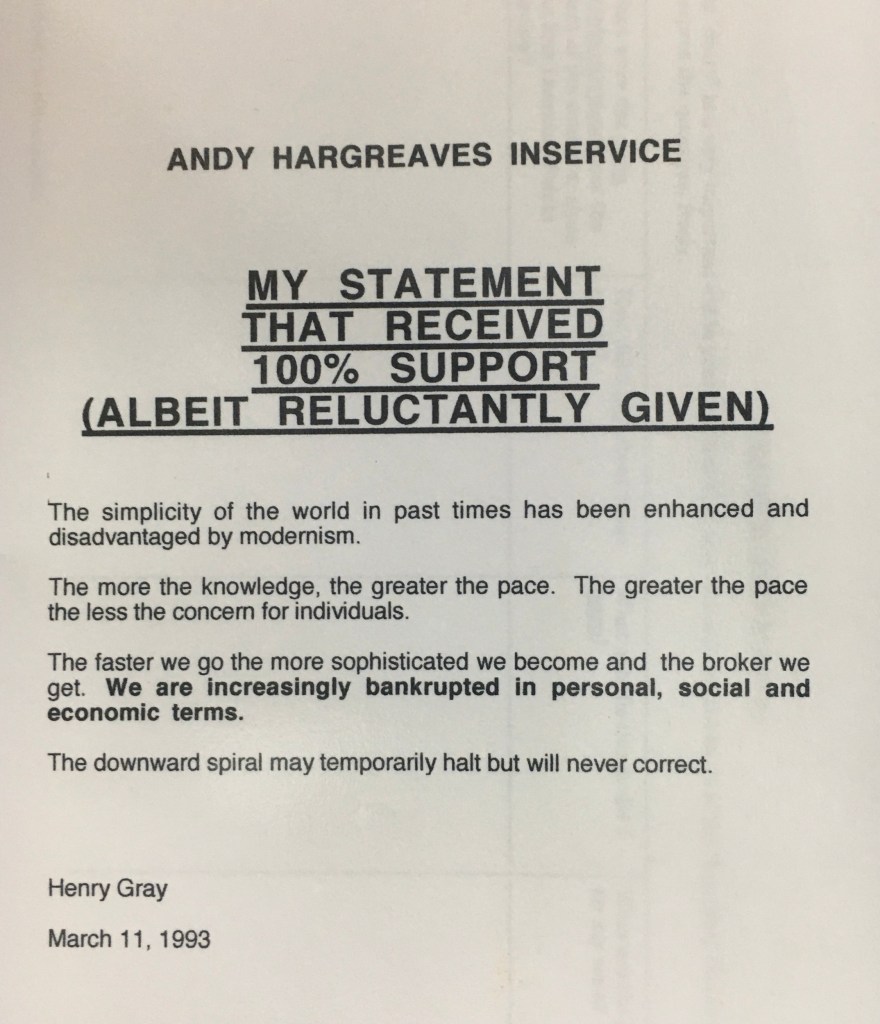
That is the way it is. All true.

A friend of mine raises a question we should all consider.
I agree with and share her concern
Hello😊
Wouldn’t it be nice if parents actually taught their kids that we’re not all the same and that it’s actually ok to be different. Children with special needs are not strange!
They want what everyone else wants, to be accepted and happy!!!
How about it
THIS COULD BE FOR YOU
Come and help us stage Australia’s premier cultural event!
Volunteer applications for the 2026 Garma Festival open on Monday 16 February, through GoodCompany.
We’re looking for energetic and enthusiastic people to assist with transportation, ticketing and reception, merchandise, campsite infrastructure and operations, site management, administration and more.
You will also be helping the crew to set up and pack down the site before and after the event, so physical work is involved.
Volunteers need to organise and fund their own travel arrangements to and from Nhulunbuy, and be available to arrive on Saturday 25 July, and depart on Wednesday 5 August. You must be available for all 11 days.
You will also need to do a criminal history check, and obtain a clearance to work with children from NT Worksafe.
Come and join an incredible team of like-minded individuals for an experience like no other. Applications close on Tuesday 31 March.
Stay tuned for more information 🔊
Pic: Peter Eve ~ Yothu Yindi Foundation
#garma #garmafestival #garma2026 #culturalfestival
Donald Trump
One of the bravest, caring and conscientious leaders the free world has ever known.
He is minded a model of mankind.
Donald Trump
The restorer and rebuilder of America, the cater abd the protector of all that is dear to the heart of every patriotic American, the man whose pure and faultless example relights the flame of hope in each spirit and revamps every soul.
Donald Trump.
When I think of Donald Trump, I feel like putty in his hands, to be moulded and shaped by his greatness.


I never achieve peace of mind.
I never feel good
The closer I get to the end the more I am disquieted about what the world holds in store for our children and grandchildren.
I never feel people will ever learn from the past.
Blind exhibitionism
Puerile self promotion
Shameless flaunting
Foolish utterances
“Me” in lights
You can eat them whole or do something like this for a yummmmmmy snack
Sausages can be part of quality sandwiches



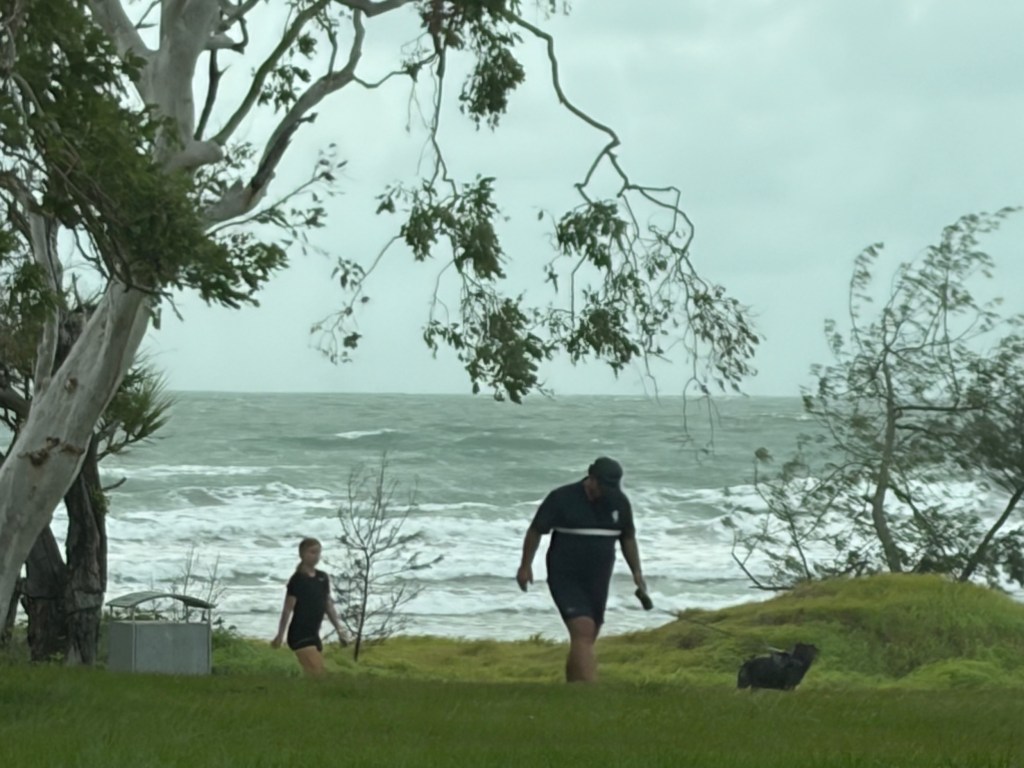

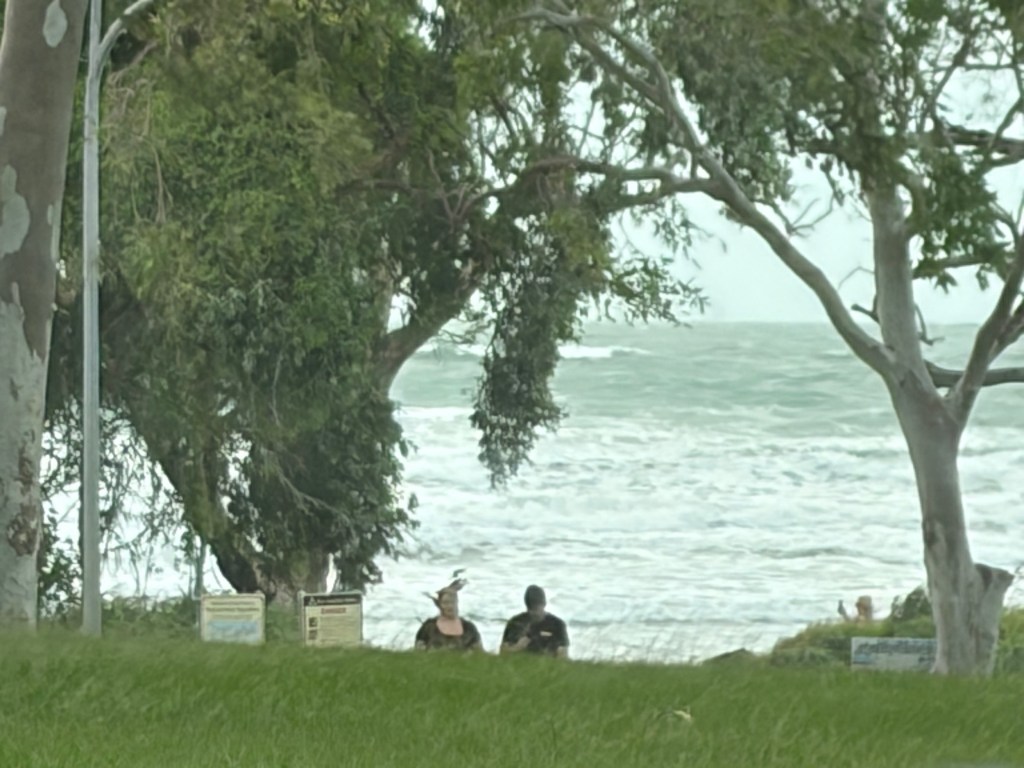



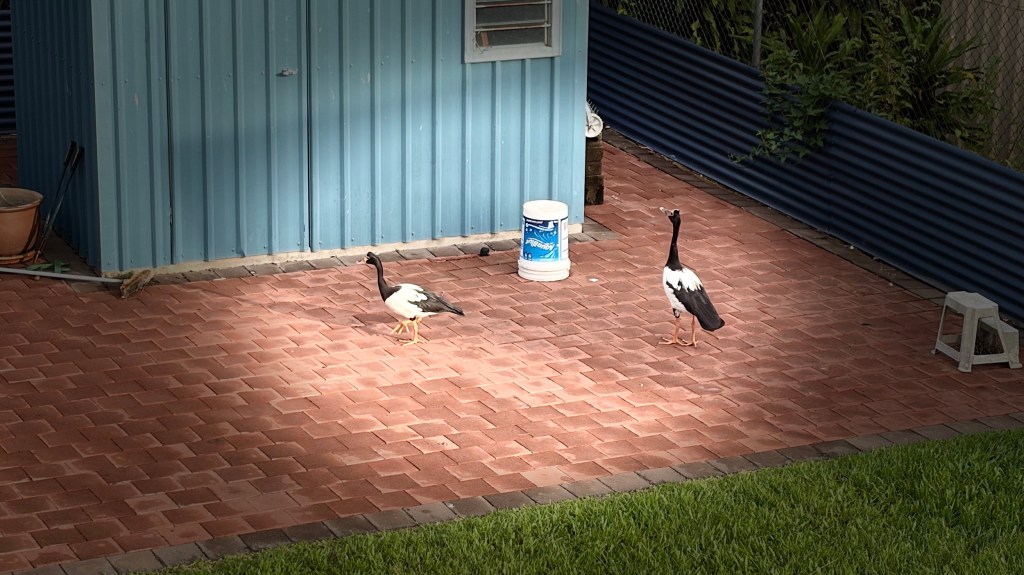
The Shadow Health Minister said that the Liberal Party could win a Federal Election on its own and without the support of any other party.
Not a chance.
A snowball lasting in hell would stand a better chance than the Liberals being successful in solo terms.

Except for a few standout players like Ashleigh Barty, Alex de Minaur and Naomi Osaka, tennis is made up of exceptionally self centred, selfish and opinionated players.
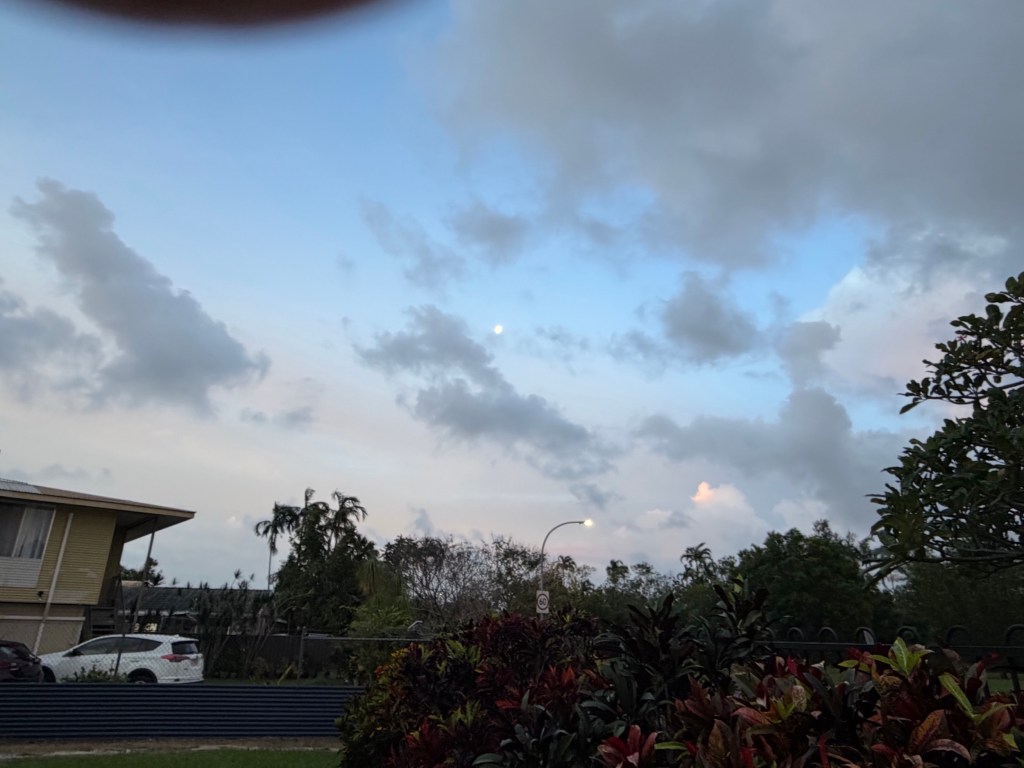


Dismal always downcast . 
The Emergency Department of the Royal Darwin Hospital is the scariest place in the world to visit.
I would and do go only IN THE MOST DIRE OF CIRCUMSTANCES. It is awful with the time taken to have matters attended often taking until the next day.
The place is often overrun by impossible patient behaviour with those shouting the loudest deemed to be ‘priority’, meaning that others are pushed down the queue and sometimes all but forgotten.
Not good – well that is more than an understatement!
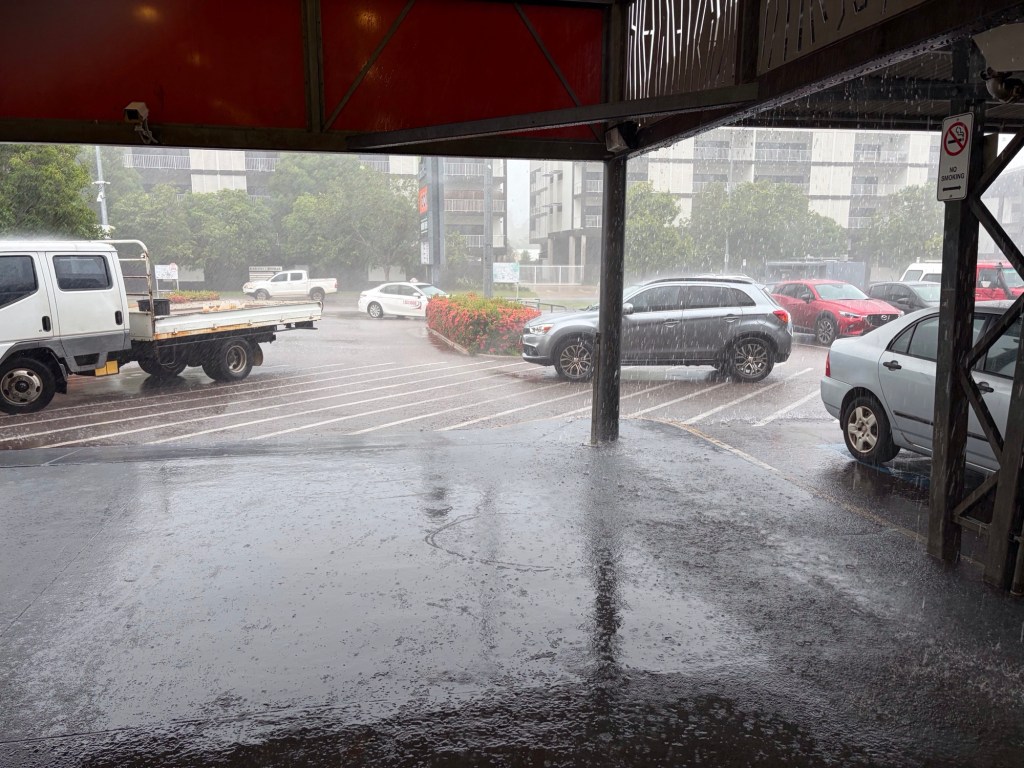
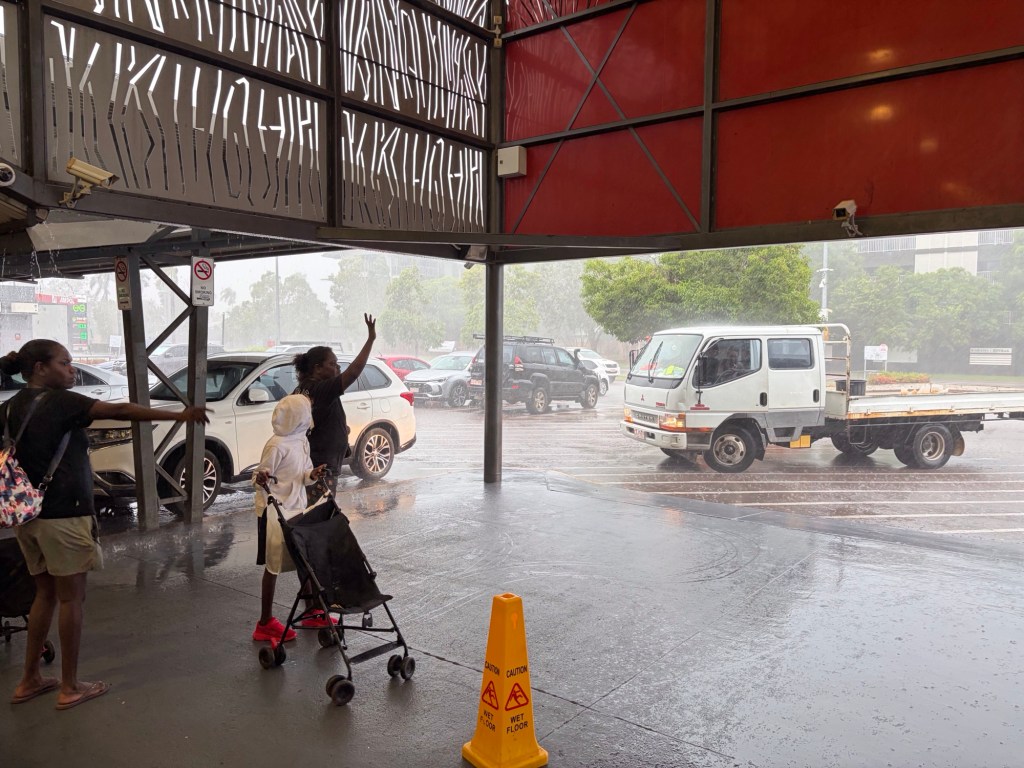
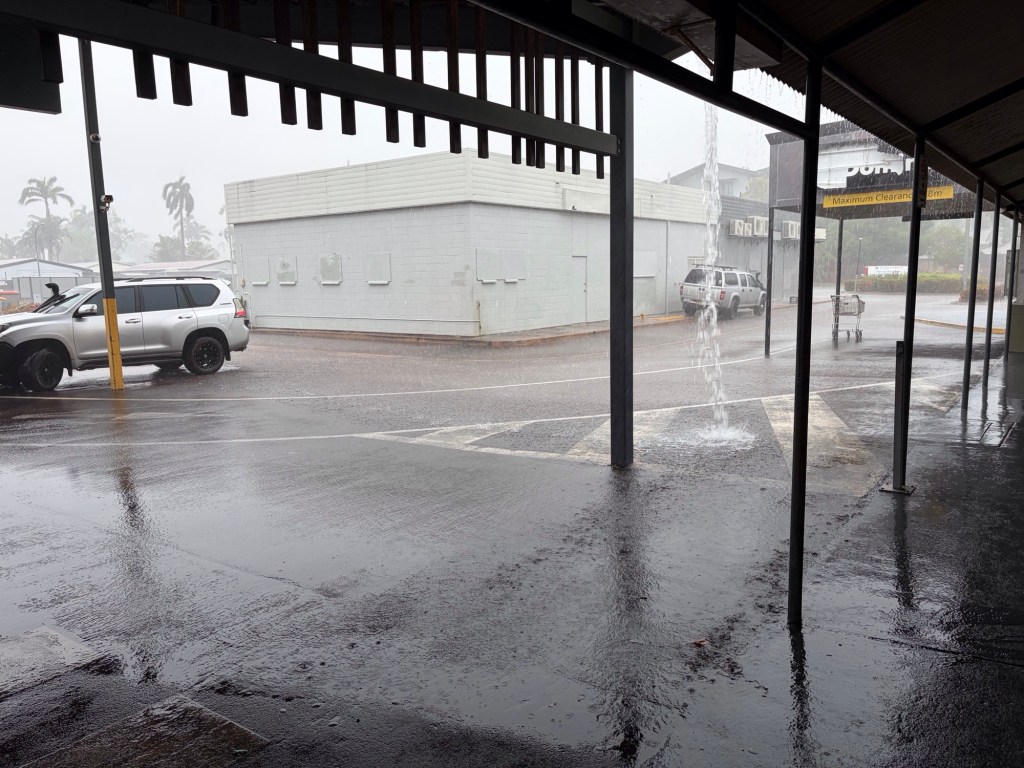
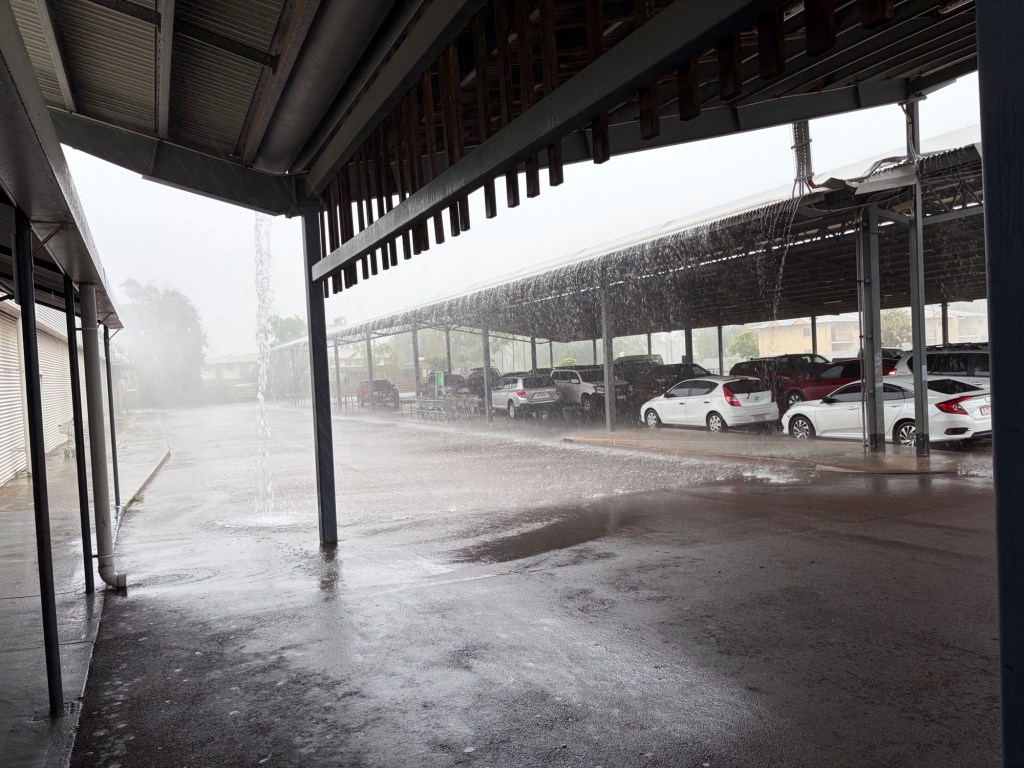
PM, VC AND SENTATE MEMBER FOR LINGARI
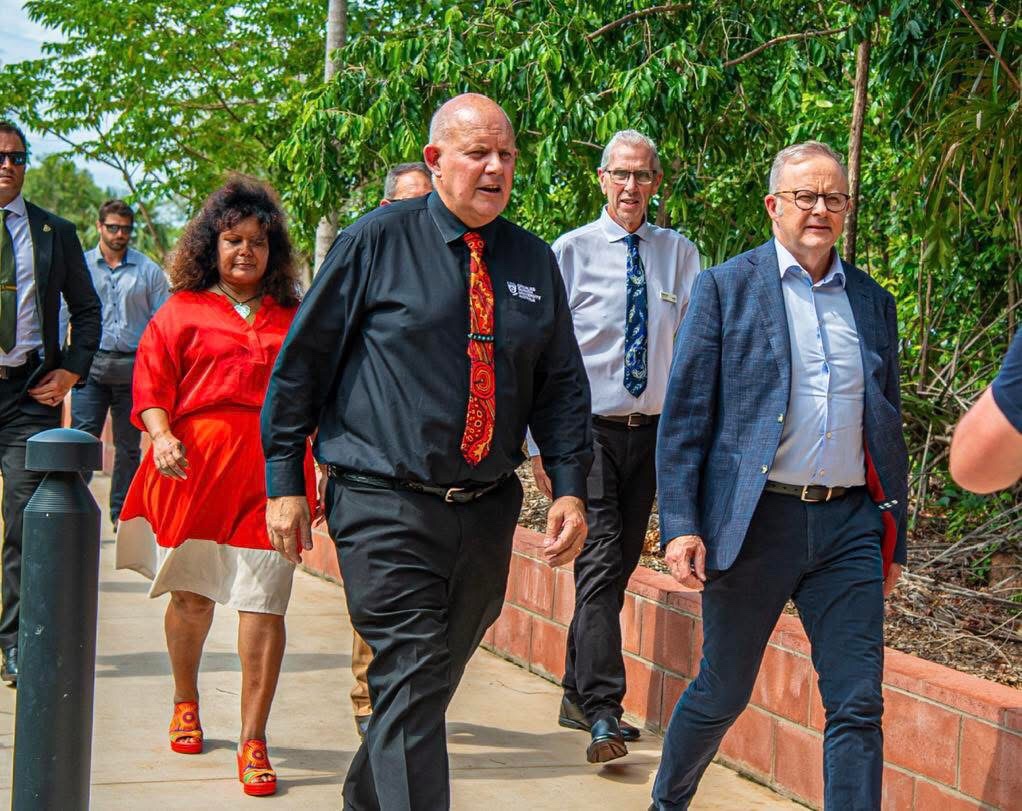
On a mission for the betterment of the Northern Territory. How blessed we are to have the university, in many respects, marching forward, onward and upward. Dogged determination and fierce positive purpose in every stride.


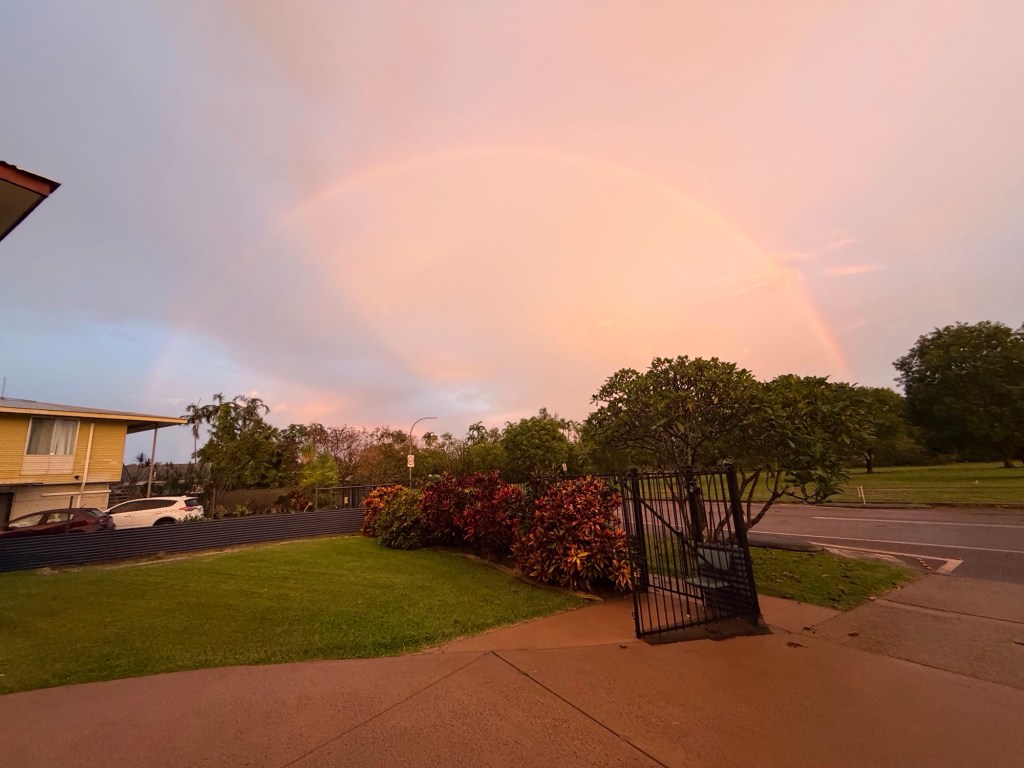

My wife was discharged from Royal Darwin Hospital late yesterday afternoon after six of the worst days of our lives. It was exhausting, draining, and quite awful for someone who, as a patient, does not yell, scream, remonstrate with staff and incessantly demand attention.
When we arrived home, both of us were so drained and exhausted that we collapsed on our bed, and that has been it for the past 12 or 13 hours.
I have learned a lot about medical management in the past week, and very little of it has done anything other than make me shudder.
Is like into a slow moving and heavily laden goods train with length so long that it is frequently derailed.
When is sometimes so far away that one gets lost in the eons of waiting.
The words ‘express’ and ‘priority’ are distant to all aspects of the hospital other than the emergency department.

These are questions I have asked in various forums from time to time. I have asked them about those who post on LinkedIn. Often, I hear nothing back from those to whom I have replied, with those replies being a response to people who decry the fact that the treatment of and regard Indigenous Australians is insensitive and harmful.
The strong inference is always that fixing the issues has to come from the government, agencies, or a change in attitude by those held accountable by writers.
In this context, my questions were pertinent to ‘The Voice’. There was an assumption that if the Voice was passed into our constitution by the referendum, then all the issues raised around the questions I had – and still have – would somehow be corrected: That without the Voice, there could be no fixing.
I was involved with Aboriginal Education in both WA (1970, 1974/75) and the NT (1975 – 82) as a school leader. With staff, I initiated many programs that greatly benefit children of young ages. I worked to ensure school attendance and had the support of communities.
I have also undertaken formal studies in the field of Indigenous Education.
I add this chronology to point out that my questions are not from someone unaware.
Seems like it could well be!
Services reducing.
They seem to be keeping its future under wraps.
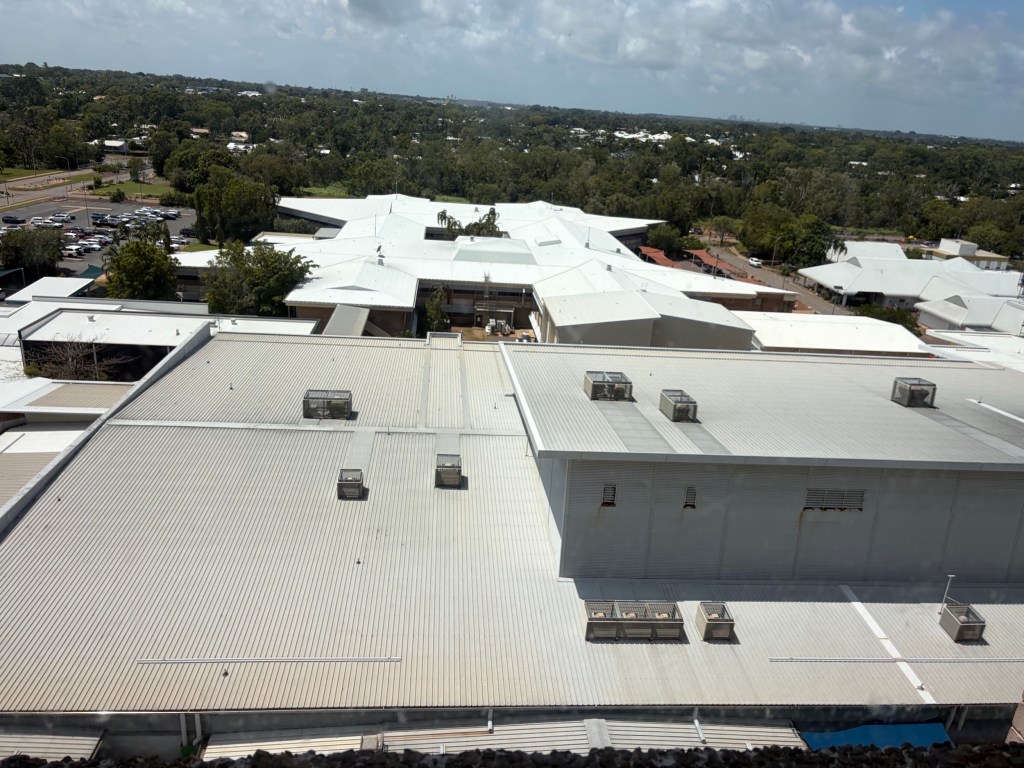


I would buy a hospital where patients could recover in peace and quiet, rather than being subject to the constant babble of noise and disquiet that is a part of hospitals these days.
Hospitalisation these days is closer to hell than to healing.



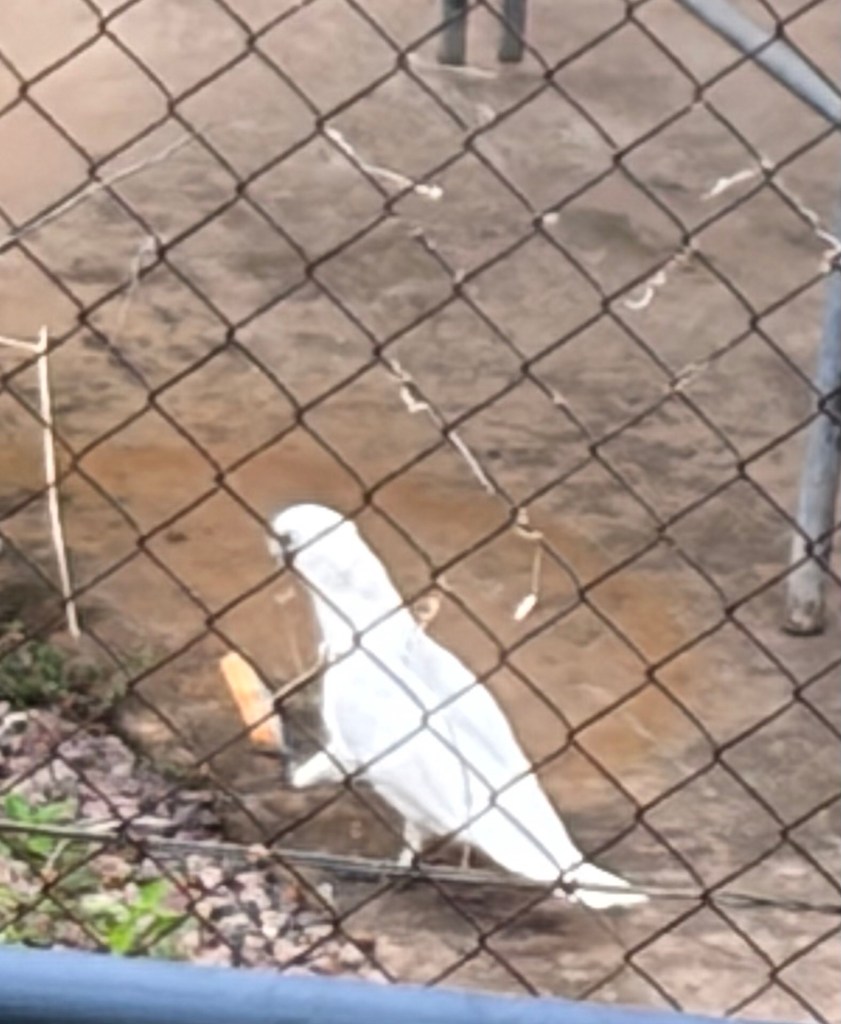
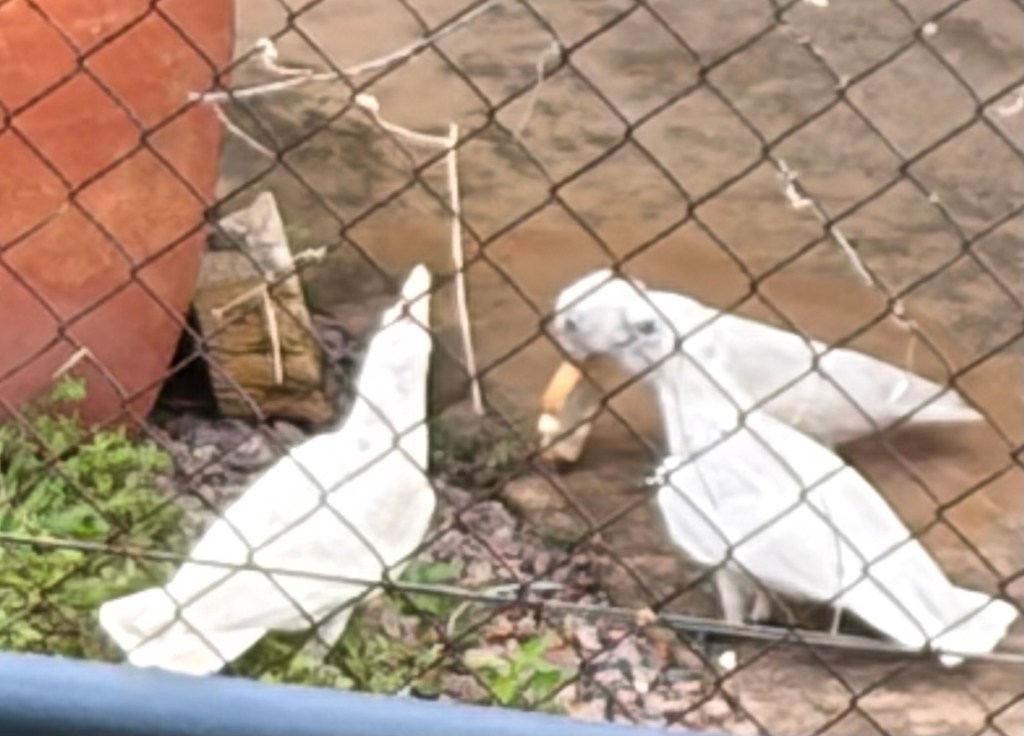
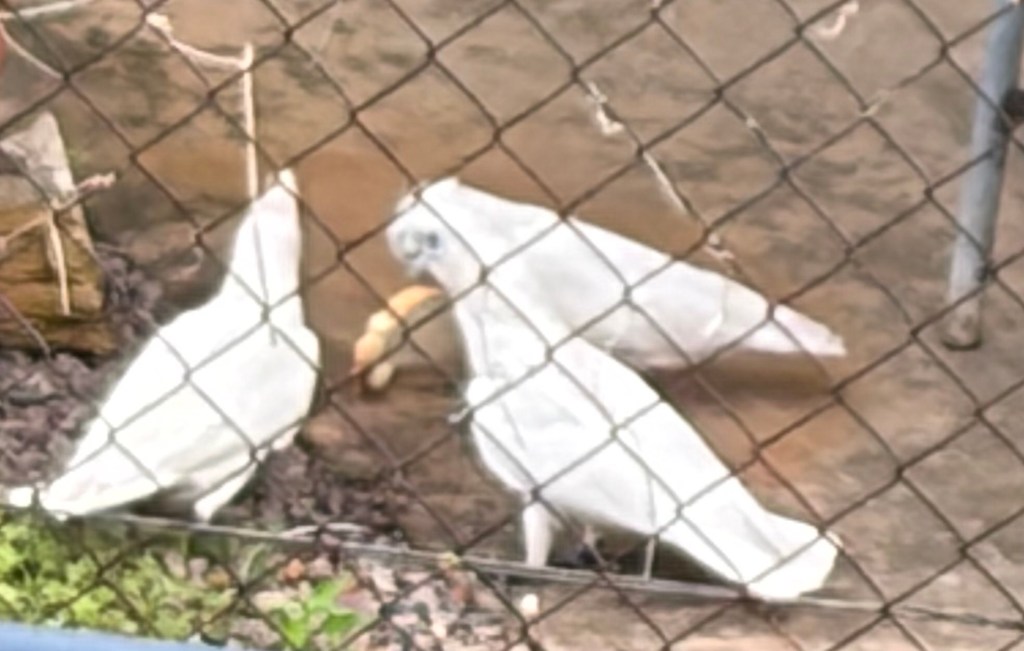

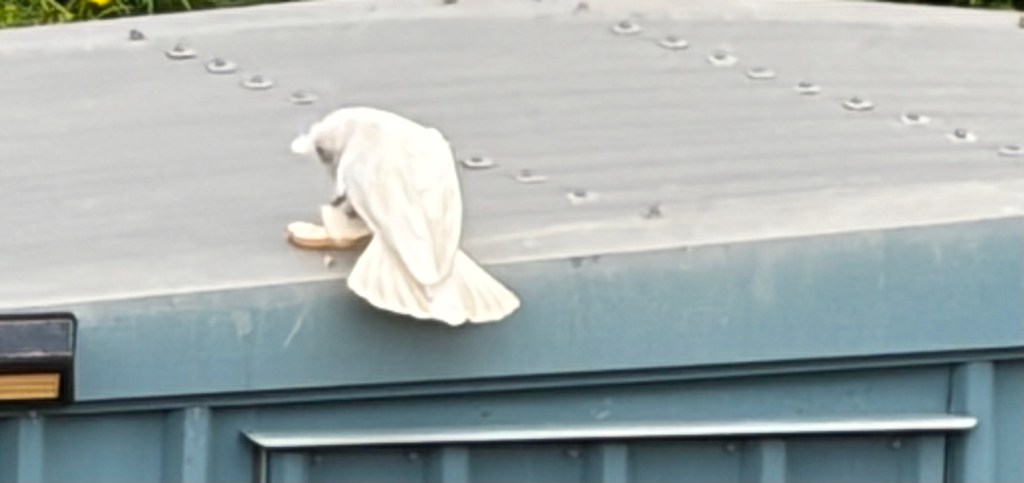


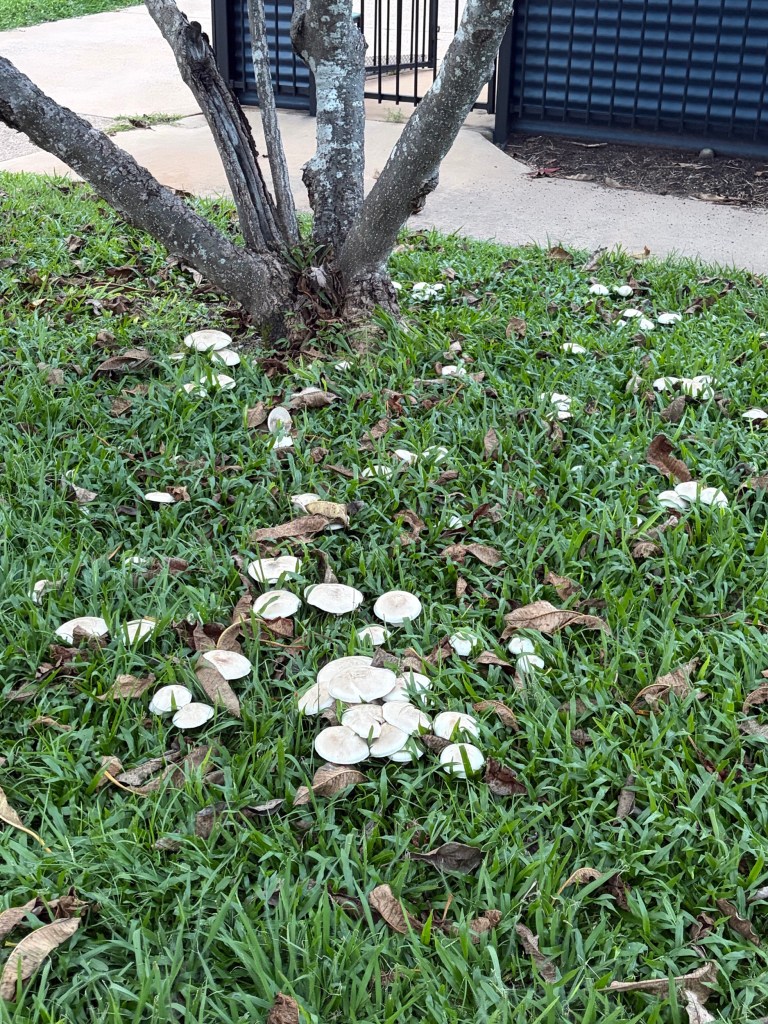
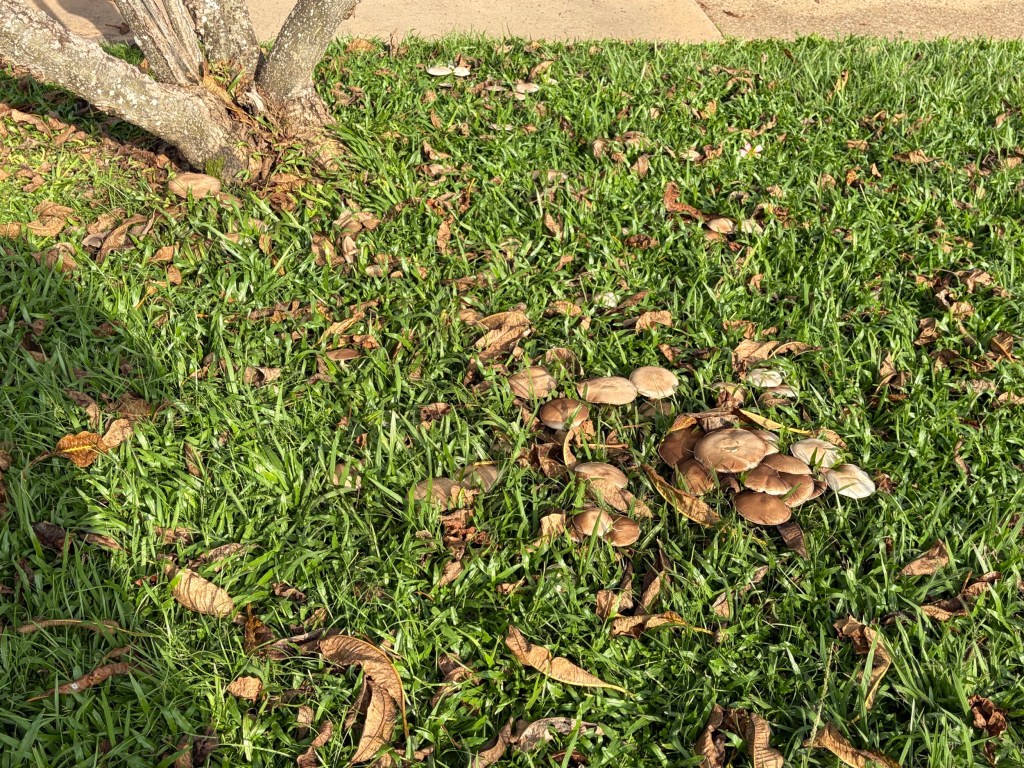

Commentator.
Considerer of agrarian practices.
Carving out an agricultural career at Rocky Gully.
Proud sponsor of Edward Kynaston the founder of “thinking aloud”.
A mentor, pariah, example and great Australian bloke.
I am a very old man.
I would give it all to some aged care mogul to guarantee space and care in one of his aged care homes in exchange for meals and accomodation until I went dead.

Books – lots of books but the ones I want to read:
Australian History by Tony Abbott.
The Machinations about Daniel Andrew’s.
Mark Motlop by Grey Morris.
The Never-ending, Everlasting Ascension of Donald Trump.
Together as one: The Bonding of Vladimir Putin and Vlodomiya Zelenski
Things are bad
Things are crook
I’m all over the place
A mental sook
Out of kilter
Out of whack
If still working
I’d be for the sack
I wonder if
I have been fated
Forever to be
Discombobulated.
One Nation on the upswing – and building on a strong foundation

Donald Trump
Being good
Sinning Not
Honouring parents and elders
Listening to each other
Respecting those who are younger
Focussing on values.
Me
Poor Old Henry.
I
Am all over the place
My
Thinking is confused
By
Life Circumstances.
Over my head
I sense the Sword of Damocles
Hanging
With the sharpest of points
Suspended
By this thinnest of threads.
Vladimir Putin.
Never.
The year after next.




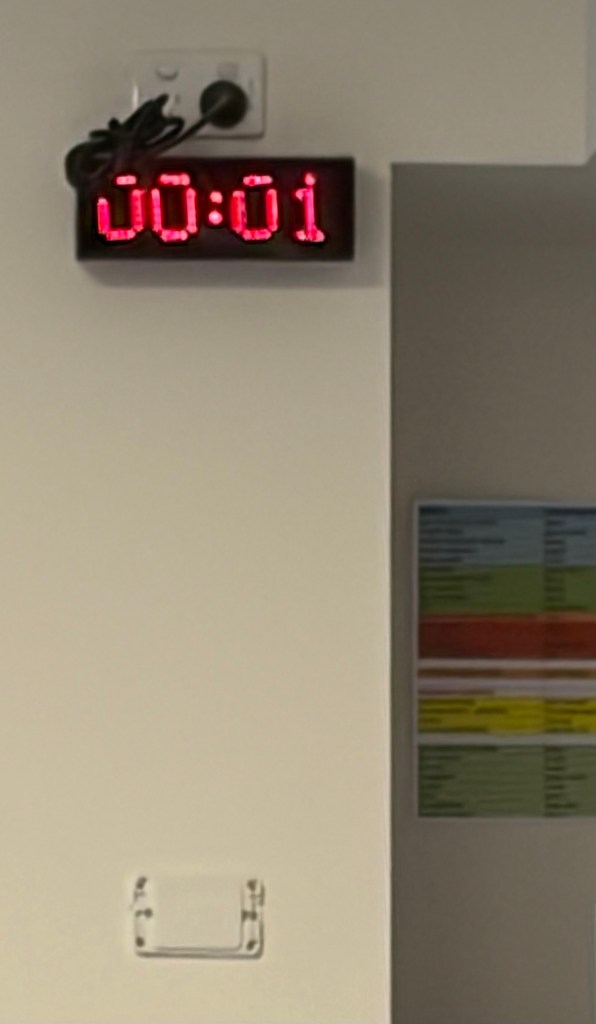

The Shout Theory
The nearby cafe, restaurant and take away food shop,

Wondering how long it will last.

A sudden upturn in medical awareness and a downturn in the expectation of the ongoing routines in life, can have a sudden and dramatic impact upon us all.
Our realisations are pulled up with a sudden jolt.
That is me for the last couple of days.


ALL HUFF, ALL PUFF, NO ACTION
Today
I feel
Like going away
Into a corner
There to
Die.

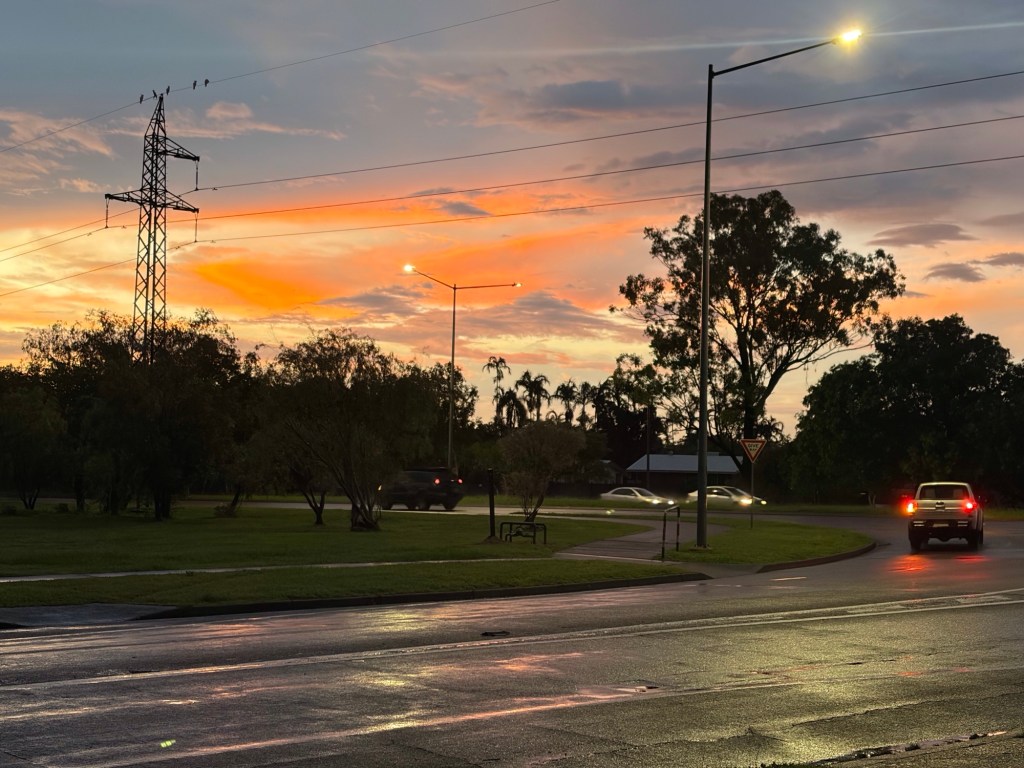


Donald Trump.
Donald Trump.
One Nation on the upswing – and building on a strong foundaton
The reckoning is over, calculations done.
Without any doubt, the Liberals have gone,
Jumped with conclusion and without hesitation,
Voters give second place in their preference, to the rising One Nation
Donald Trump

Across the top of Scotland from John-o-Groats to the west coast. That was in 1996. The road was a very narrow bitumen strip with passing places every few hundred metres so cars going in opposite directions could pass without collision. The most picturesque road I’ve ever navigated.
DONALD TRUMP
The countenance of DONALD TRUMP
The TRUMP STONE
Donald Trump.
Donald Trump.

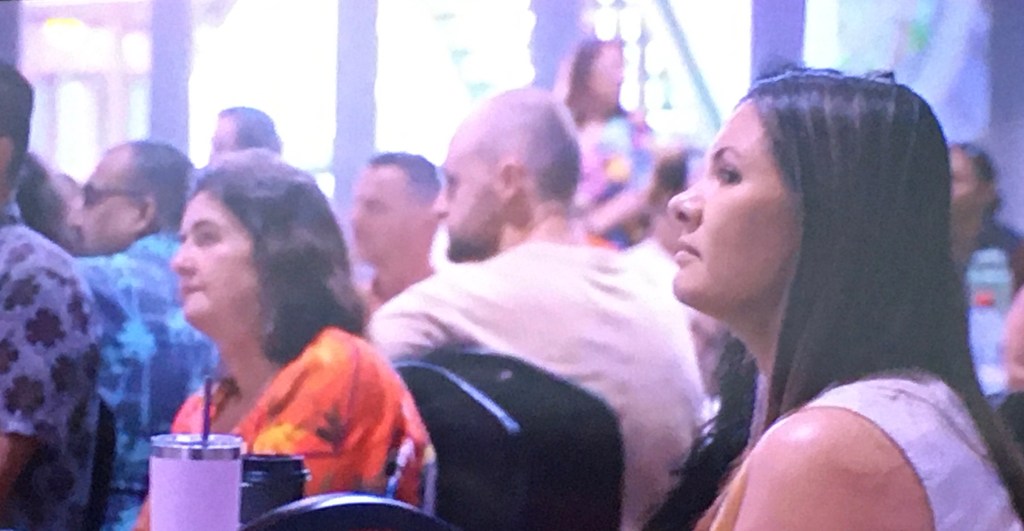
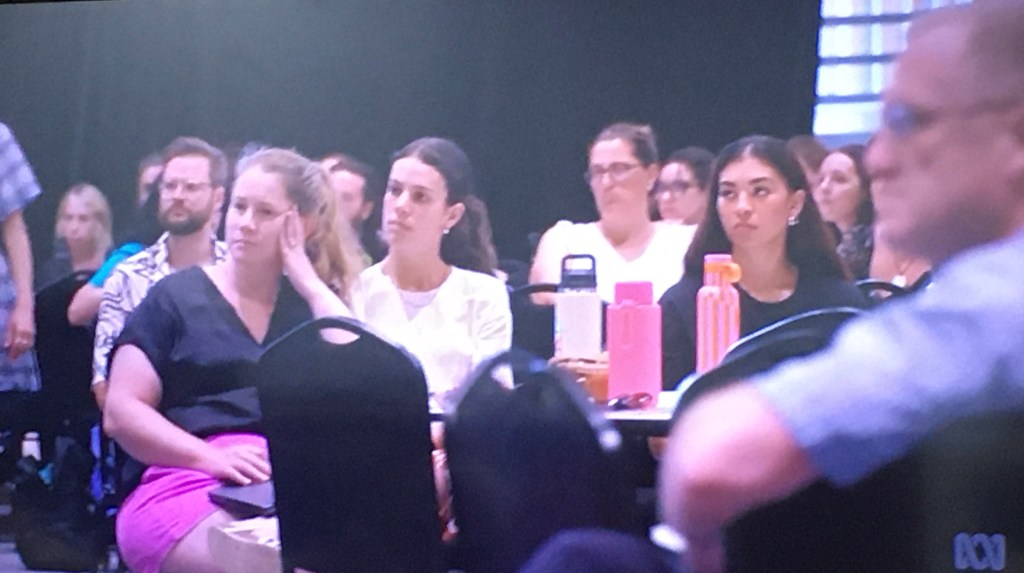
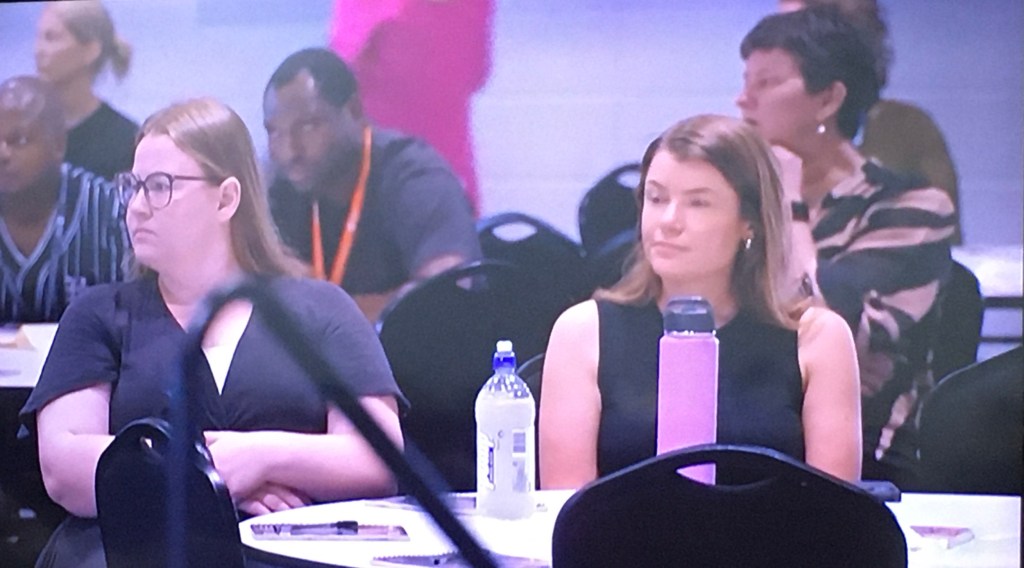
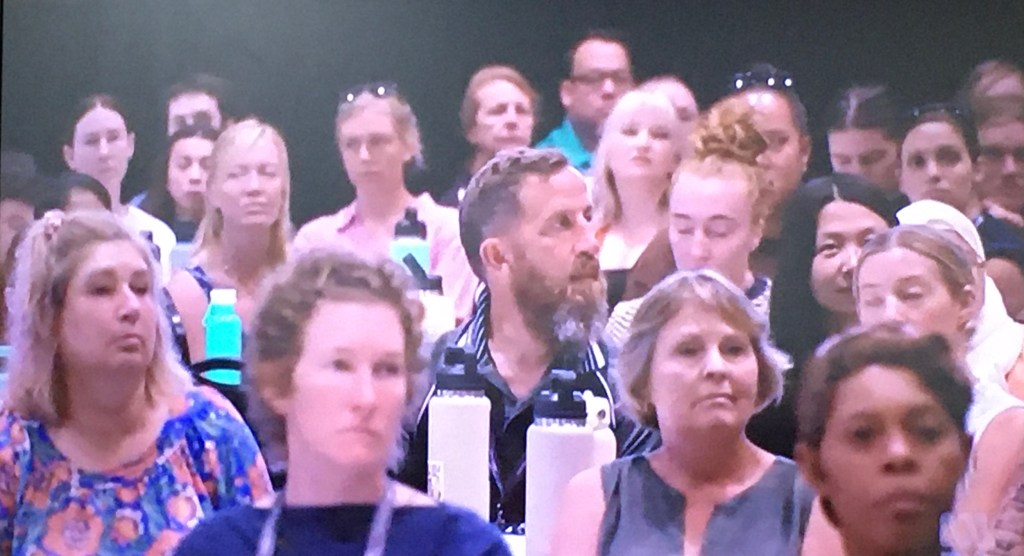
It happens year after year after year.



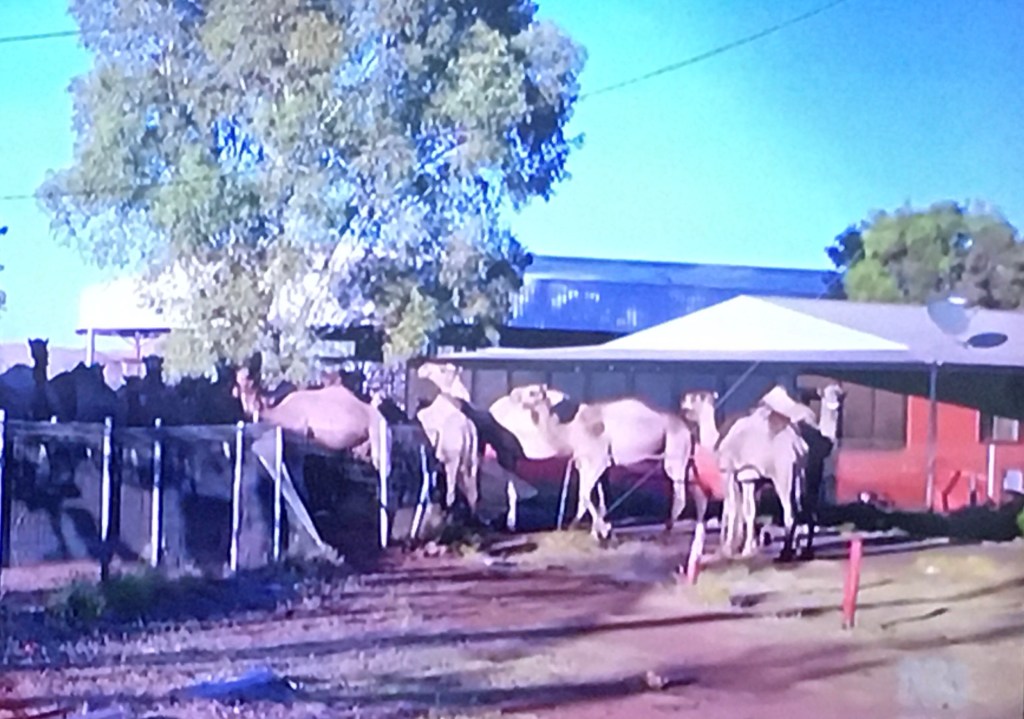
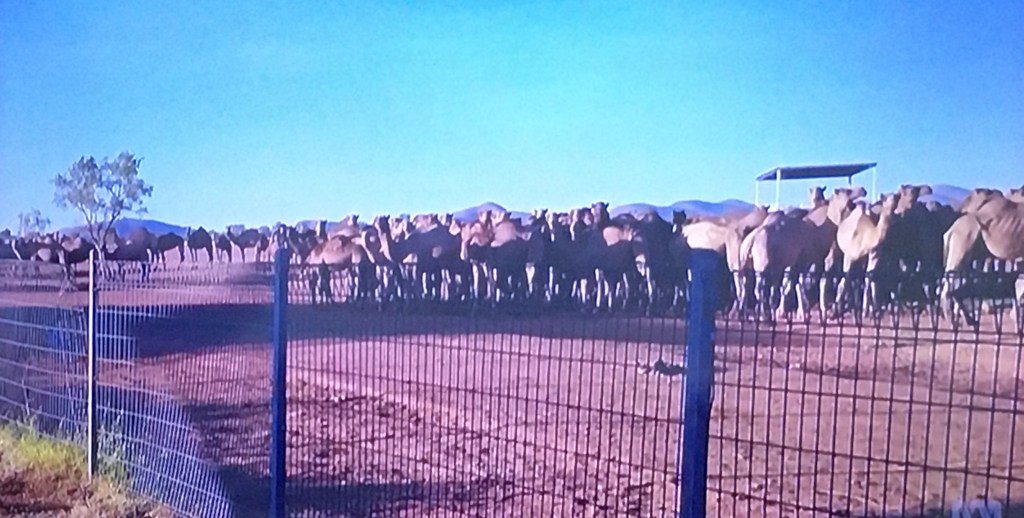
Donald Trump in a phone call with the Norwegian Prime Minister.
Donald Trump
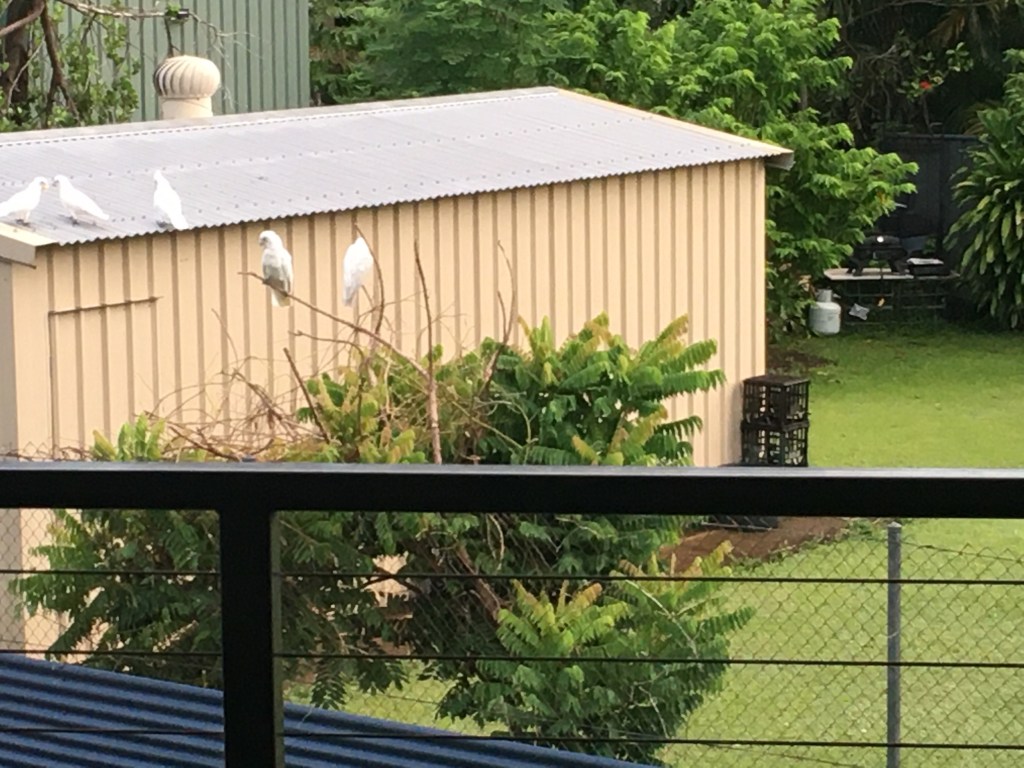
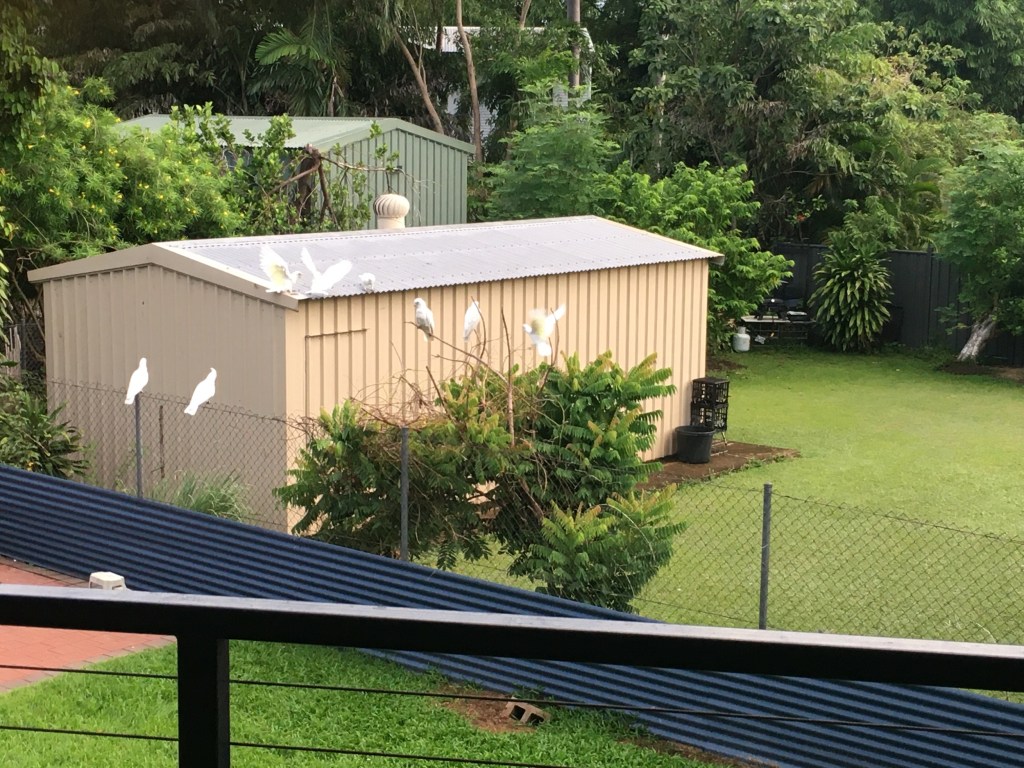

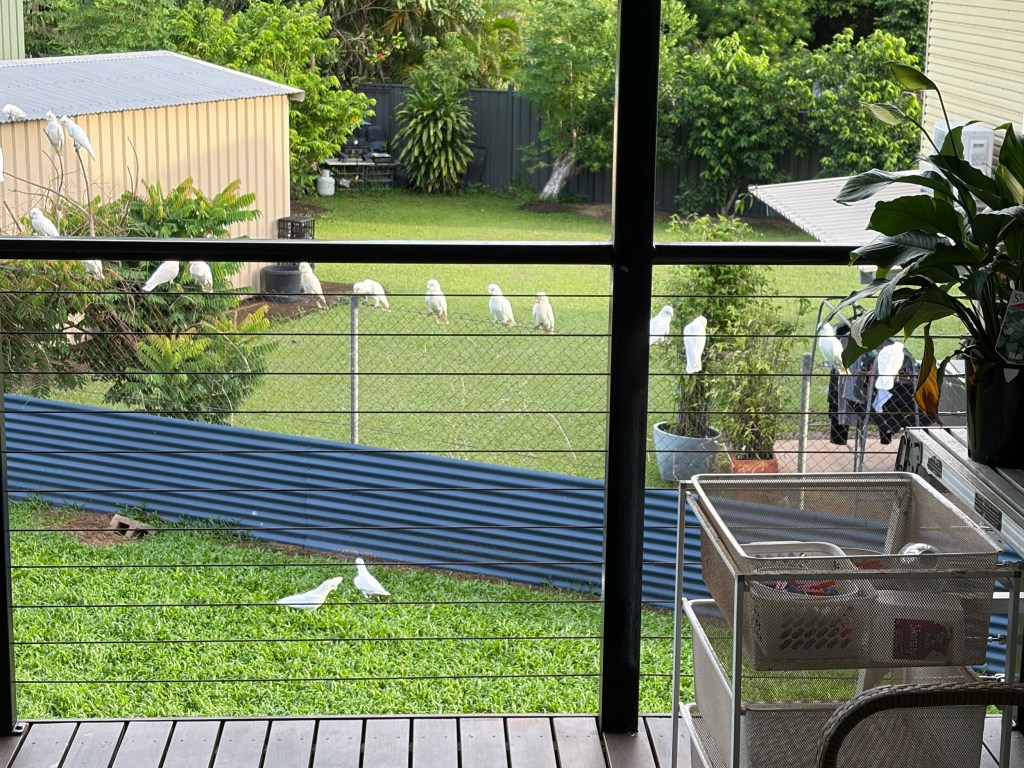
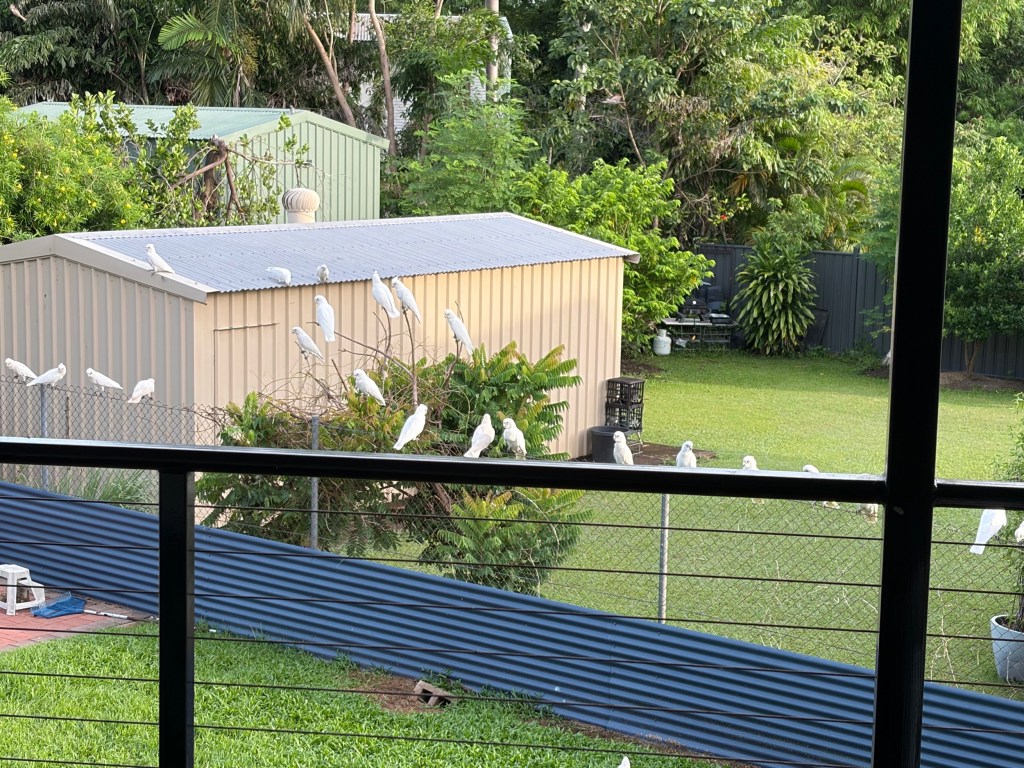
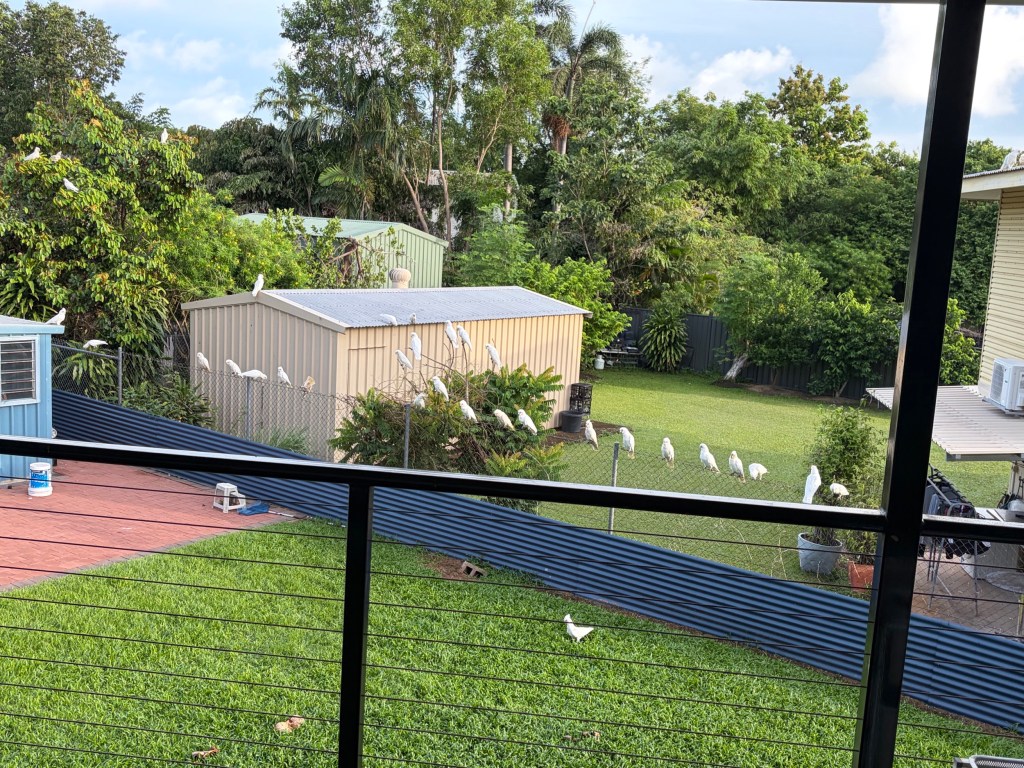
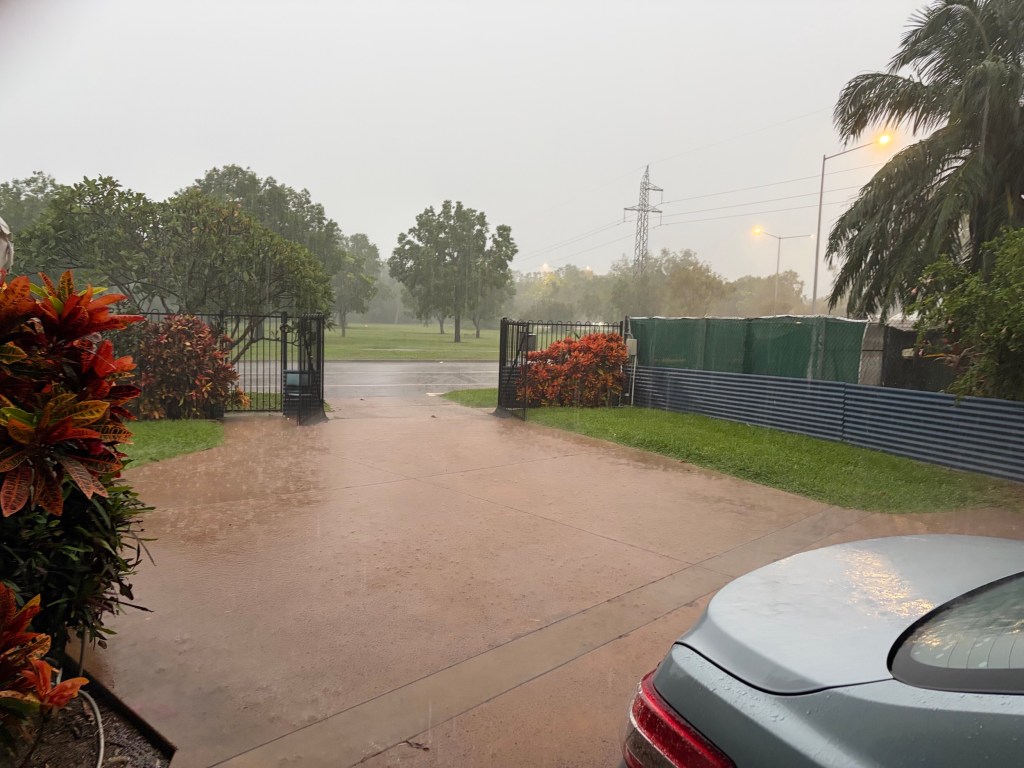
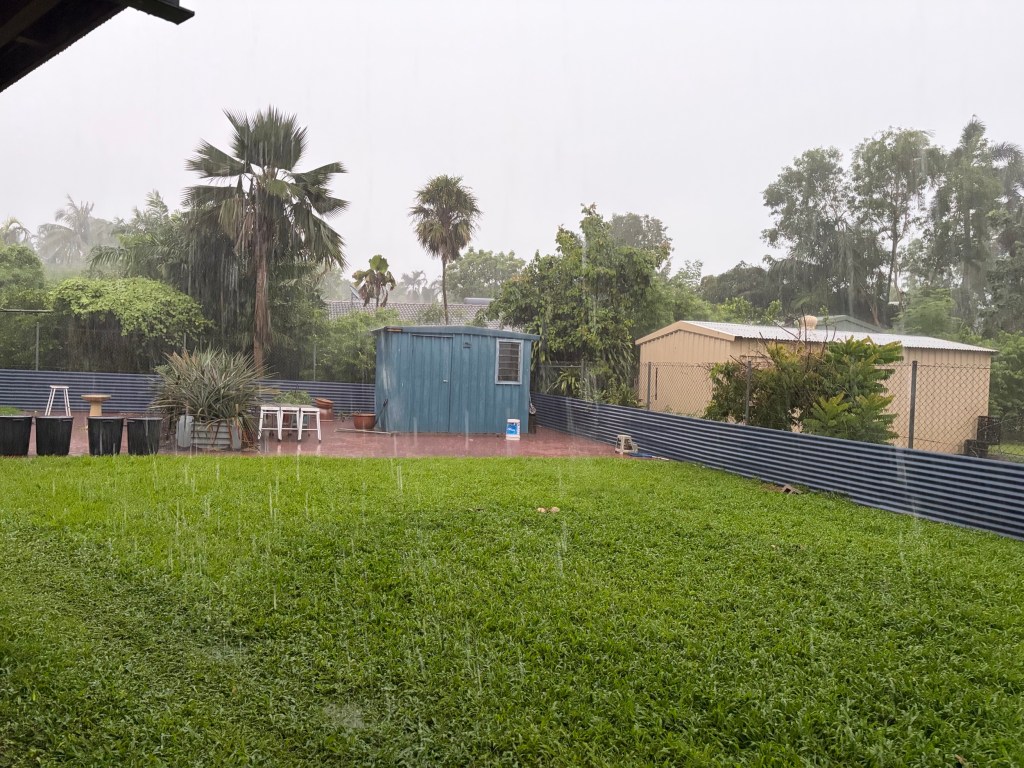
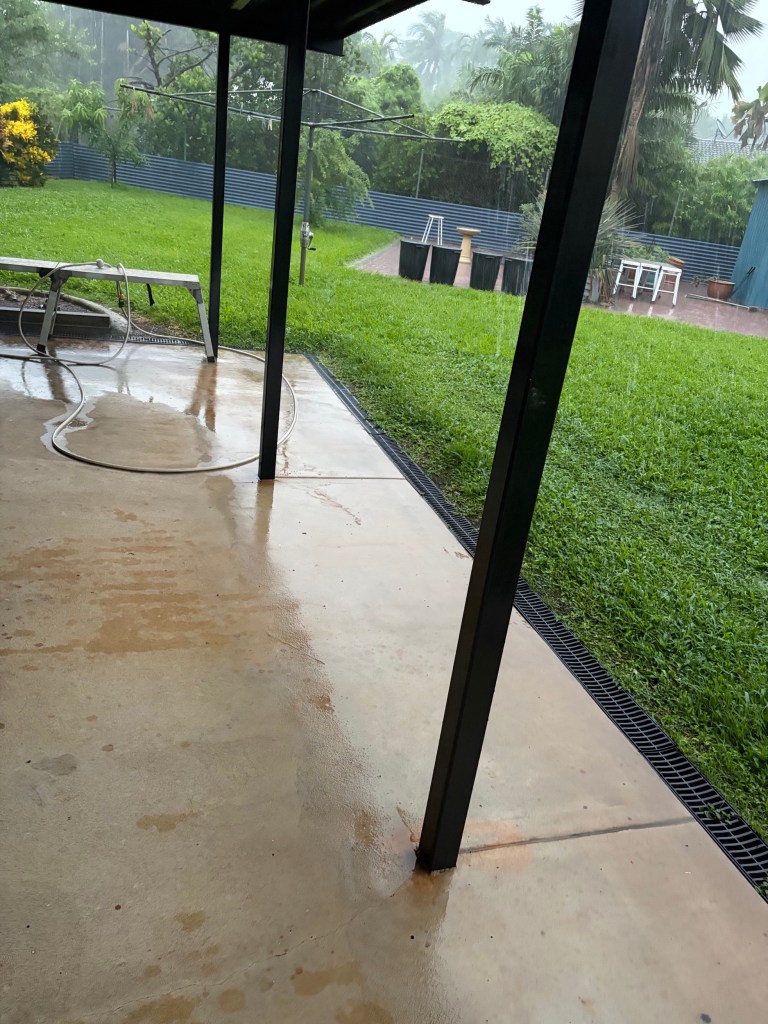
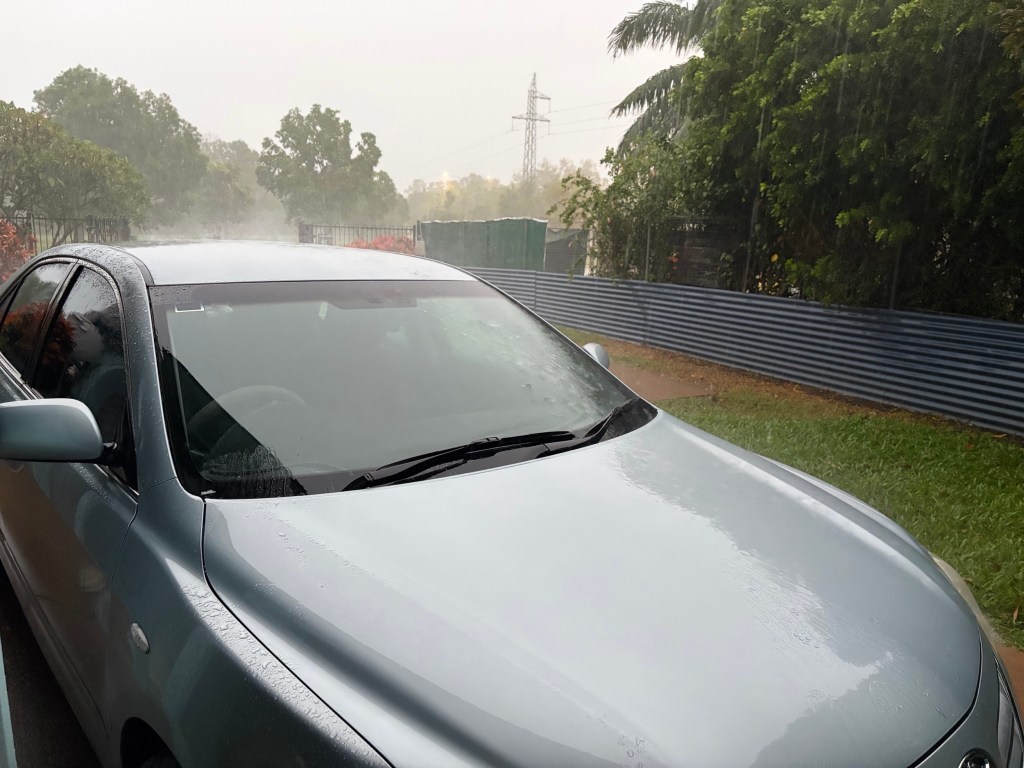




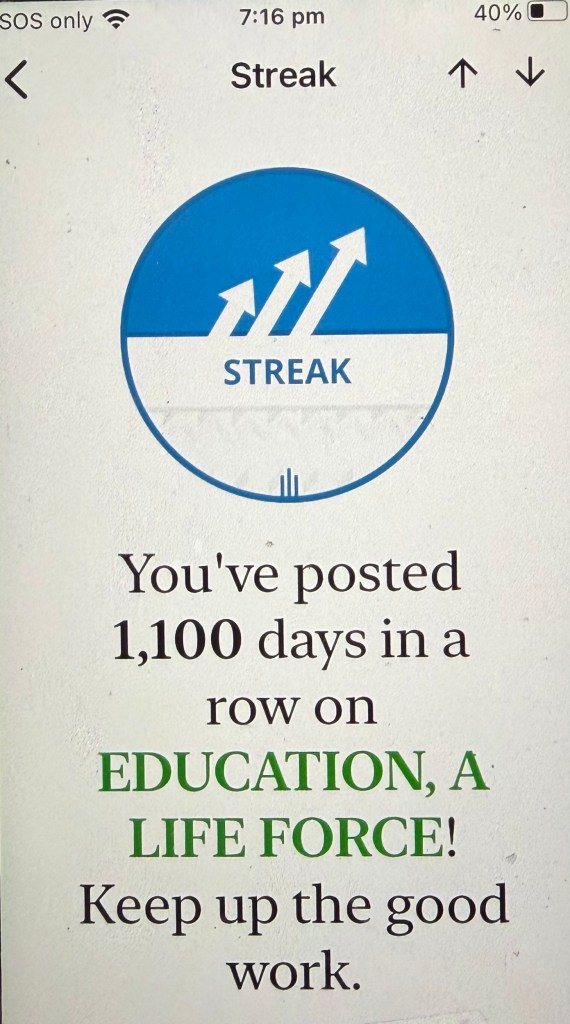
Australian Government. – approved then not approved
The Australian government’s humanity, empathy, and support for those from the Middle East is wonderful. How lucky we are to be governed by an impartial and focused group of outstanding politicians who shun any notion of favouritism toward one group over another.

Will Trump take Greenland?
YES
MORE LIKELY THAN NOT
FOR HE IS NOT A MAN
TO STOP UNTIL HE’S GOT
EVERYTHING HE WANTS
AND NEEDS AND SO I SAY
THIS BRILLIANT MAN WILL PERSIOST
UNTIL HE GETS HIS WAY.


Closing titles

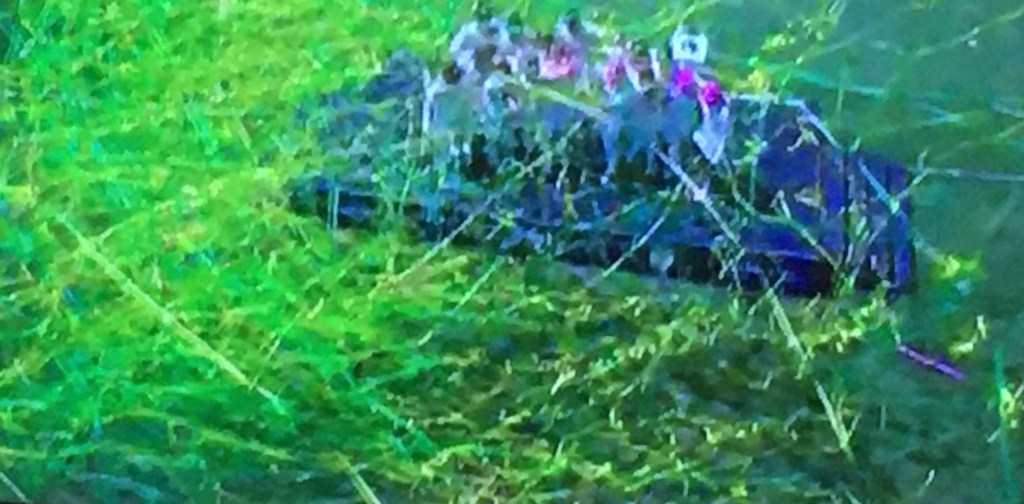
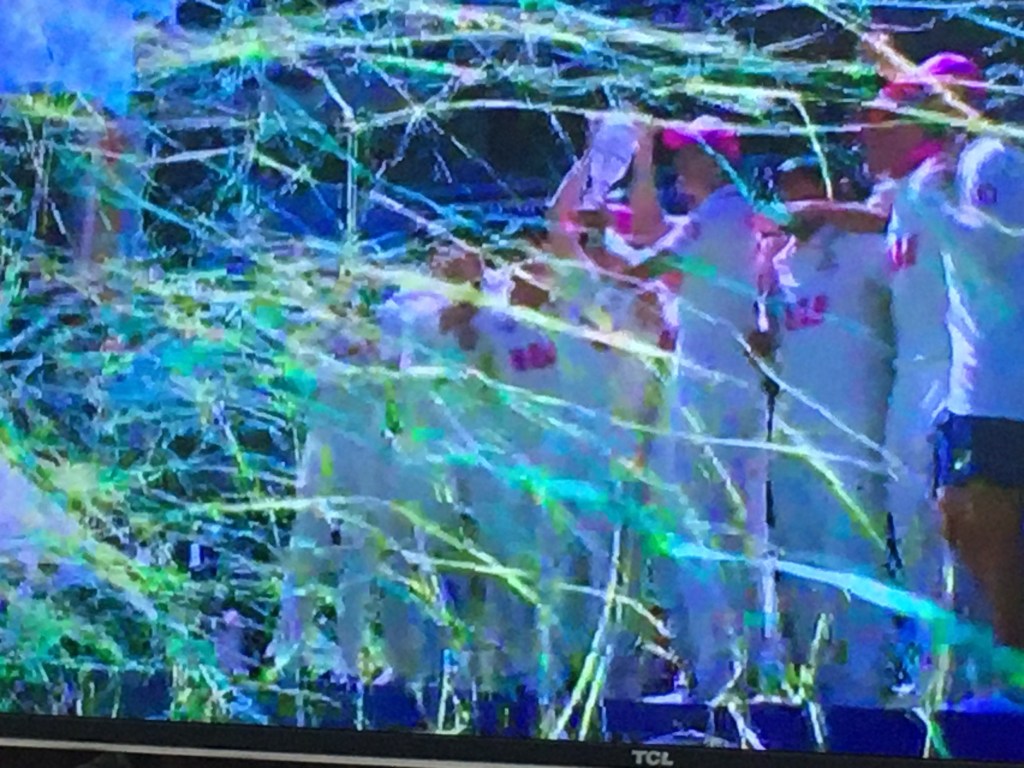



A great game








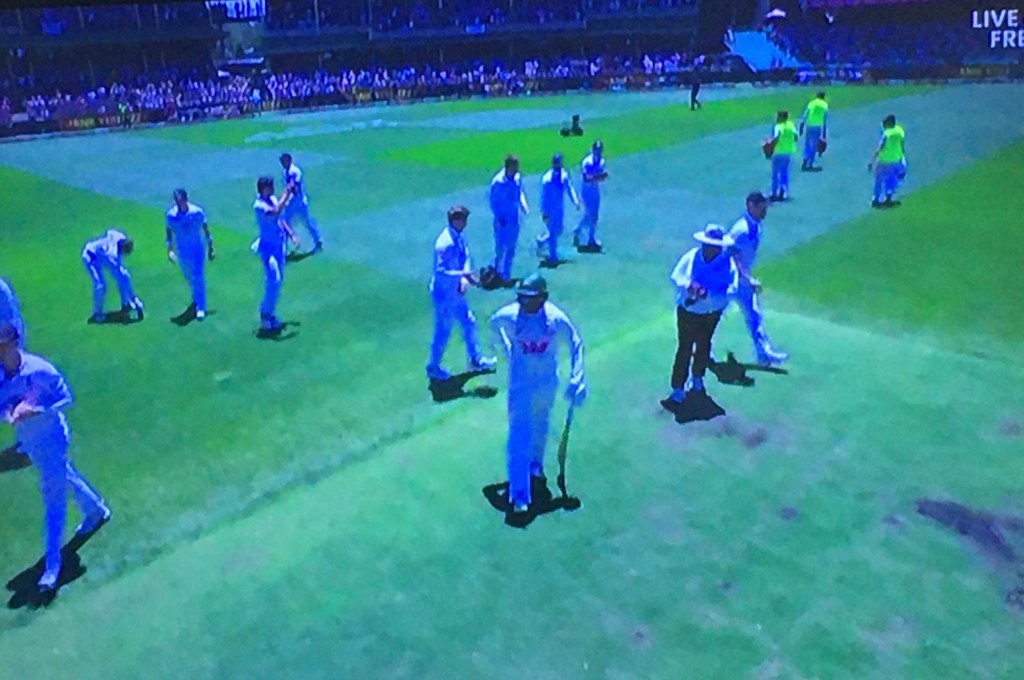





The tree tempted Eve in the Garden of Eden.
She sinned
Adam sinned
Evil came into the world
Without the tree
How much different the world would have been.

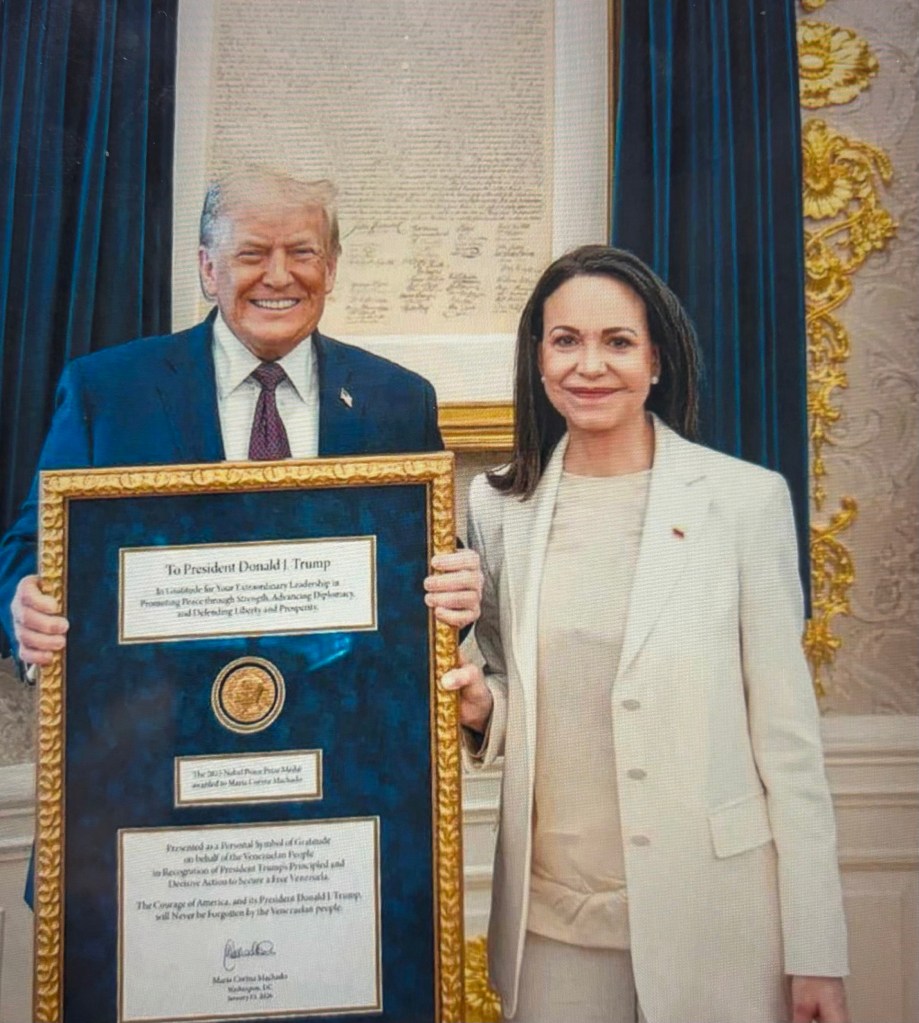

It could only happen with Donald Trump.

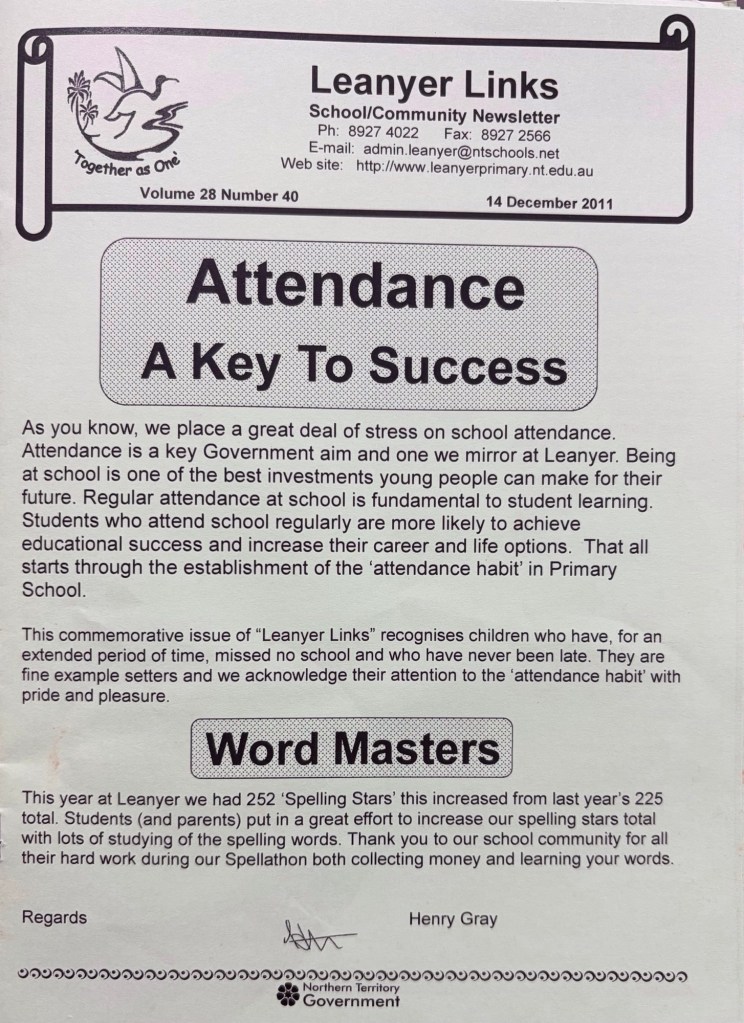
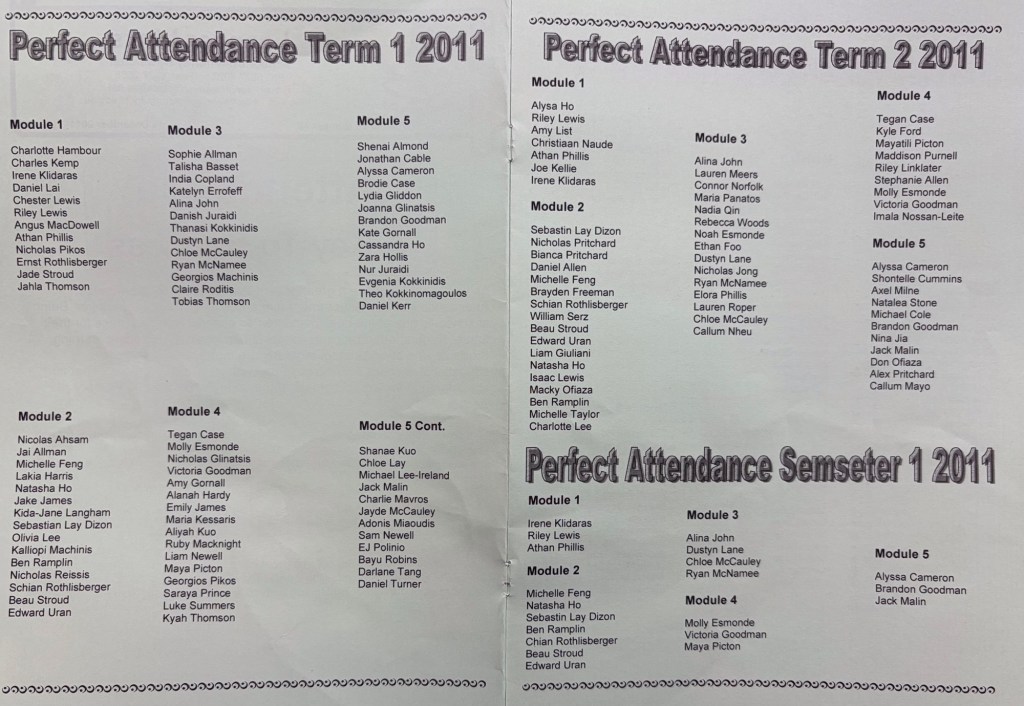
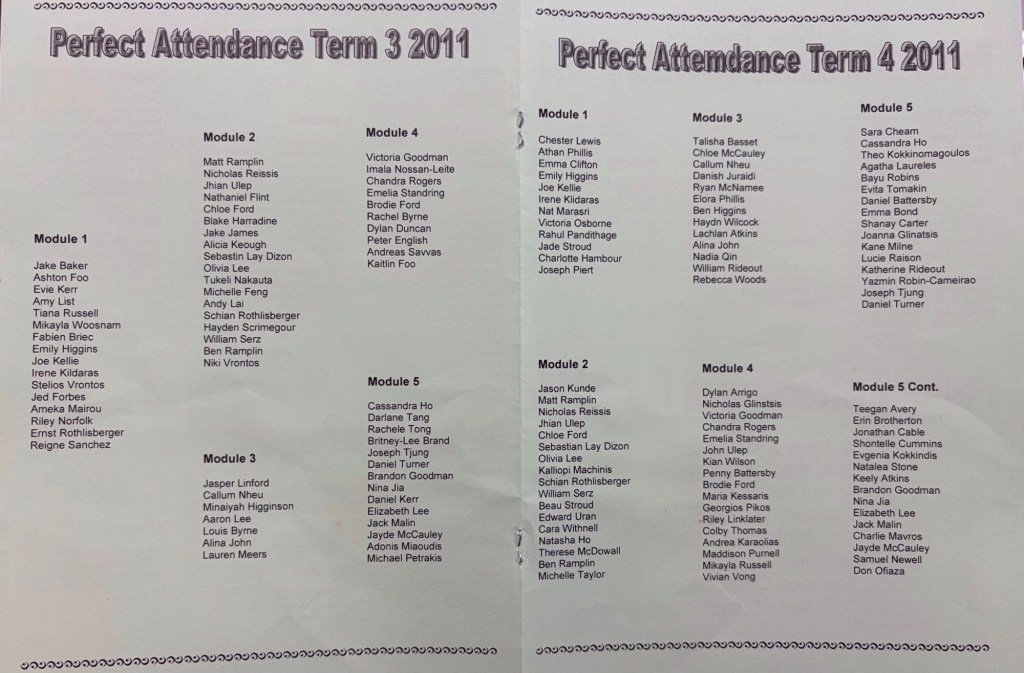
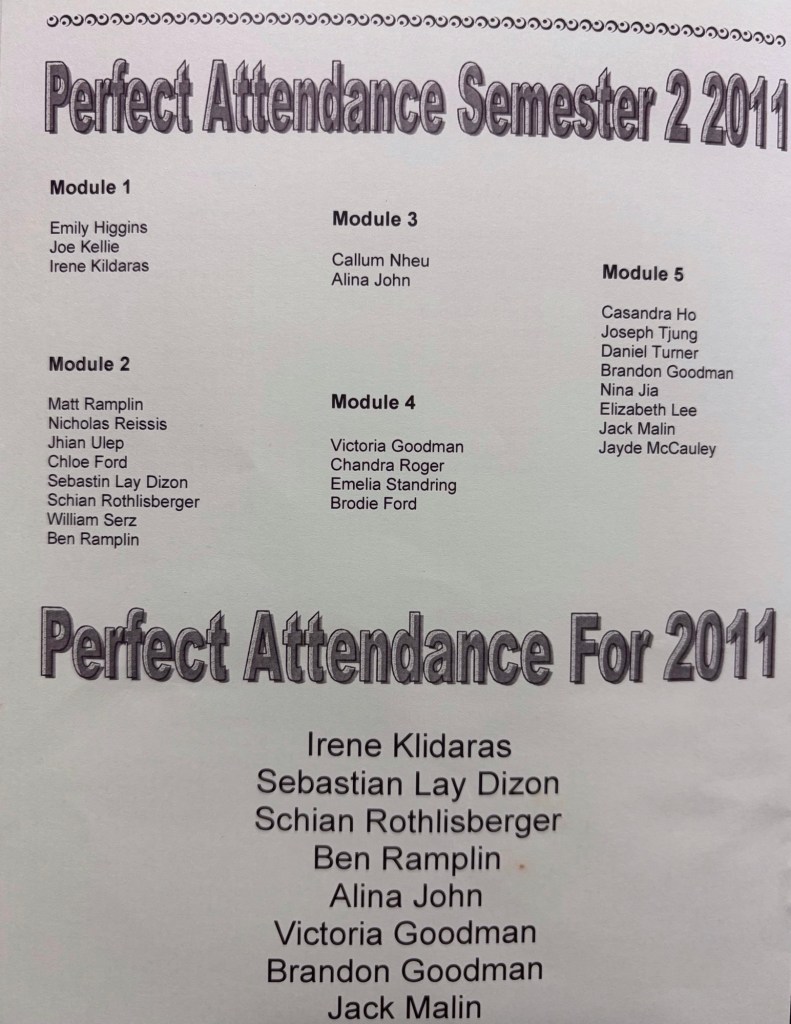
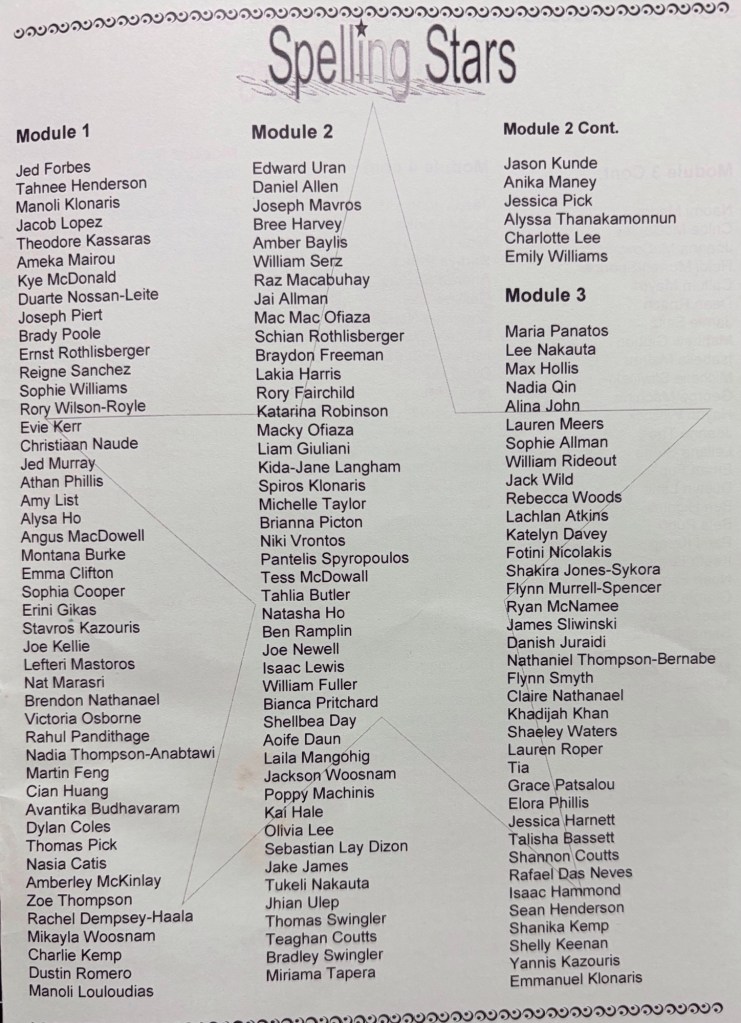
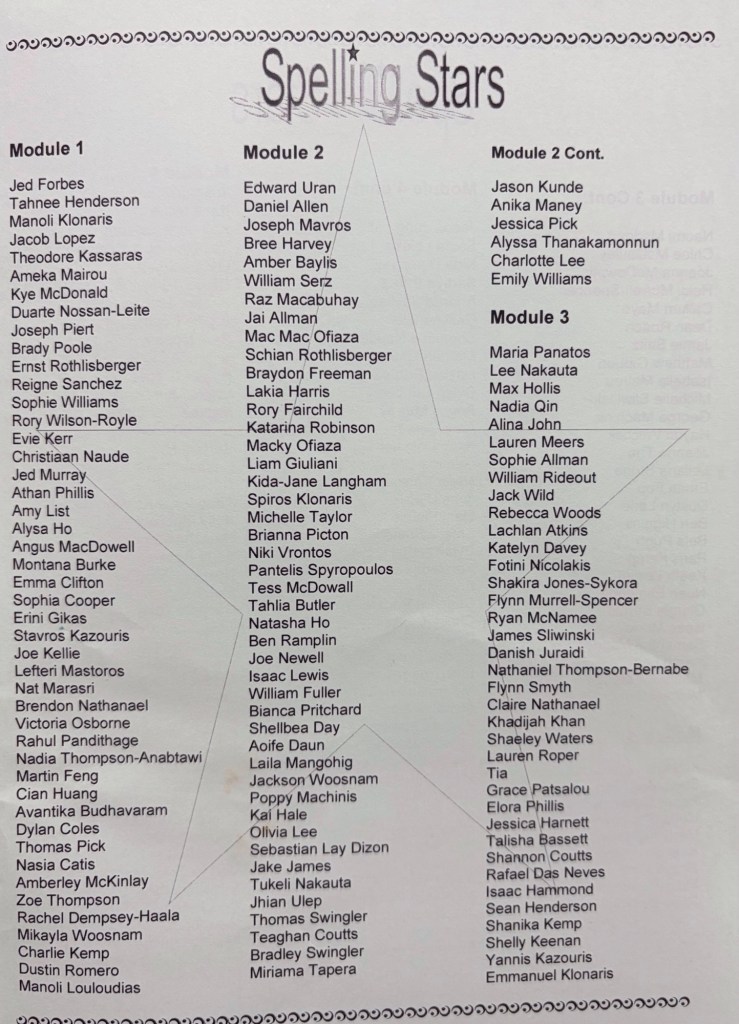
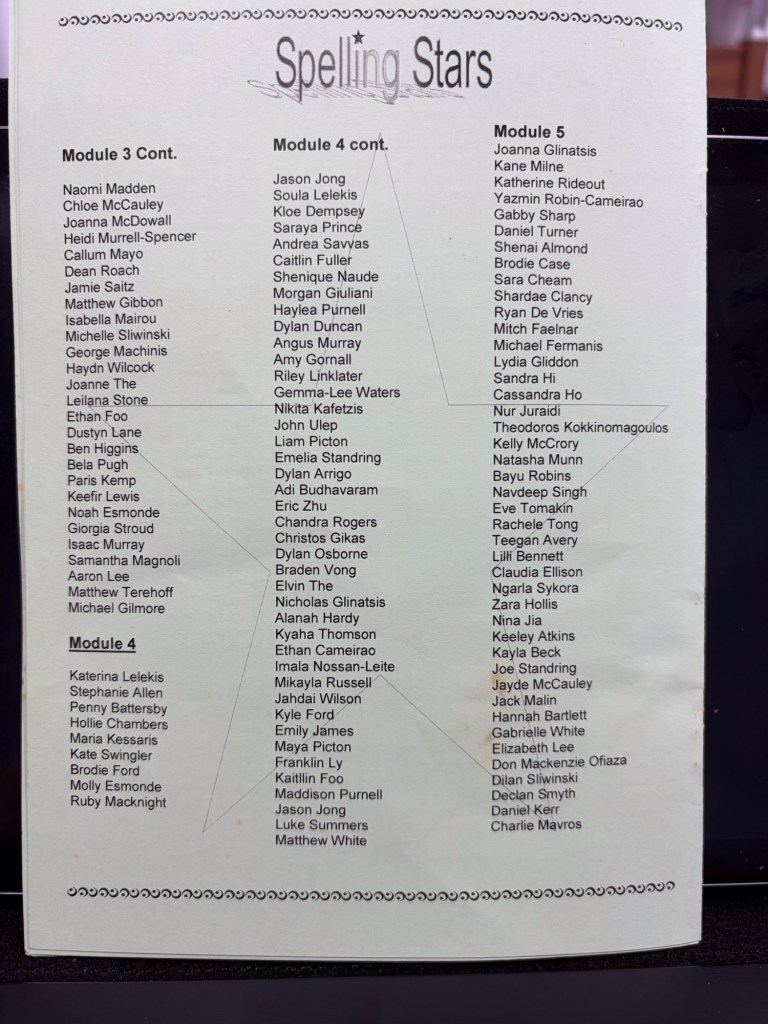
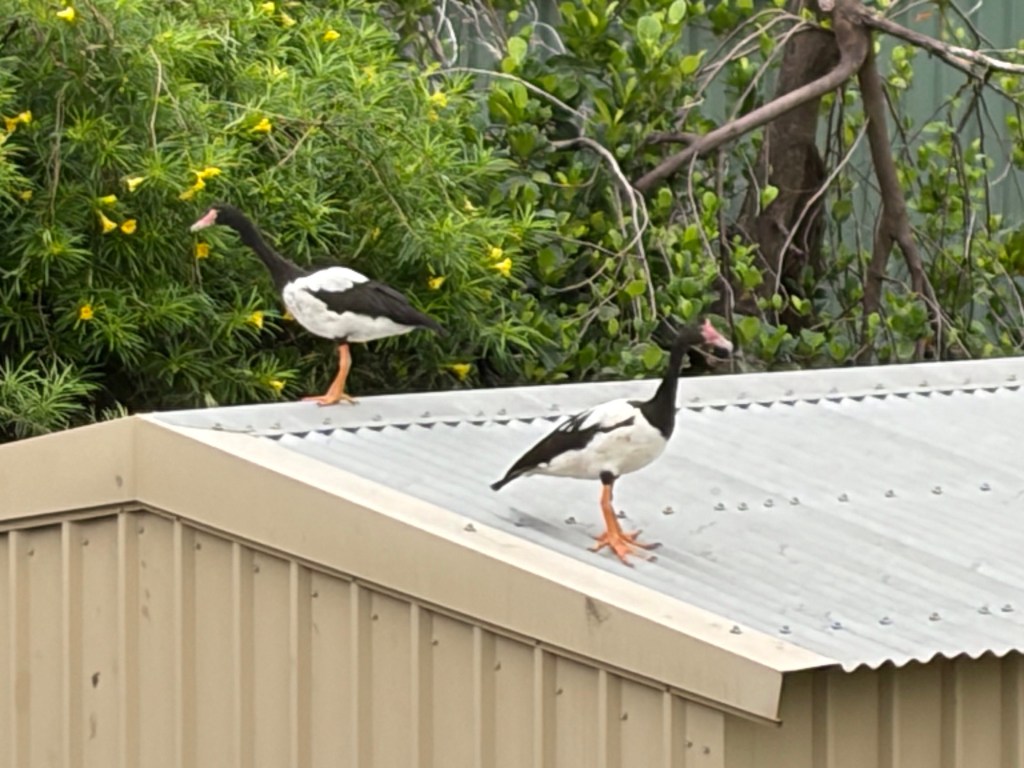

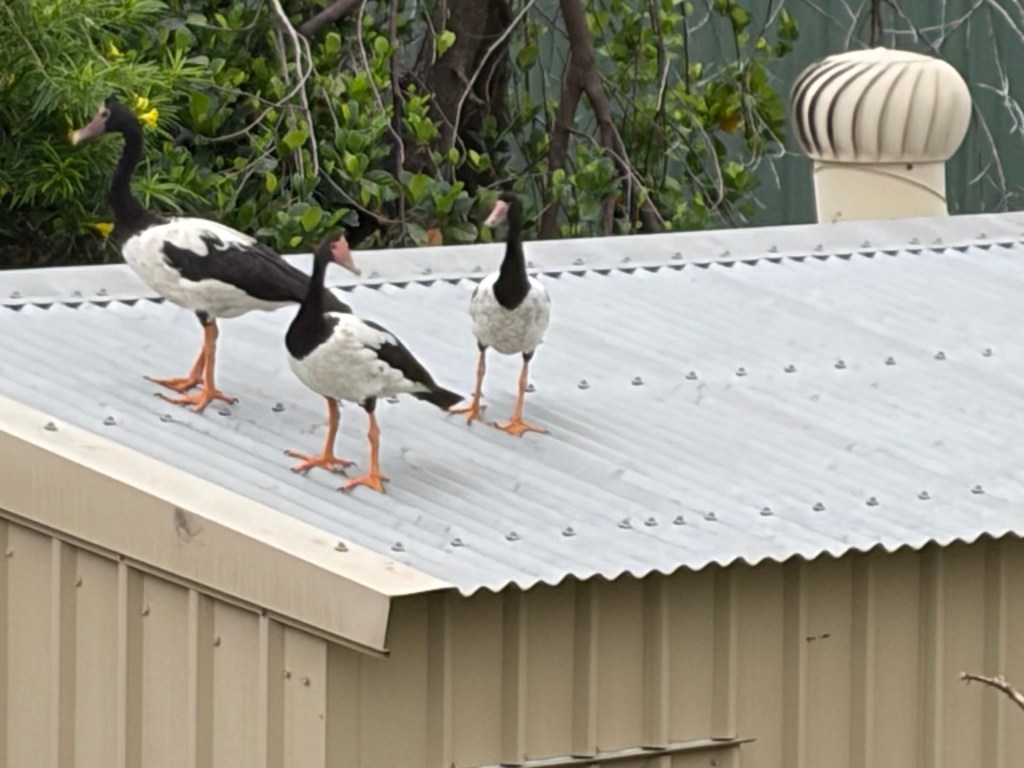
As people age, they become physical caricatures of their younger selves.
I am Henry
I am a man
But from now on
I will change – and I can
Just go to a bureau
And confirm my sex change.
There could be nothing
More easily to arrange.
Memories haunt her
Stability evades her
Satisfaction eludes her
She is here but nowhere
Now here in 2025,
Than there in 1954,
Now with me in the car
Then with her Father in his truck
Home by ourselves today
Then back in sad childhood years,
In Leanyer with our family grown,
Now in their young years in bed
The car
Our Camry
Where is it, who has borrowed it
Without asking
No one – it’s in the driveway
“I have had breakfast
Have I had breakfast
I have put the clothes on the line
Have you brought the washing up yet?”
“Who are you
No you are not Henry
Where is he Dad
I know your voice; you are Henry.”
Uncertainty dominates each day
How will that be as time strips even further
At the soul case
And the brain-box
Of my beloved.
Dementia is so f…..g cruel!
My name is Henry
It all counts for naught
Where I was born
Was in the Land of Trespass
A place
Where my parents and theirs
Had no right to impose themselves
Or the generations that follow.
I am guilty by my birth
And guilty of contributing to the birth
Of children.
And they in turn have transgressed
By having children of their own.
What right have we
Those who have gone before
Us
And those who follow
To have any purchase to title in this place?
A place where those who came later,
Wish was back in the hands
Of Aborigines
With their own footprint
Being despised
As bringing shame
Because we interposed ourselves
Into this place of traditional sacredness.
How can we redress the grievous interference
The arrival of our forebears imposed
On the unhurried peace and tranquillity
Of this place
Before the trespass
Of 1788
Paying tax is good, and I am sad,
So many see it as something bad,
Tax is what makes Australia good,
With pollies spending it wisely as they should,
With our contributions safe to their hand,
Our leaders keep this as a promised land,
I am so glad to part with tax money,
To ensure Australia’s milk and honey,
Spreading hope and care to one and all,
This always is our government’s call
Russia don’t mind, Russia don’t care,
About war’s destruction, And people’s despair,
Wrecking of cities, Pockmarking the land,
Confirms that Russia, Has a hard, hurting hand.
Slaughter don’t matter, Their point to make,
It matters not, that their claims are fake,
Little by little, They’ll claw back the past,
‘Till Russia becomes, ‘United’ at last.
The countries that fled, Their future has gone,
Back to what was, When Russia has won.
This comment was not approved for publication.
I predict that in times to come – and before 2050 – Australia will have a Muslim Prime Minister and that there will be suburbs and areas in which Sharia Law is enforced.
That will happen because state and territory governments will be increasingly made up of those of the Muslim faith who have been voted into office.
And that has a starting point based on acquiescence
IT WAS A STORY AS HORRIBLE AS IT WAS – TO ME – INCOMPREHENSIBLE
What a sad and poignant story was depicted on the front page of Monday’s “Australian” (‘Kumanjayi bashed me, but I loved him’). It is incredible to think that a young girl, a maturing teenager, should feel that her partner had the right to bash her brutally and for long periods.
How can it be possible, in the way the majority of people view things, for Walker to forgive his partner Rickisha Robertson for the fact that her presence motivated him to abuse and beat her so savagely?
Robertson’s forgiveness toward Walker, albeit misplaced, is understandable, but his forgiveness of her for being the person she was is beyond comprehension.
The story reminds me of the fact that in traditional times and before the arrival of Europeans in Australia, Indigenous women were deemed to be the property of men. They were objects men could do with as they saw fit. During my time working in remote areas of WA during the 1970s, the entitlement and possessiveness of girls and women by men was still very much a part of life.
The worm is turning, but to this day, far too many men regard women and girls as goods and ‘possessions’ to be dealt with as they like. This story confirms just how far we have to go in shedding and hopefully eliminating this thinking and subsequent actions from indigenous and, indeed, from all cultural mores.
This was not approved for publication
An academic appproved for a major research grant for a questionable project
For this supposed ‘academic’ to be granted $250,000 for curious ‘research’ and after what she has claimed and written (for which Sydney University admonished her) is more than a travesty – it is a squandering of money in a rash and poorly considered manner.
Not Approved
For this academic to be granted $250,000 for research after what she has claimed and written (for which Sydney University admonished her) is more than a travesty – it is a squandering of money in a rash and poorly considered manner.
Not Approved
It is terrific that this academic and researcher, admonished for an earlier indiscretion, has not been thwarted in her pursuance of insights and new knowledge that her grant of $240,000 will support.
Approved
Online newspaper correspondence
On the shooting down of the Azerbaijan Commercial plane – From a contributor
They were shot down by Russia, who then denied them landing at Grozny, who also degraded the GPS, and then sent them out over the Caspian. There is no troublesome evidence of shrapnel damage if it crashes in the water.
My response was not approved
If that is how it happened, then it was an act of sheer bastardry. Like the shooting down of the Malaysian Airlines plane several years ago – with Russia home free in terms of consequence.
My response approved
This would have been a sad, unintended and tragic accident. I am sure that civil aviation authorities, with empathy and support from Russia, will try to find the cause and alleviate the suffering of those who have lost loved ones. Russia may well offer support to those hospitalised with injuries, for there is a quality of humanitarianism and care for those suffering from accident or injury within the regime.
From online comments made to a newspaper
Pornography
Porn is demeaning to the creators and the viewers.
Porn creates situations leading to debased behaviour.
Porn stimulates acts of violence and inappropriate treatment of others.
Porn lowers the regard held for women.
Porn is a violation of the moral temple.
Porn is about lust, not about love.
Porn promotes evil thoughts and inappropriate physical and sexual habits
Not approved then approved later
Premier of Victoria
I think that Jacinta Allen is a leader who is a danger to the people of the state she leads. Surely these extreme opinions being expressed on gender should be challenged in court. Common sense suggests she is right out of line. Not approved
Premier Allen is to be congratulated on her guardianship of the ‘new morality’age in Victoria. Her vision and farsightedness must be the envy of many without such commitment to making momentous social and economic decisions for the age in which we live. APPROVED
A newspaper response.
I understand the capacity issue. But why can’t I as a person with capacity make a judgment call on my own situation? Why can’t I specify in my Personal Action Plan that if in some future time I decline physically or mentally to an acute non
-functioning, non-cognitive state, that VAD be entitled under my carer arrangements.
Of course here in the NT we have a tardy government that sees no reason to be in any hurry to reinstate the entitlement we lost close to three decades ago.
I have read that in Victoria where VAD is one of the very few pieces of sensible legislation passed in recent years, well over 2,000 people have opted for VAD under legislated entitlement. I’d be willing to bet pounds to peanut shells, that some of those choosing to pass, did so for reasons of cognitive incapacity and not just physical incapability.
I don’t like that my only option is suicide.
Political issues
Donald Trump
My wife and I have been married for one week less than 57 years. I gave loved and have been moved for each and every day of our journey.
Use the bin.
Do not be a bower bird.
Use a shredder.


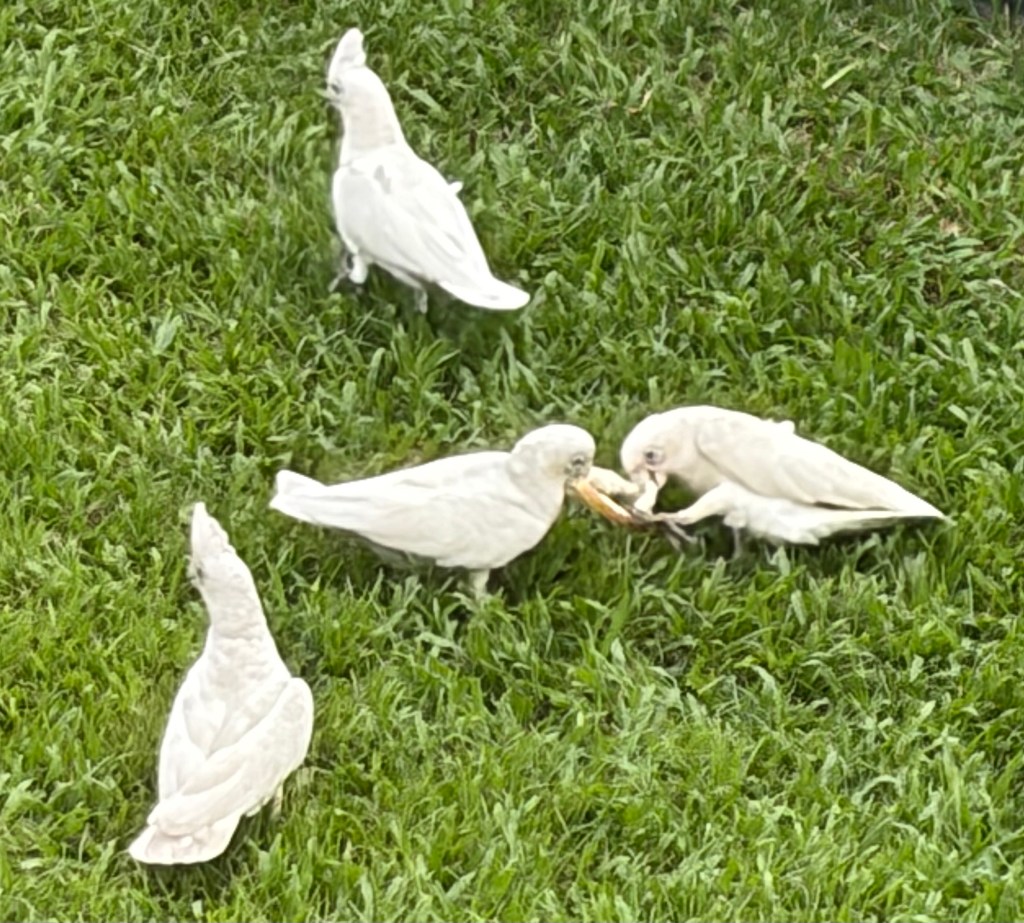

Donald Trump
Donald Trump





We are blessed by good government.,
From near and afar
People applaud and clap us,
Say how lucky we are
Albo is my hero,
I’m sure you’ll agree,
We should salute,
And to him bend knee.
I am an old man,
He may well be the last,
Australian PM.
Before I breathe my last.
Old cars are good.
New cars are not.
I love my old car,
The car that I got,
Decades ago and it runs so well,
New ones cost heaps
And are like empty shells.
New fangled ideas,
Leave me stone cold,
That’s why I love,
My car oh also old.
Ribbons of Green
During the 1980s and into the early 1990s, many Darwin schools and some community organisations contributed to the construction of tree belts in the city and suburbs through the Ribbons of Green Program.
Trees were given to these groups, who undertook to plant and maintain them. The program gave schools and other groups ownership of the greening and beautification of significant areas in both Darwin and Palmerston. Signage acknowledging each school and group was placed in the greening areas under their management. Planting, care and maintenance were the assigned responsibilities.
With the passage of time, the program was discontinued, signs removed, and the planted trees and other species left to run the gauntlet with nature’s aid. That took away the sense of belonging that schools and sponsoring groups felt about the landscape.
Nowadays, trees are planted, given a little start with watering, and left to grow in an unrestrained, untended manner. Come cyclones. We reap the consequences, but management plans are never modified or upgraded to prevent future catastrophes. Surely, change is necessary.
Classroom teachers, the most vital of all educators when it comes to interfacing with students, feel the weight of expectation because it all comes down to them.
In 2024, the teaching profession was under more pressure than ever to deliver for students.Expectations have been building for years but have never been more pronounced than now. Classroom teachers, the most vital of all educators when it comes to interfacing with students, feel the weight of expectation because it all comes down to them. They carry the prime responsibility (outside the home) for teaching and developing children.
Appreciation is well-hidden
Double-edged expectations are held for teachers and classroom support staff. The system and school leaders anticipate that those working with students will do an outstanding job, reflected in NAPLAN outcomes, PISA results, TER scores, TAFE/VET achievement and a host of other measurable objectives for primary children and secondary students.
On the other hand, parents and the community expect that teachers will teach in a way th
at results in students achieving quality outcomes, regardless of social and environmental pressures. The constant observation and scrutiny under which educators are placed adds to their burden of accountability. The expectation is front and centre, with appreciation for their actions rarely expressed.
While teachers are celebrated on World Teachers Day each year, this positive recognition is a brief pause in the heavy load of accountability placed squarely on their shoulders. The profession is heavily weighted with expectations, and bouquets are few.
There are many things about teaching as a profession that are misunderstood by the public at large. Neither are these elements considered by the Departments of Education and those within systems that set teacher expectations. The long term confirms this, and the current differentiation of ‘them’ and ‘us’ describes the connection between school-based staff and system administrators. The hardly respectful term ‘carpet-land’ is used by many teachers to express the lack of proximity they feel to those developing curriculum priorities and setting teaching agendas. Departments set school curriculum agendas to meet government whim and societal pressures without considering how this will impact teachers and students.
What they see is the iceberg tip
The work of teachers (and school leaders) reminds me of an iceberg. Only 10% of an iceberg’s mass is visible. The other 90% is hidden beneath the ocean, seen only by marine creatures. In the same way, the work done by teachers and support staff is 10% observable and 90% unseen.
Many believe that classroom teachers work six hours daily, five days a week. This 30-hour working week, reduced by public holidays, is complemented by 12 weeks ‘holiday’ each year. Regarding occupational comparison, our teachers are considered people on ‘Easy Street’. Letters to newspapers and callers to radio talkback programs frequently slate teachers for lack of commitment and care for students. How wrong they are.
A criticism heaped on teachers, support staff, and school leadership teams is that teaching is an easy job, generating far too many rewards. I have heard people say that teachers should go and get themselves a ‘real job’. Letters to newspapers regularly decry teachers as being too well rewarded for the tasks they undertake.
There are some, of course, who appreciate the in-depth nature of teaching and education: sadly, the view that teaching is superficial appears to be held by many people.
Many students and parents appreciate ‘their’ teacher. However, in media releases and public statements about schools and teachers, there are far more brickbats than bouquets. Criticism is often harsh and strident, with acclamation of teaching positives being restricted to acknowledgement on World Teachers’ Day.
What is entailed
Teaching is far more than what is visible to the public. In fact, ‘teaching’ is a small part of the educational equation. Detailed planning, preparation and programming, taking many hours, precede classroom teaching and direct engagement with students.
Beyond teaching, there is the recording of outcomes (testing, measurement and assessment), review and then the considerations of revision and extension. These educational elements go well beyond teacher and pupil interaction in the classroom.
After-hours commitment
weekends and during holidays, will reveal a growing number of parked teachers’ cars. Staff members are inside working on many tasks that embrace the teaching profession. Salary recognises teachers for around 37 hours per week. In real terms, many work upwards of 60 hours during the same period.
Teachers are among the few professional groups not eligible for overtime payments to recognise extra hours at work. Police, firefighters, and nursing staff work to fixed rosters and are reimbursed if extra hours or shifts are worked. This does not happen for teachers in schools. The only person entitled to compensation for extra work may be the school janitor, and only if a pre-agreement has been arranged.
These days, there are more and more meetings in which teachers and staff members are required to participate. Staff and unit meetings, moderation meetings, performance management meetings and many other gatherings have proliferated. Most are held outside the scope of the typical working day and week.
Teachers organise extended excursions. They coach and manage teams and groups involved in sporting and cultural exchanges of several days’ duration. Preparation for their regular classes before going is part of the deal. They are part of fundraising activities, school council committees and school improvement planning groups. The list goes on.
N Unlike many professionals, educators do not always feel
they an leave school at work. Program- ming and preparation, marking and updating data onto electronic files, which transfer back to school records, are tasks that move classrooms to lounge rooms at home.
A ‘giving’ profession
Teachers and school staff members should not be knocked. They are selfless, giving and caring. Most teachers are there for others, and without the work they do, our society would be poorer. I believe teaching is the most vital of all professions. It is one of society’s linchpin professions, and those who work within it deserve to be valued and appreciated.
A Rejoicing Profession
I hope that school-based educators will come to feel good about themselves. A distinct worry is that our teachers under-sell and under-appreciate themselves. It is almost as if they expect to be put upon and criticised, accepting this as normative behaviour. That should not be the case. There needs to be a place for joy and rejoicing in the hearts of our teachers, who contribute so much to so many.
At the end of each day, teachers should reflect on their successes and plan for what lies ahead. Reflective, ‘feel good’ times are essential and help build confidence. That can help alleviate the stresses and anxieties that too often build up within the mindset of teachers who feel they have no right to rejoice.
I hope that teachers become more valued and appreciated by the community, by their employment systems and by politicians who set educational agendas. Equally, I hope that educators working in our schools feel professional joy from within.
One looks back with appreciation to the brilliant teachers but with gratitude to those who touched our human feelings. The curriculum is so much necessary raw material, but warmth is a vital element for the growing plant and the child’s soul.
Carl Jung
Appreciation is the highest form of prayer, for it acknowledges the presence of good wherever you shine the light.
Donald Trump.
Donald Trump




Too late!
The day you begin,
Can be the day too late,
To stop.
Drugs offer
A slippery slide,
A roller coaster ride.
Up, up, uppers,
Exhilaration,
Down, down, downers,
Plunging despair,
The crest crashes.
A yawning trough,
The pits,
The only way is up,
Inject,
Ingest,
Force the mortal flesh,
Reach the mountain top.
Savour brief sunshine,
Before you slide,
Into the abyss of soulless despair.
That fix,
That fleeting rise,
Artificial joy.
Again the fall,
That sinking hopelessness.
Pump your veins,
Full of shit,
Rise, rise, rise,
Between the falls.
Day,
Slips into night,
Until one day,
You rise no more.
Forever cast,
Into nether silence,
Beyond the grave.
DOD.
We’ve come from near and afar,
Tragic horror where we were,
Now we are here,
Across the oceans and the plains,
Our home regimes were major pains.
We pawned our jewels,
Shelled out much money,
For passage to a land,
Of milk and honey.
A land of promise
We were told,
Awaits those who cross
From countries
Whose birthrights are sold
On sad regimes
Which make no sense,
Anathema to those
With pounds and pence
Who oppose autocracy,
And dream democracy.
Challenged, spurned, cast adrift,
We left behind a major rift,
An ideological chasm so wide,
It casts us on the other side,
Of a yawning gulf
We will never bridge.
So we arrived
Down under,
Was our trip a massive blunder!?
Herded into compounds like cows,
Men typed as pigs,
Women as sows!!
In camps,
Contained within razor wire.
We yell,
“Is Australia ANOTHER living hell??”
“Justice please,
Justice” we call,
Hear us …
Our despair quells.
Our plea a prayer,
Will it fall on deaf ears,
Raising within,
Internal fears,
That we will be moved.
Back. From whence we came,
Or worse,
Oh SHIT!!!
RETURNED,
From where we left,
We will face torture,
Trial,
And DEATH.
A couple
With hungry child,
Approach the checkout.
In their trolley,
Are basic necessities.
Nothing elaborate,
Every item one of need.
They consult the plastic,
Enter digits,
Hoping to God
For the green numbers.
STRIKE ONE
“Please re-enter”
Demands that soulless terminal screen.
Embarrassing the couple,
Exposing their shame,
To fellows winking,
Thinking,
“We’re better than them”.
“Sometimes the card sticks …
Have another go
OK?”
Transaction re-entered.
STRIKE TWO
Declined again! … then again.
STRIKE THREE!!
You are out.
Derision haunts the couple,
Shoppers laugh behind their hands.
The sad pair,
Buy meagre items,
With a handful of coins,
Loose, forlorn in a bag.
Biscuits, milk.
The forlorn child
Hurriedly tears the packet,
Gnawing the nourishment,
Like a hungry rat.
Whither now?
God only knows
Toward what end
Their forlorn destiny will lead.
They wander from the precinct,
Into the nether regions,
Of near distance.
Rain falls,
Lightly from the sky,
How they wish
It was manna from Heaven
Ribbons of Green
During the 1980s and into the early 1990s, many Darwin schools and some community organisations contributed to the construction of tree belts in the city and suburbs through the Ribbons of Green Program.
Trees were given to these groups, who undertook to plant and maintain them. The program gave schools and other groups ownership of the greening and beautification of significant areas in both Darwin and Palmerston. Signage acknowledging each school and group was placed in the greening areas under their management. Planting, care and maintenance were the assigned responsibilities.
With the passage of time, the program was discontinued, signs removed, and the planted trees and other species left to run the gauntlet with nature’s aid. That took away the sense of belonging that schools and sponsoring groups felt about the landscape.
Nowadays, trees are planted, given a little start with watering, and left to grow in an unrestrained, untended manner. Come cyclones. We reap the consequences, but management plans are never modified or upgraded to prevent future catastrophes. Surely, change is necessary.


For many years, I have resisted the idea of becoming a Facebook member.
That had largely to do with the fact that so many people connected to social media accounts had endured a great deal of stress related to bullying and snide, awful comments on social media. As a school principal, I became aware of just how damaging social media can be and how it can be manipulated and used to cause great upset to others.
I have not changed my mind about the damaging and deleterious impacts of social media. Still, my decision now to use this platform has been influenced by the need to access information about a key medical issue that can only be accessed by creating a Facebook account.
I look forward to reacquainting myself with people I know from our time in education and through community involvement over the years.



This is a letter of inquiry, not a complaint. It may be that I am simply behind the eight ball when it comes to modern communication methods.
That said, I can but wonder why, for the past ten years – and possibly longer – I have never been contacted by a councillor who represents the Richardson Ward.
There were several pamphlets left in our mailbox as the election approached, but no follow-up. There have been no visits, phone calls, councillor newsletters, or ward ratepayers meetings called before or after the August 2025 local government election. Apart from the Lord Mayor’s posts, I am unaware of any Facebook communication.
Are our councillors and the council largely non-communicative, or am I not looking in the right places for information?

